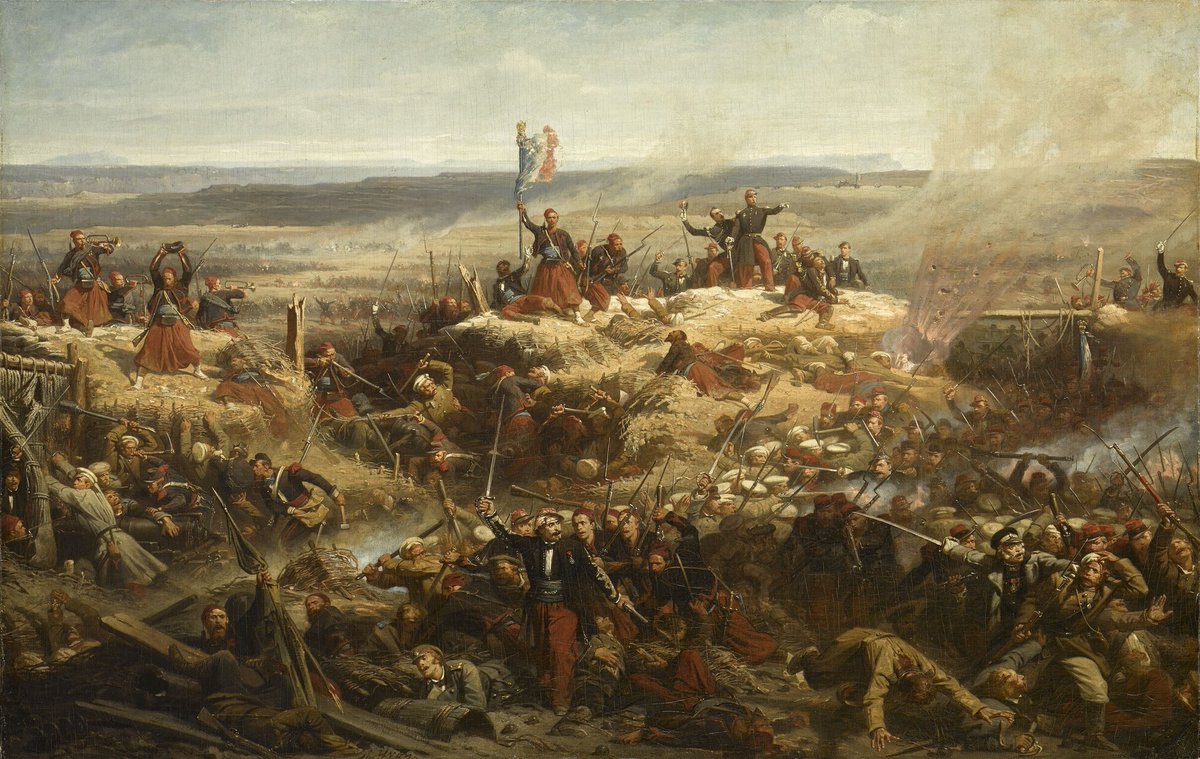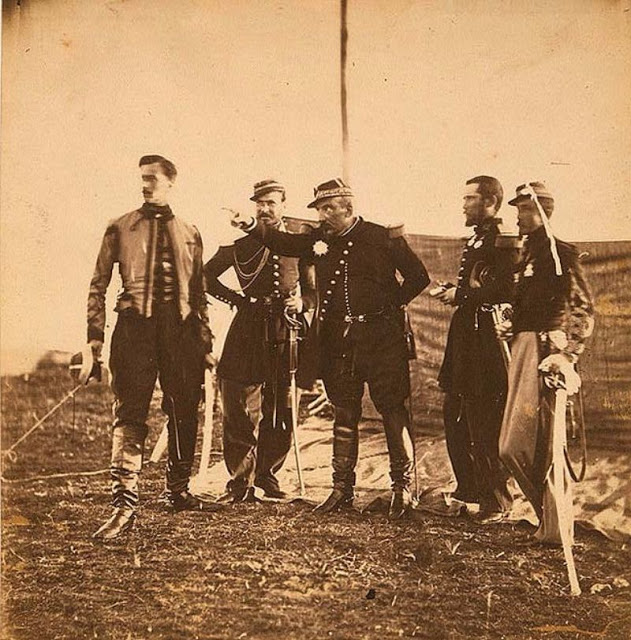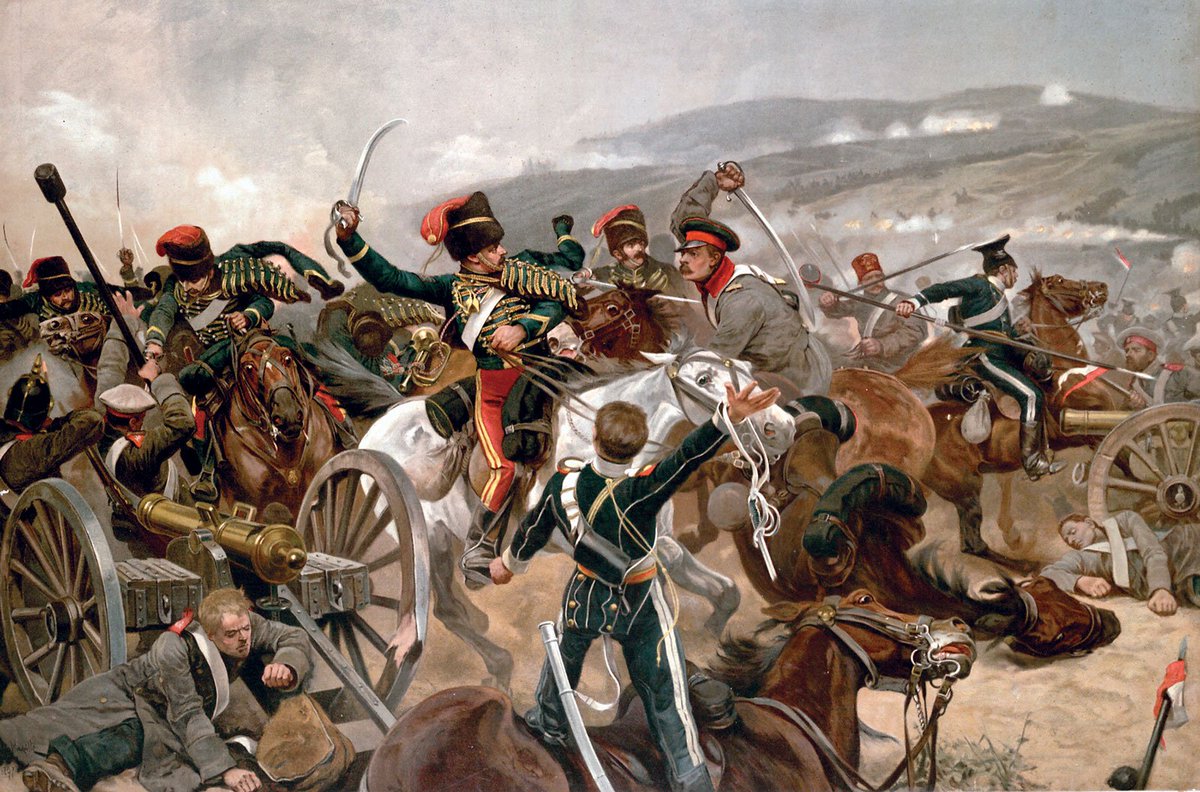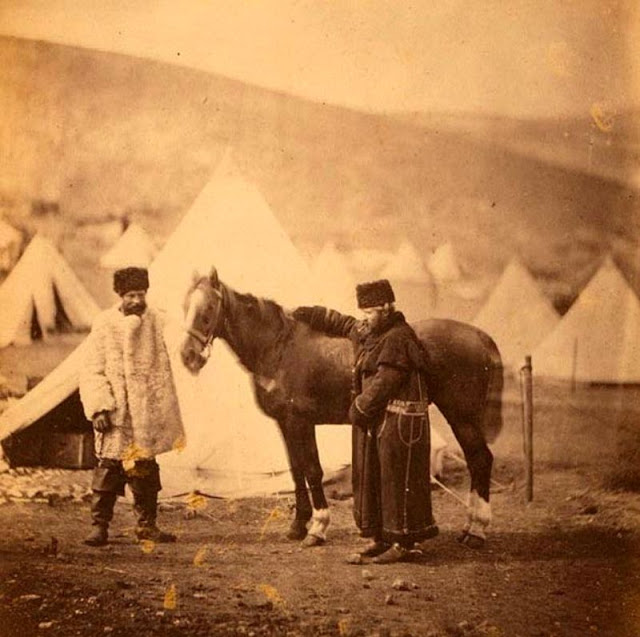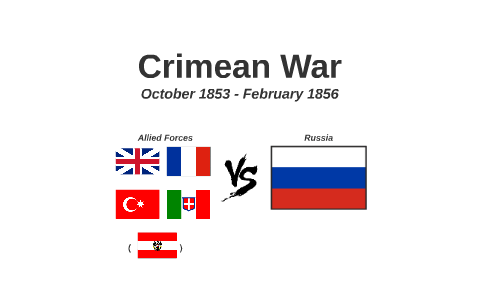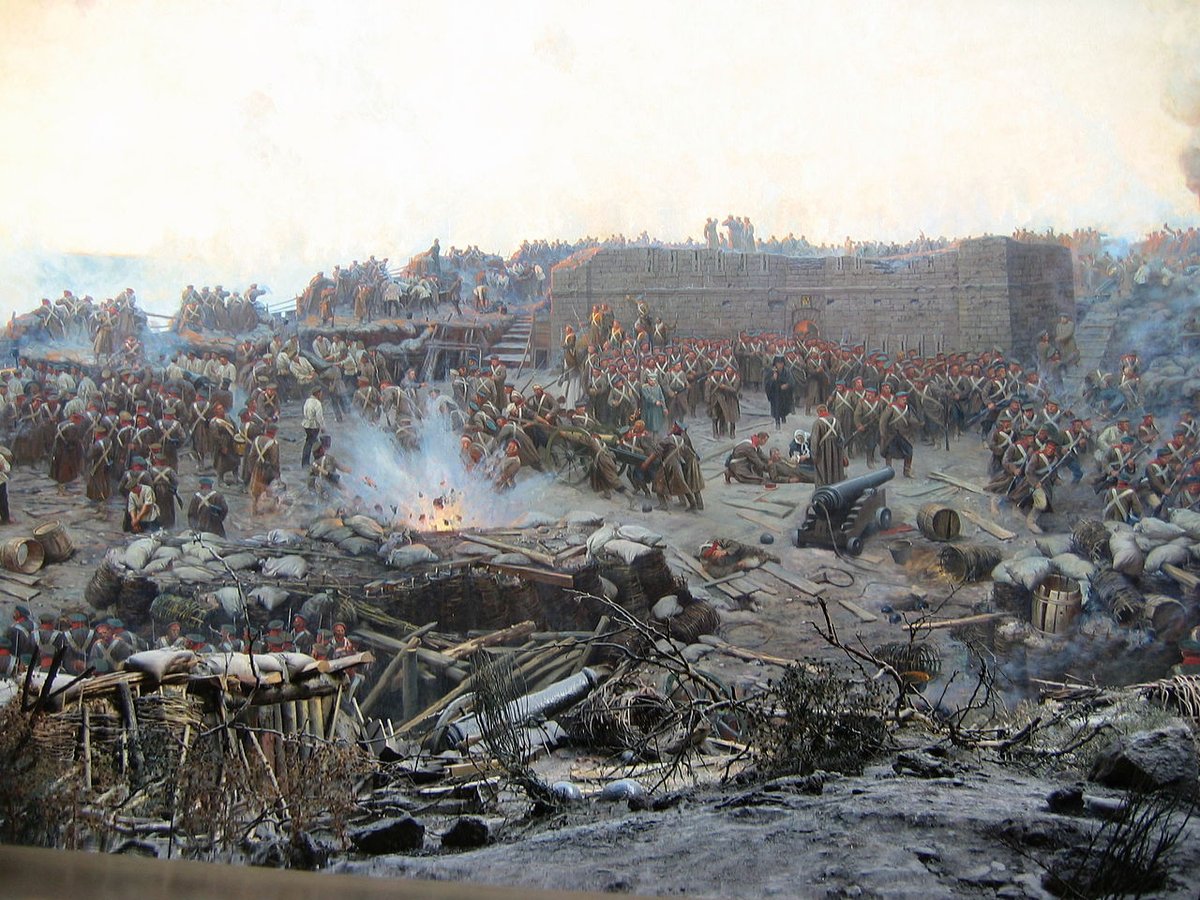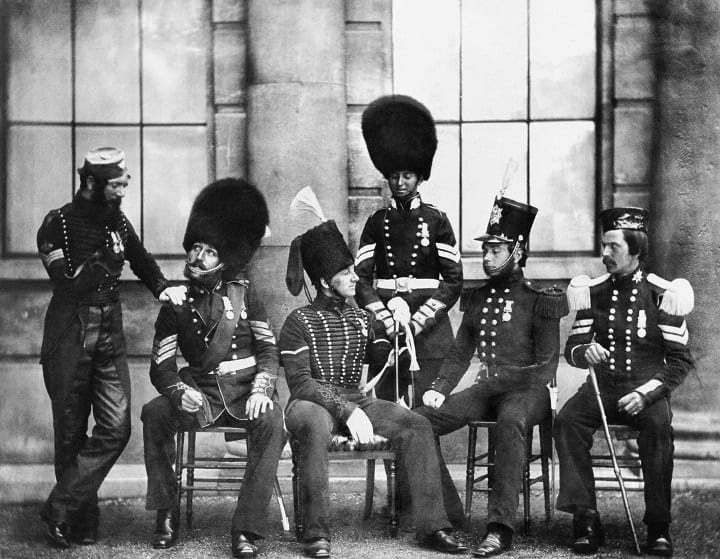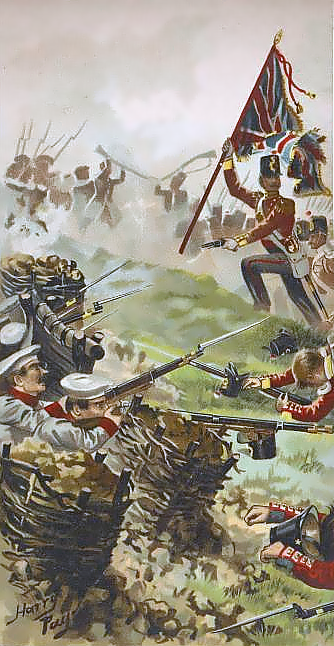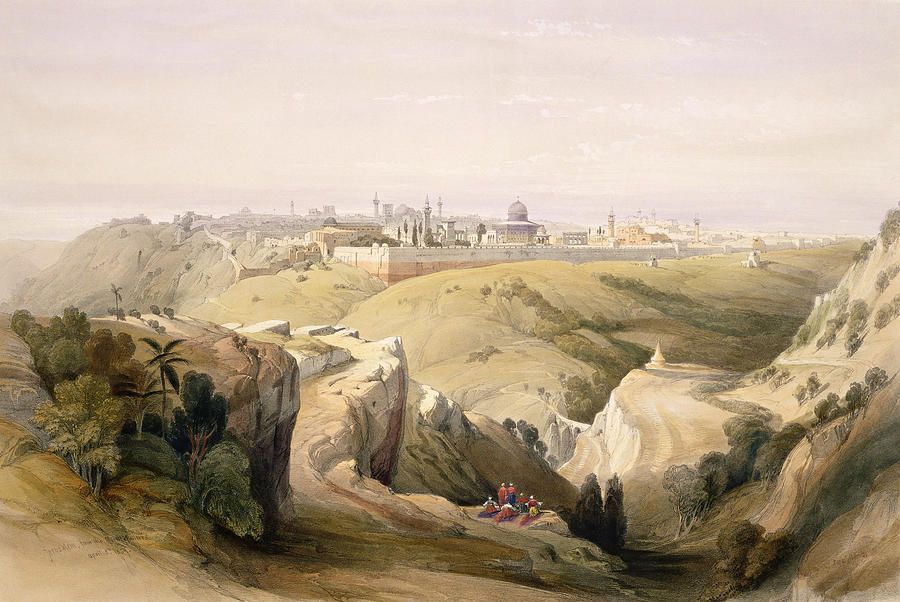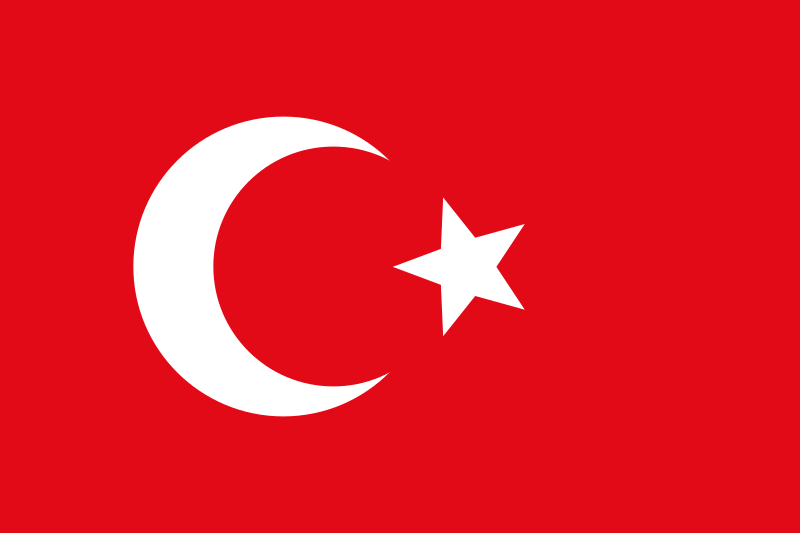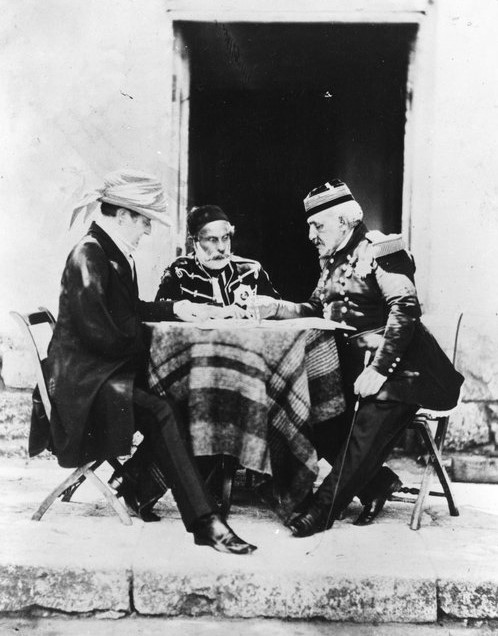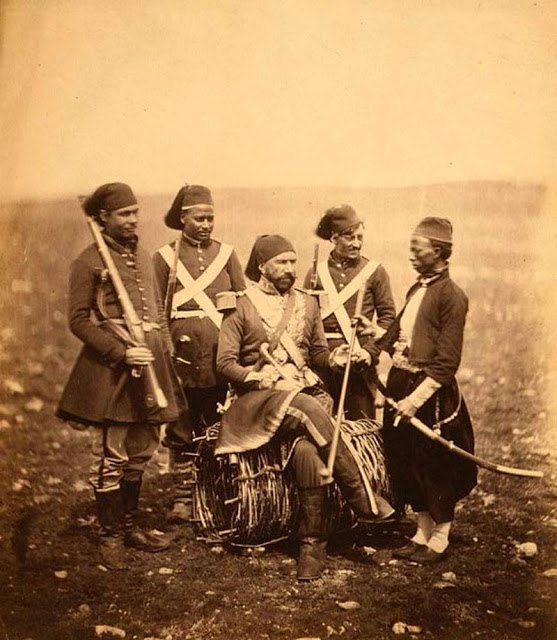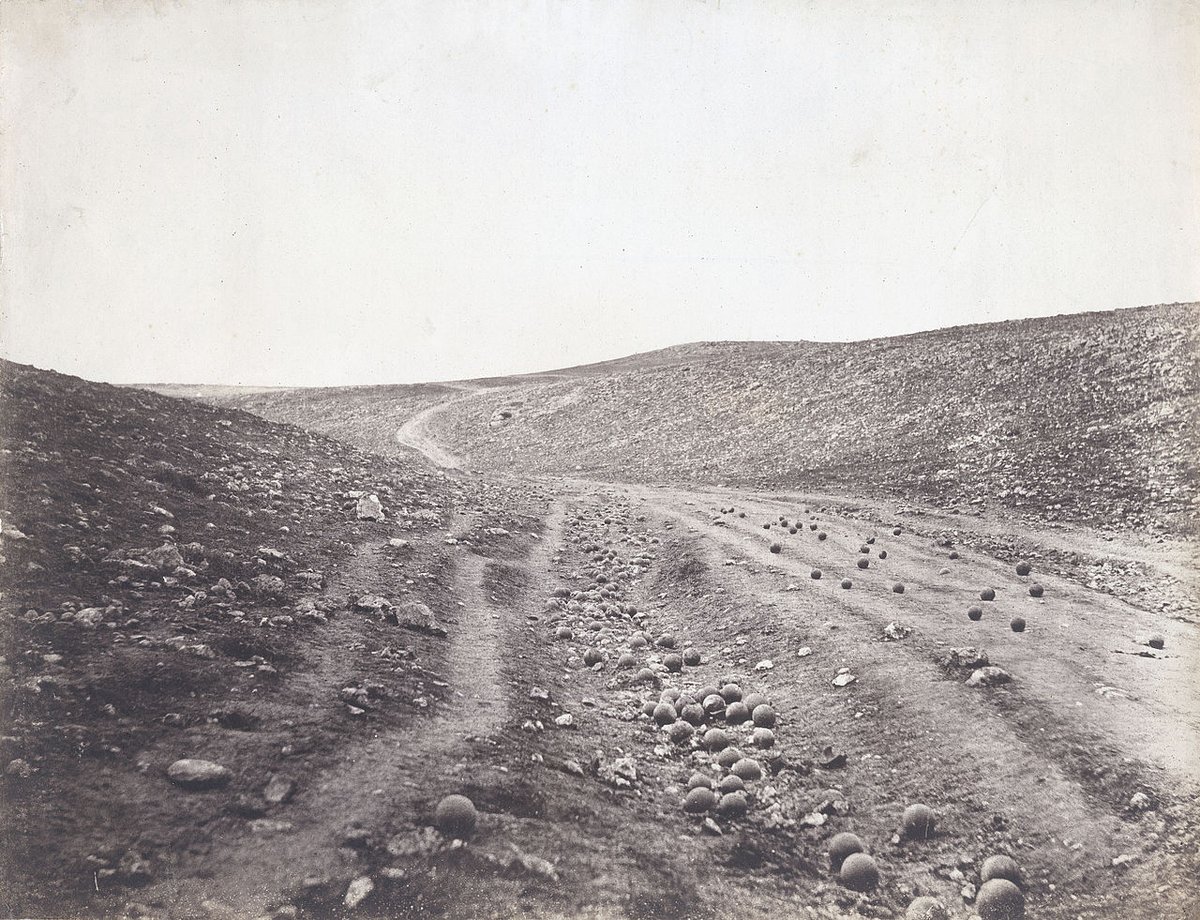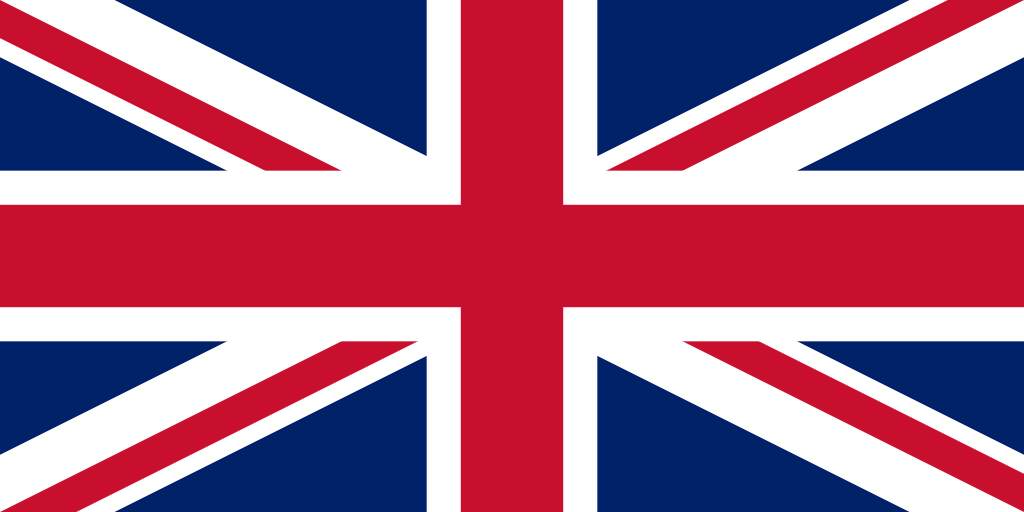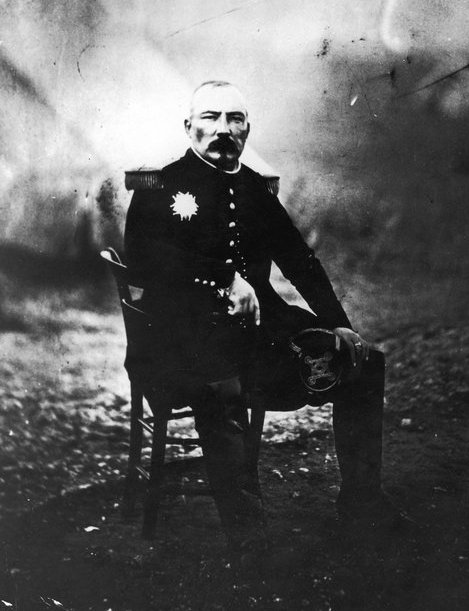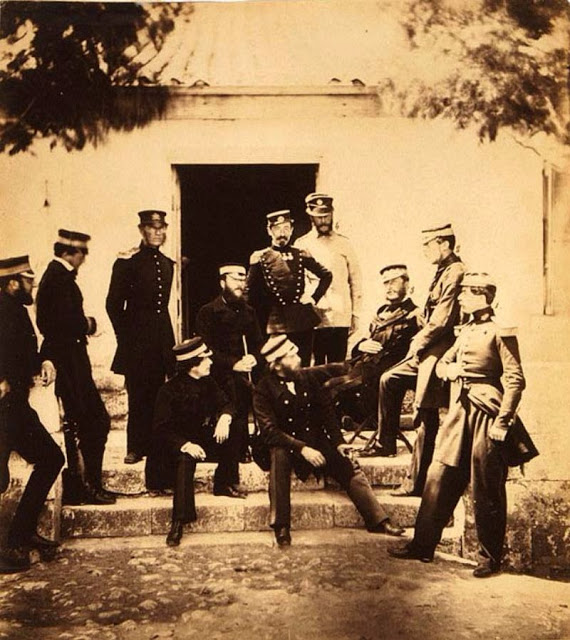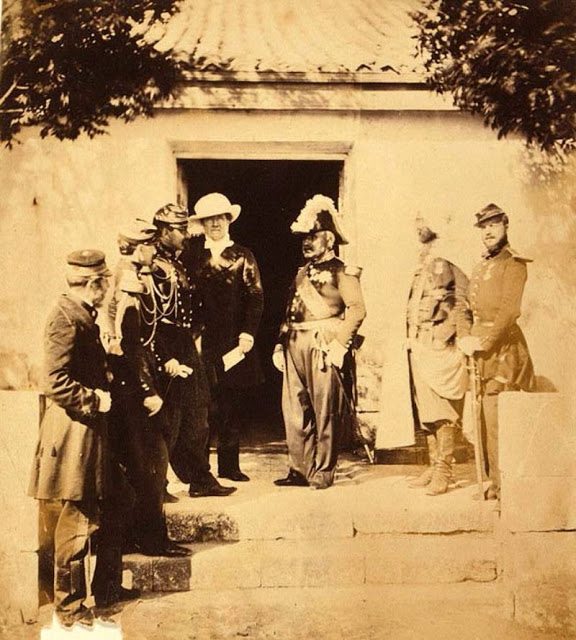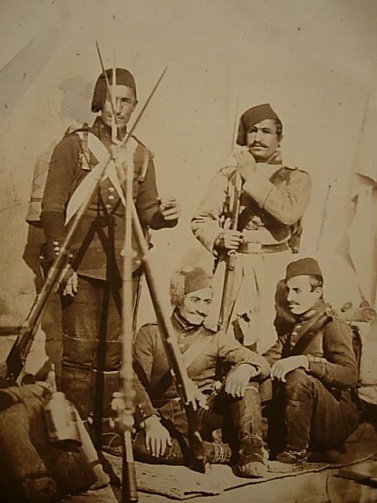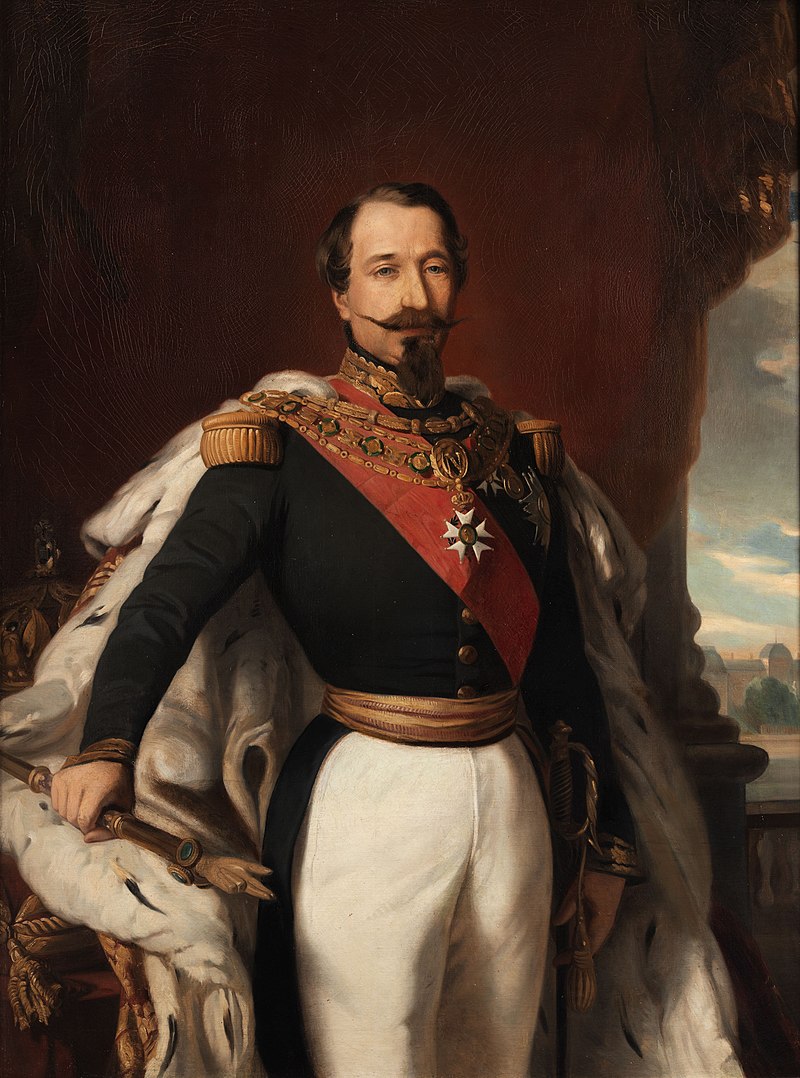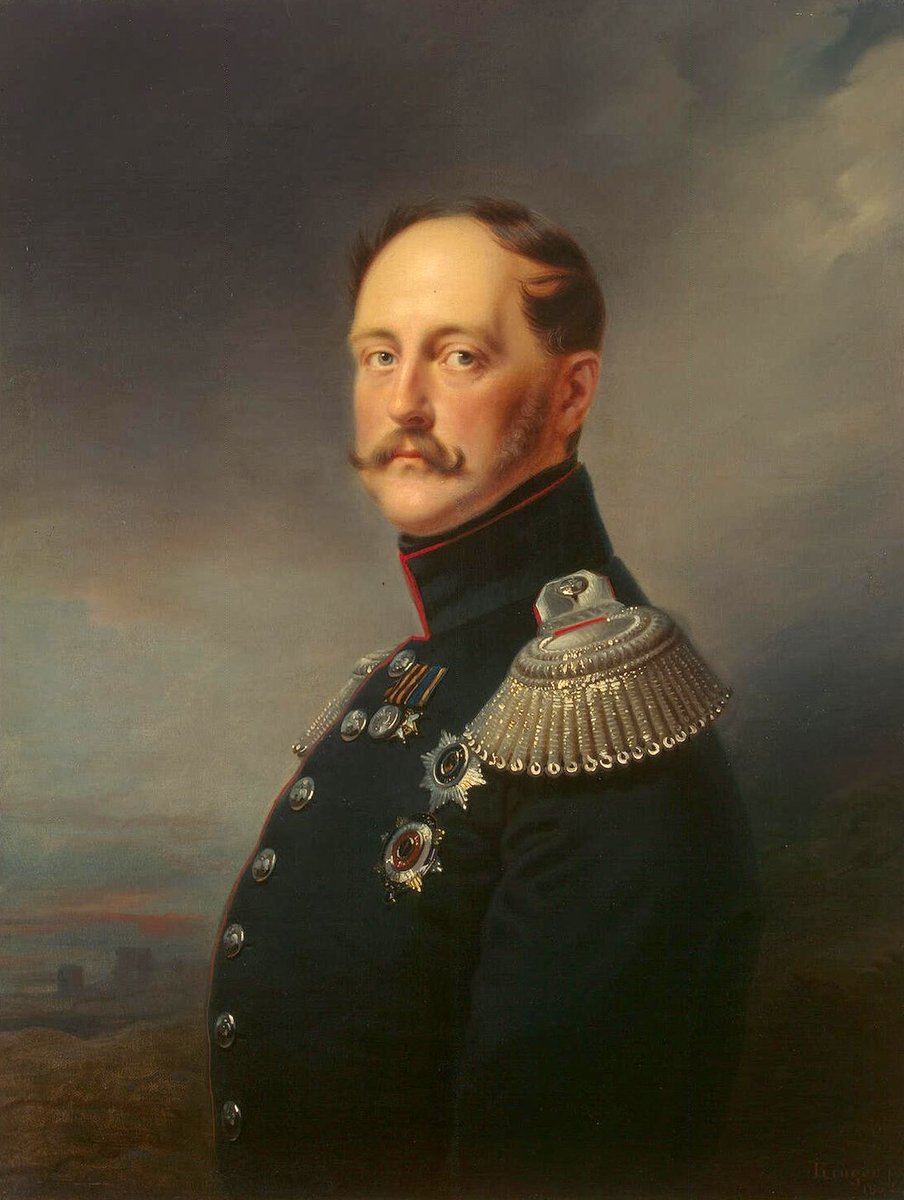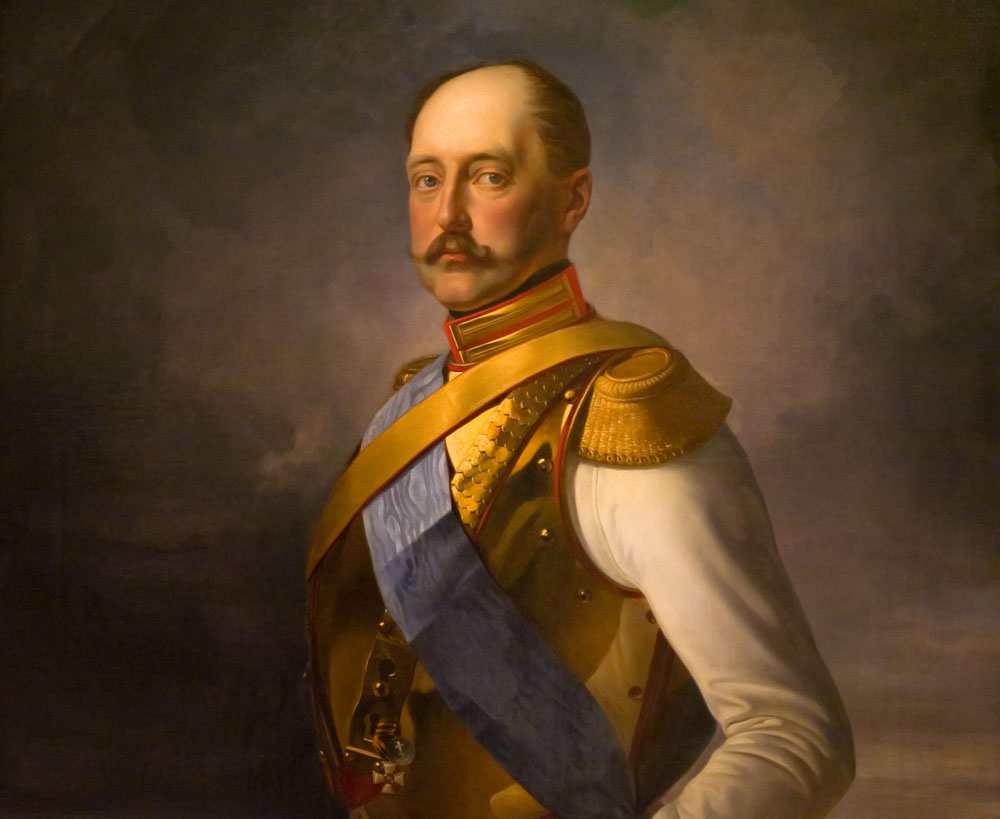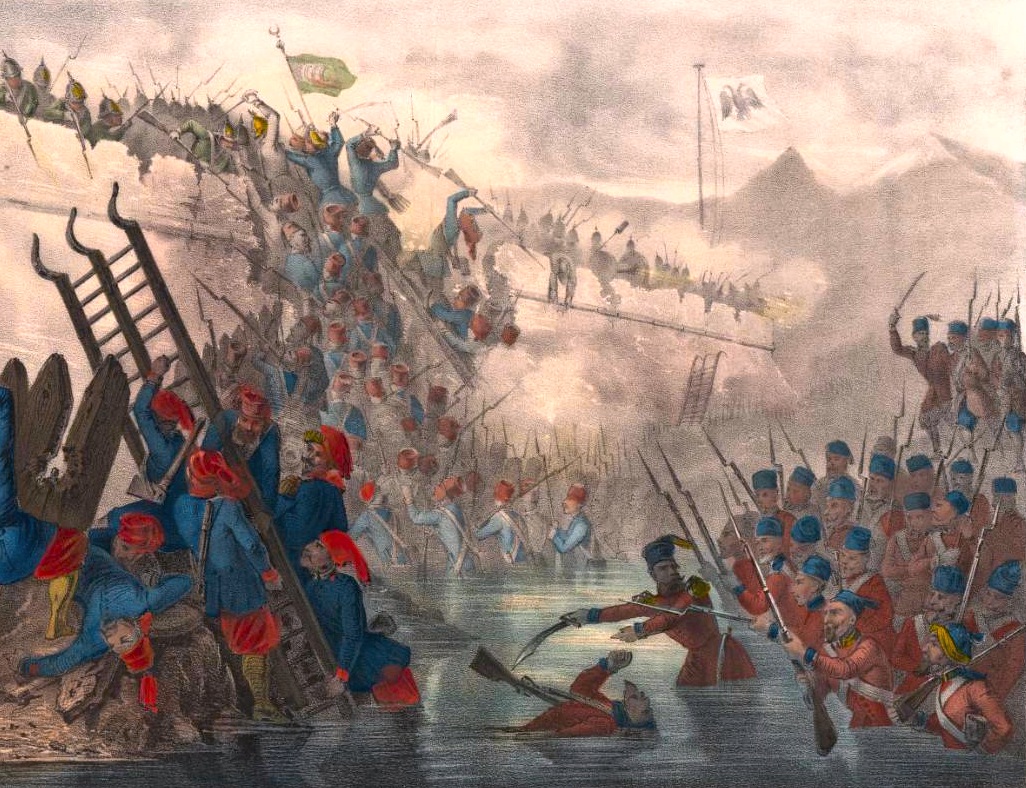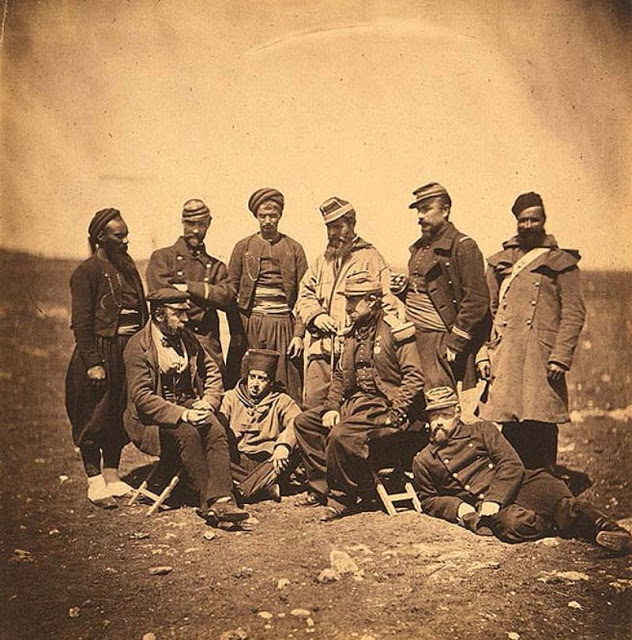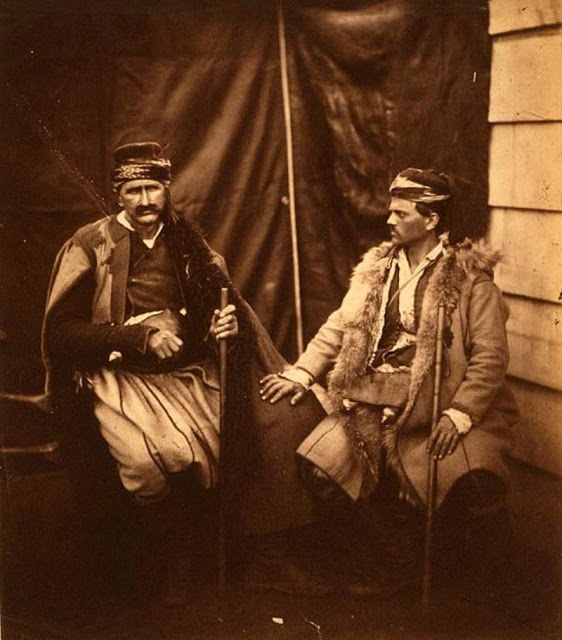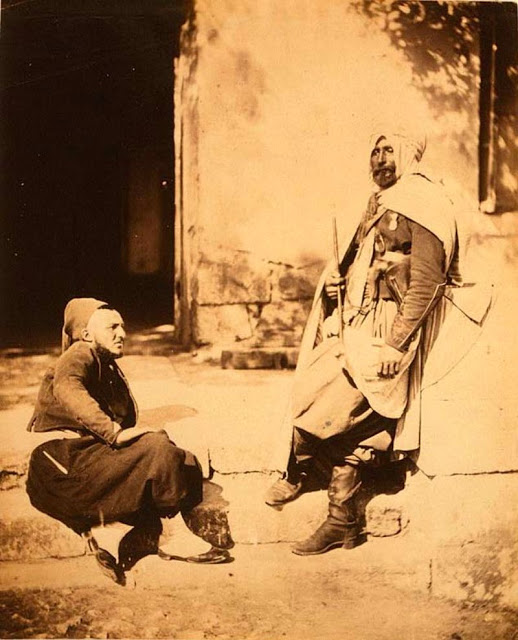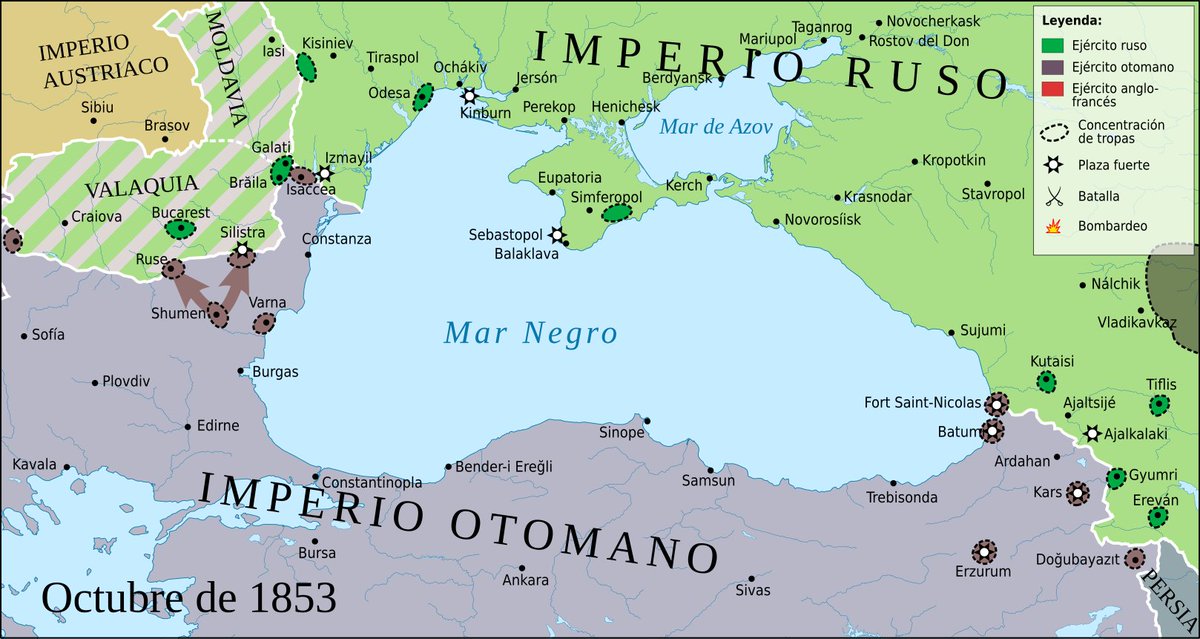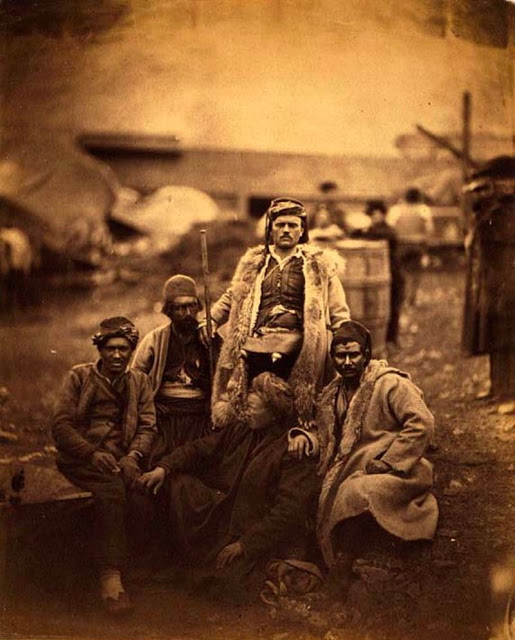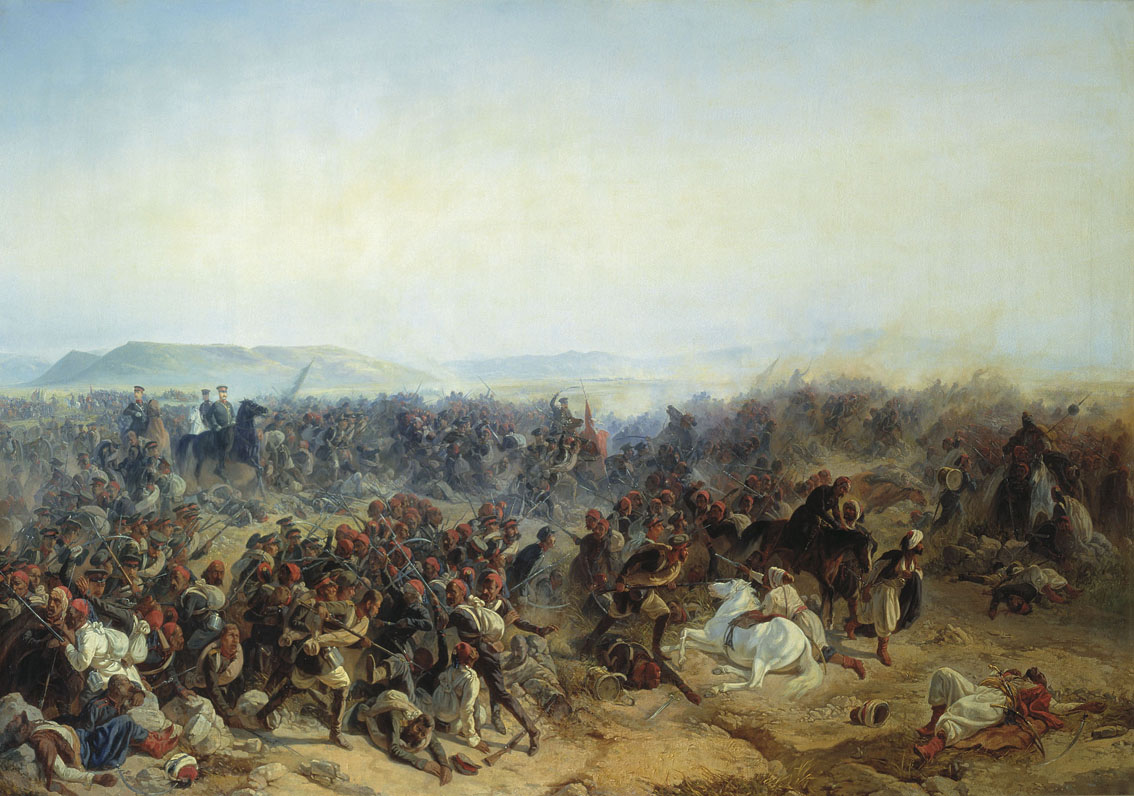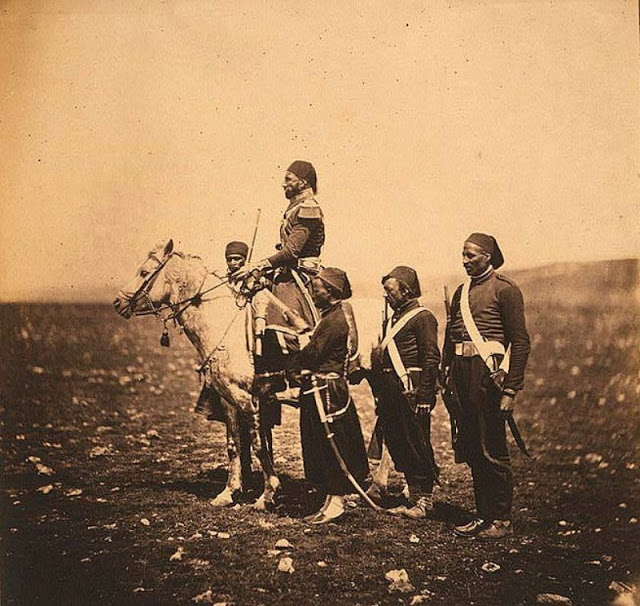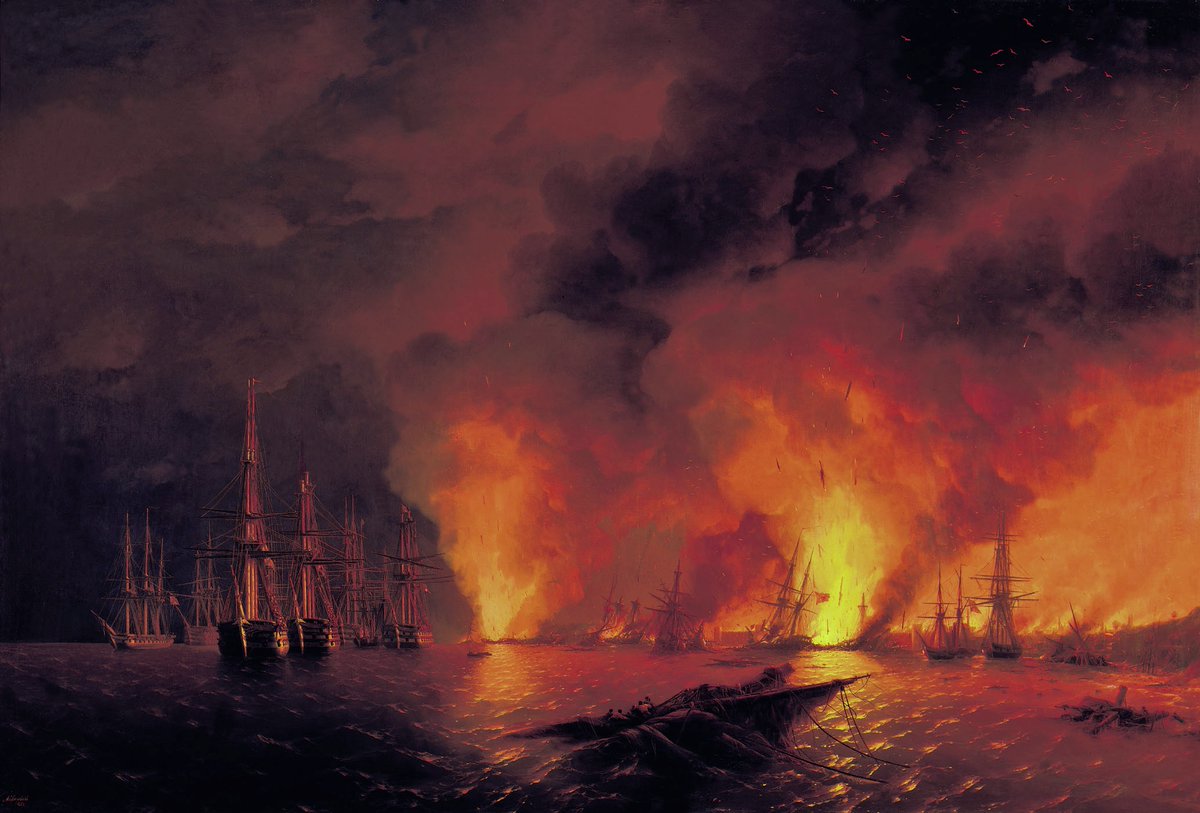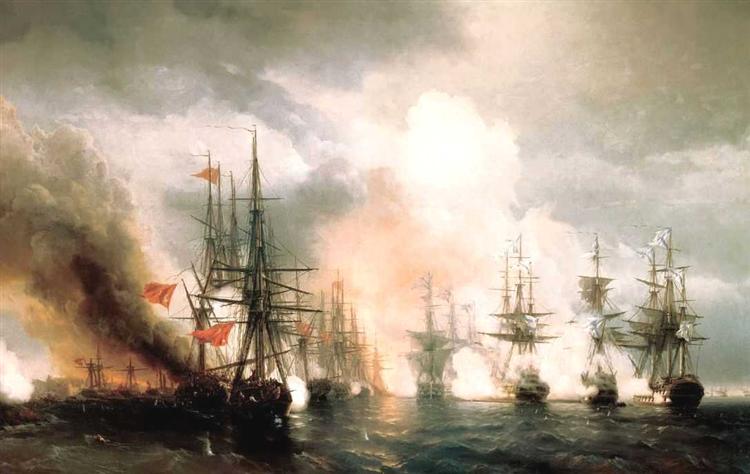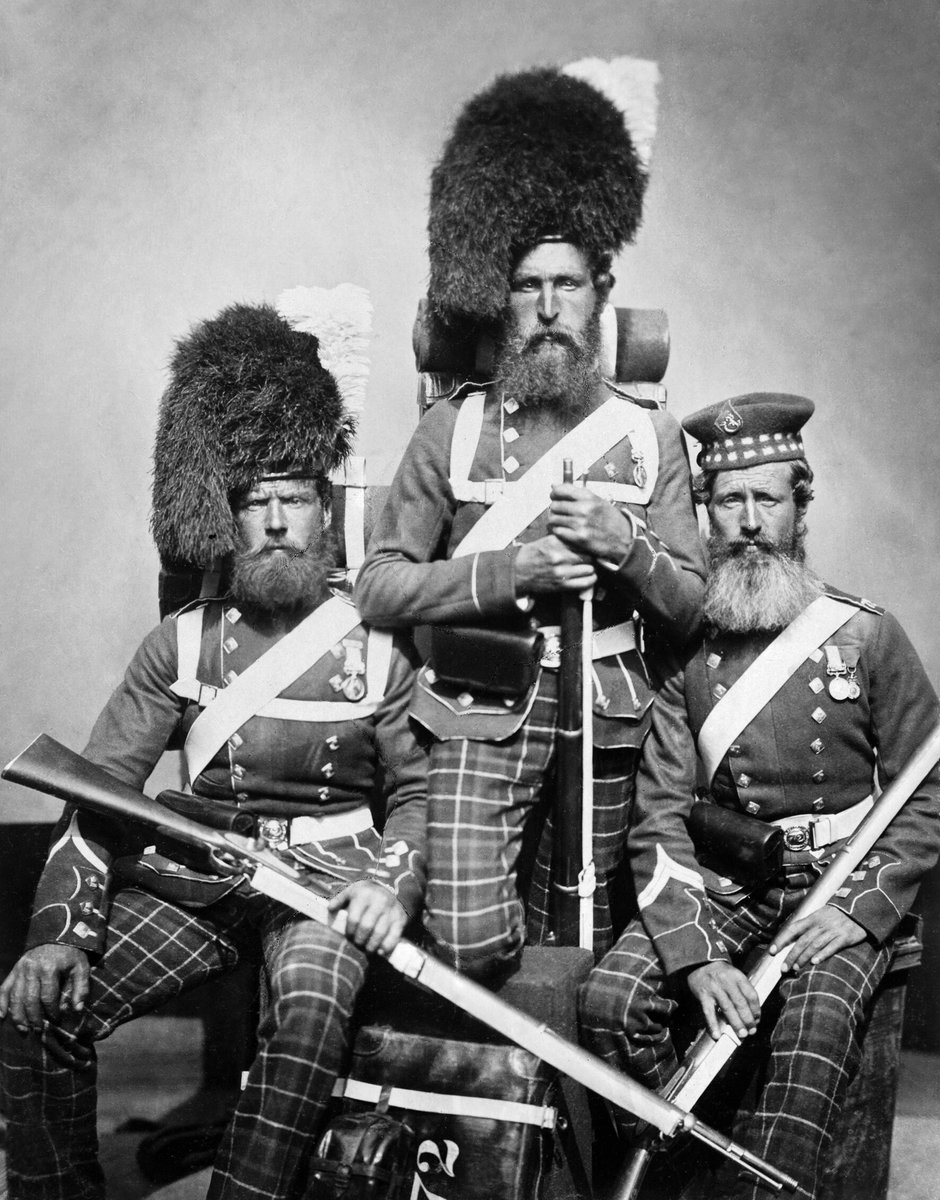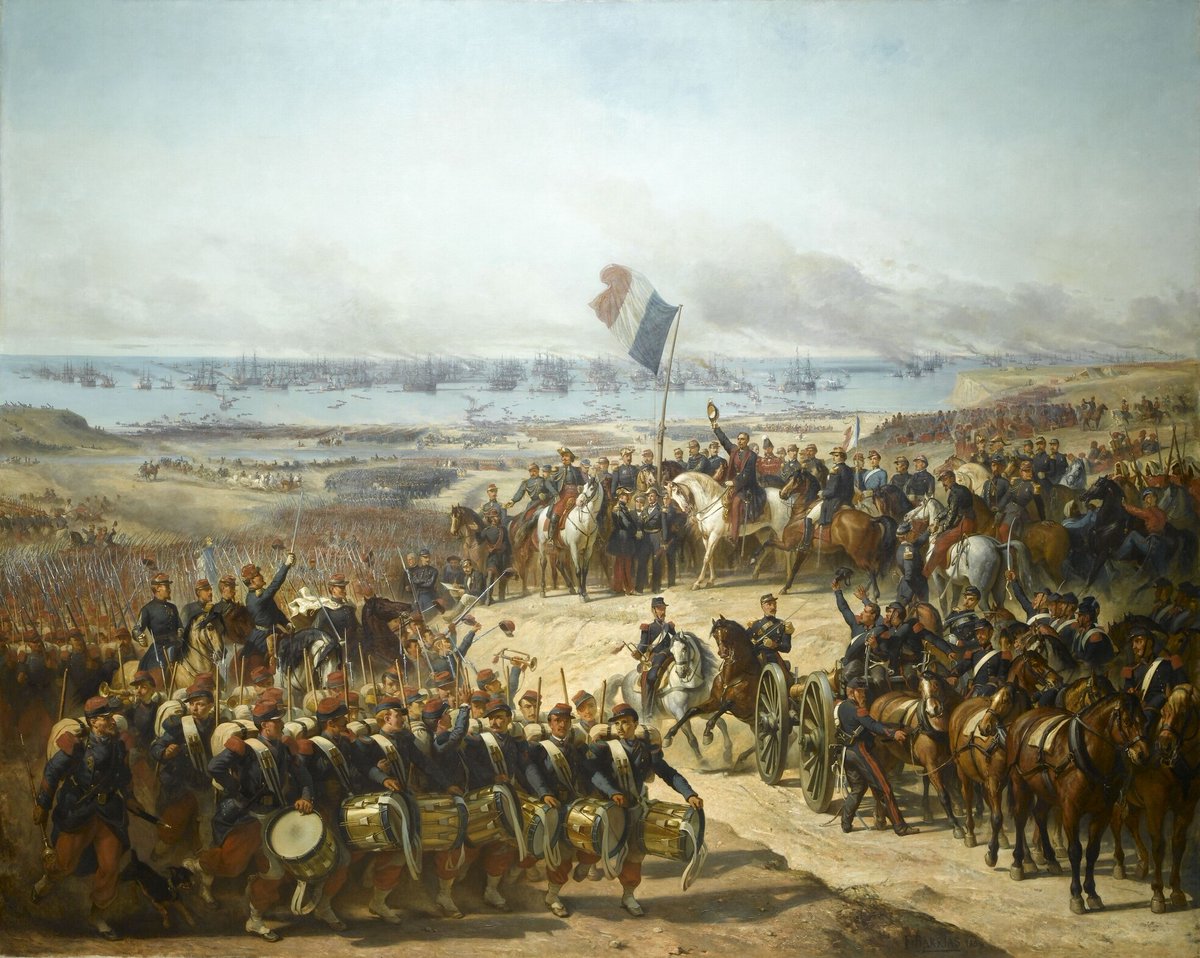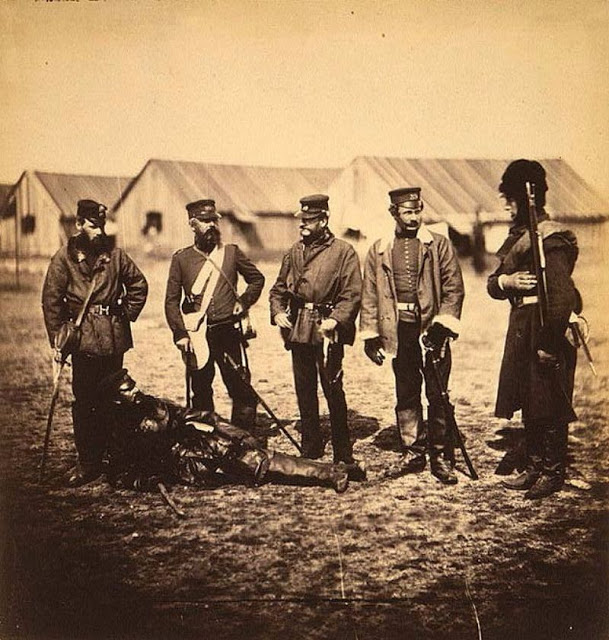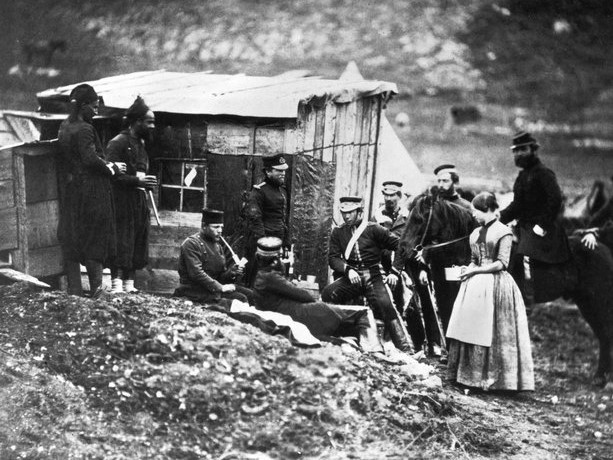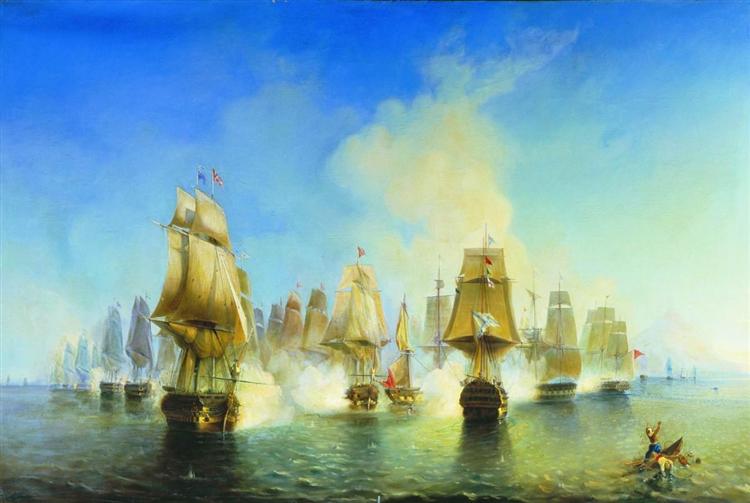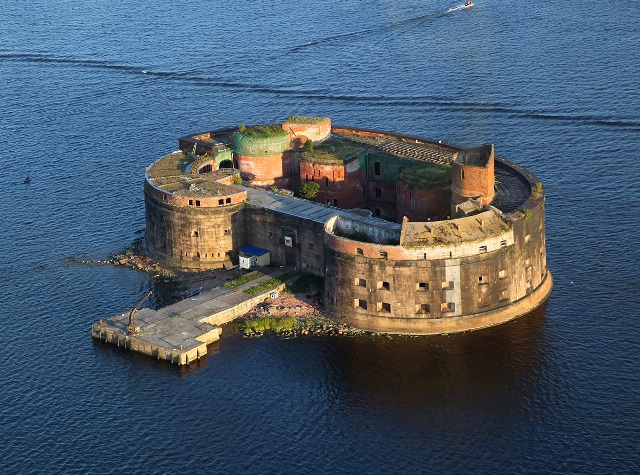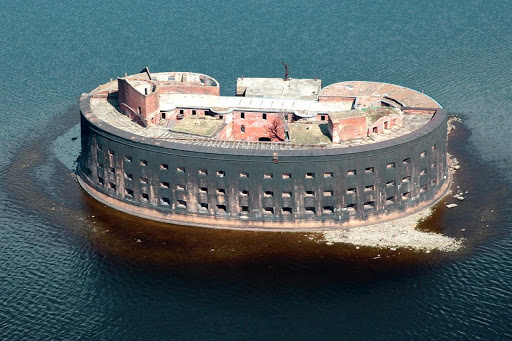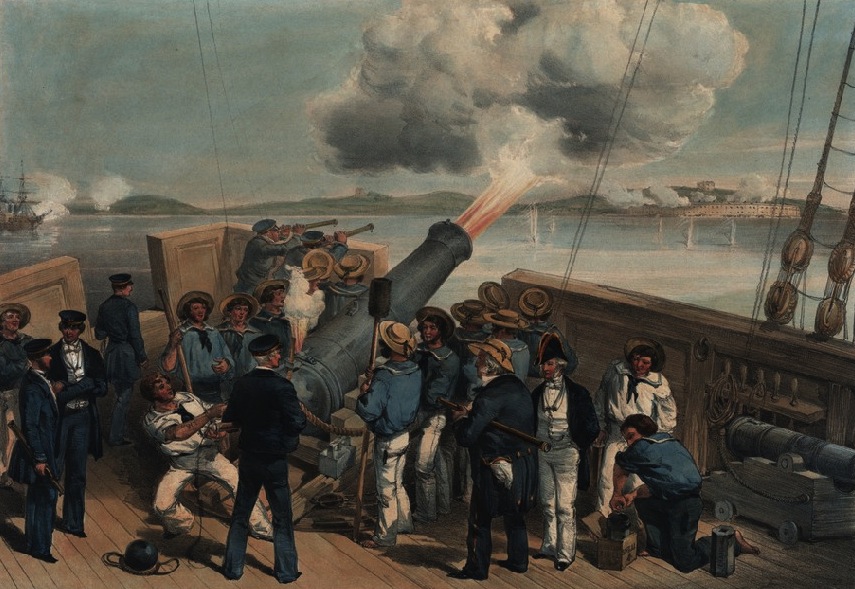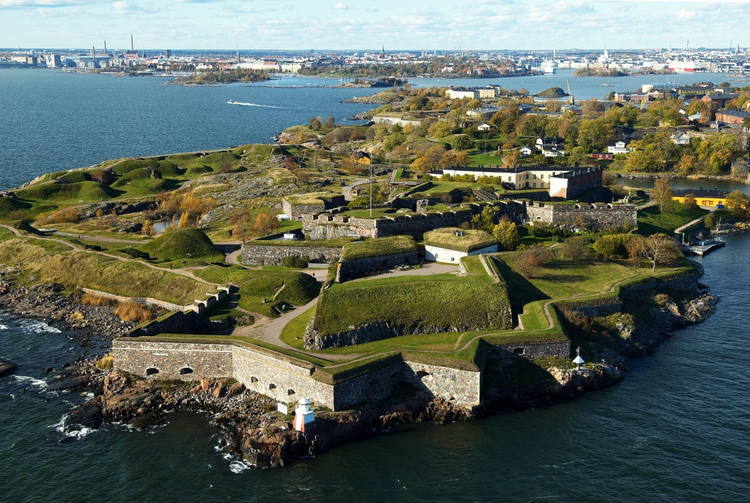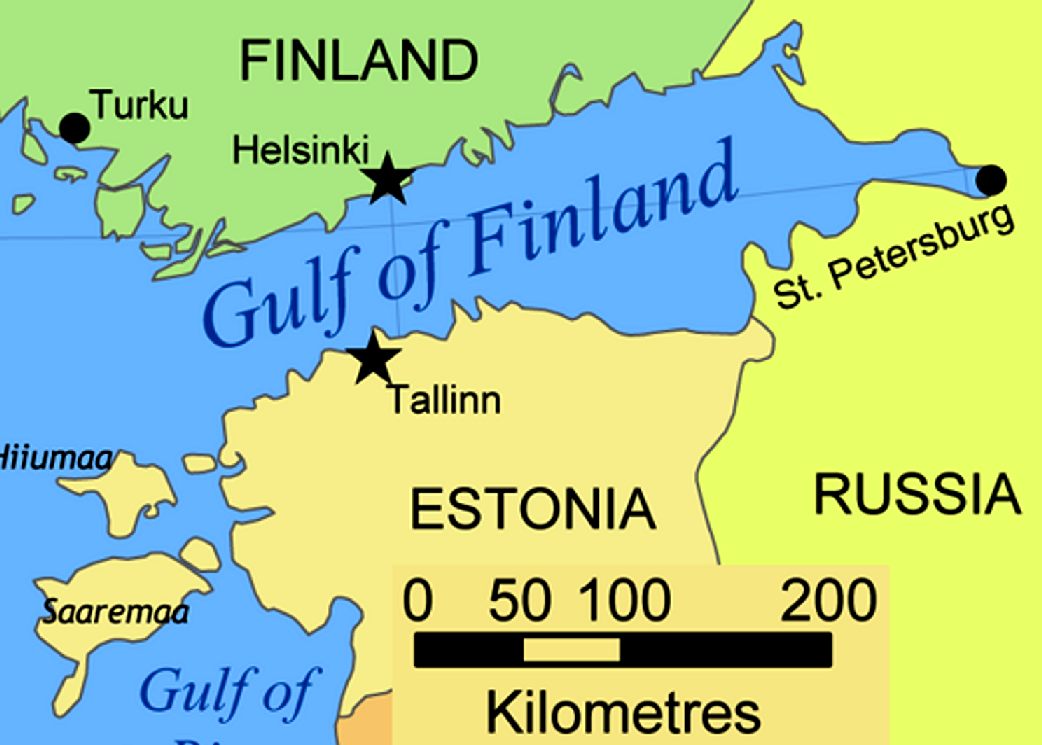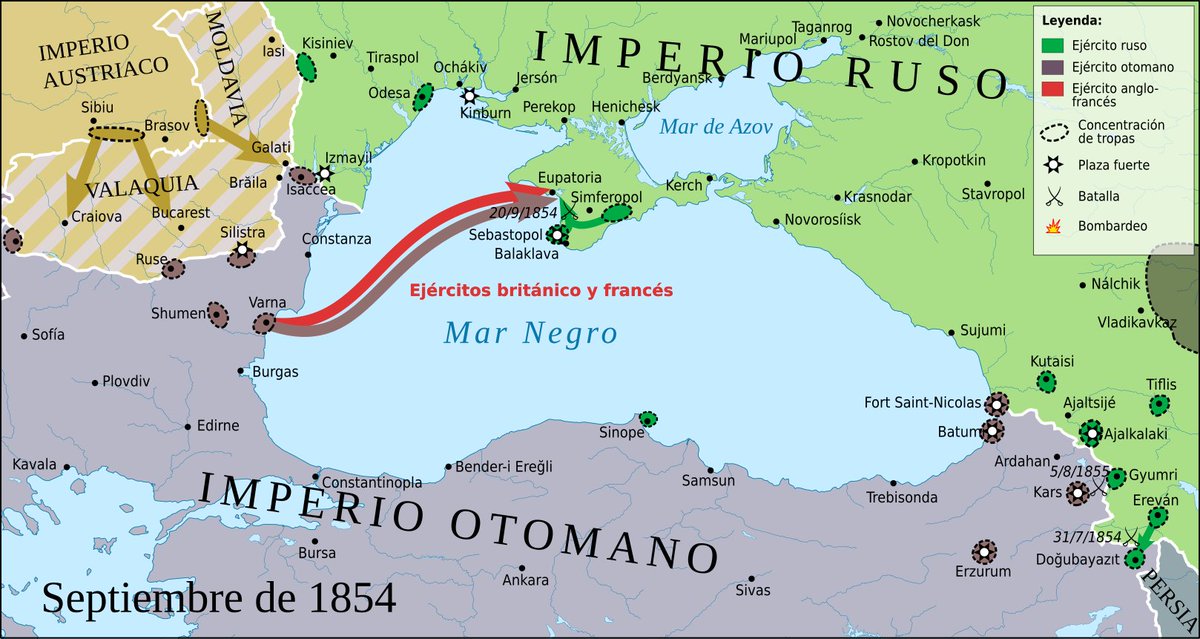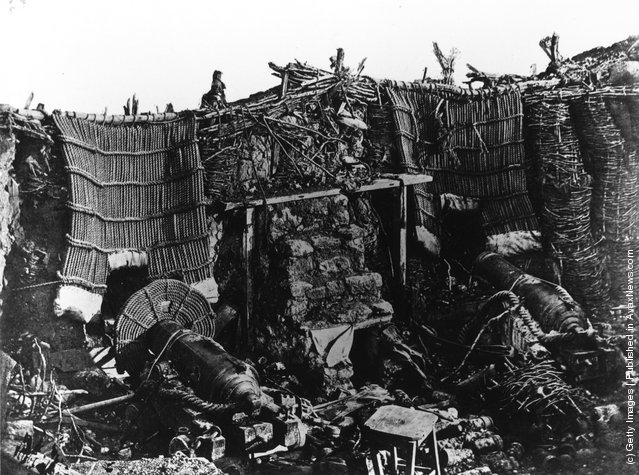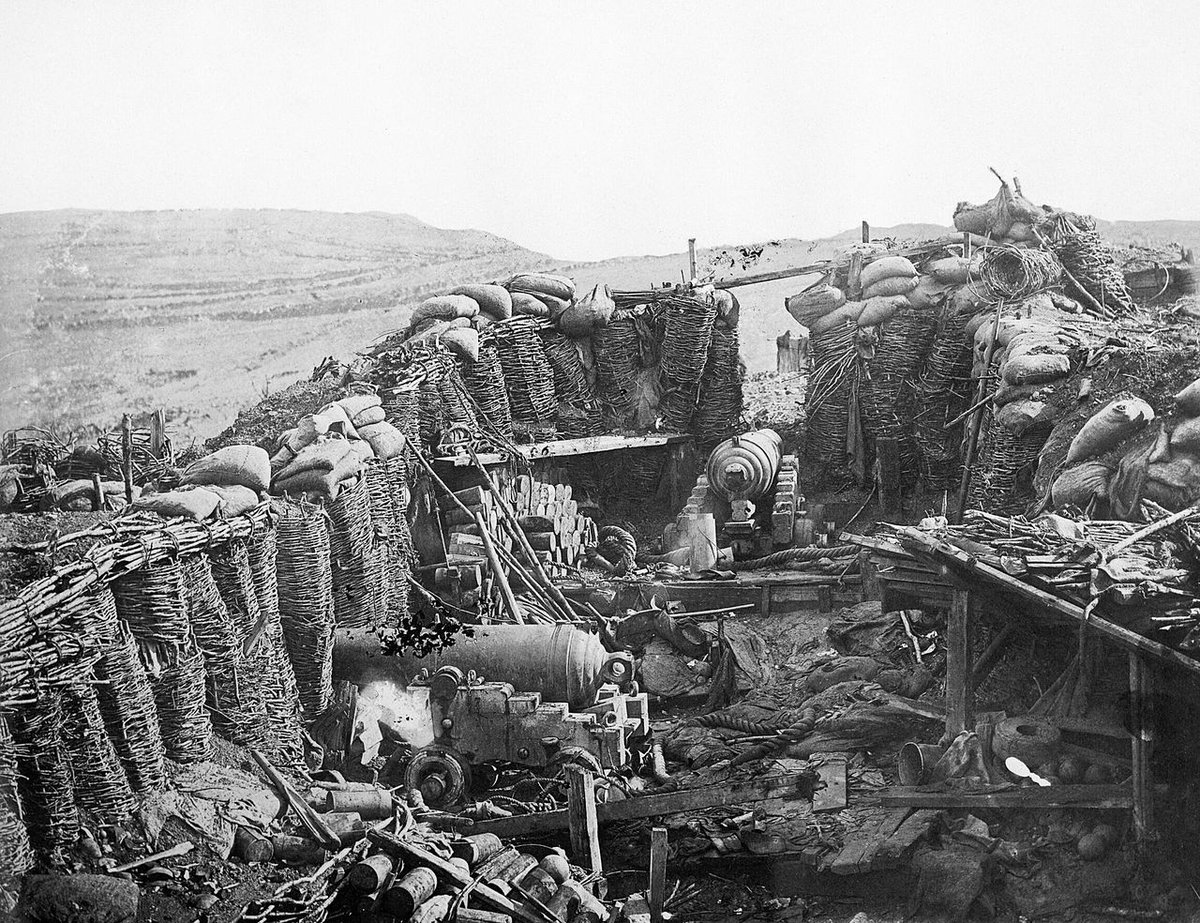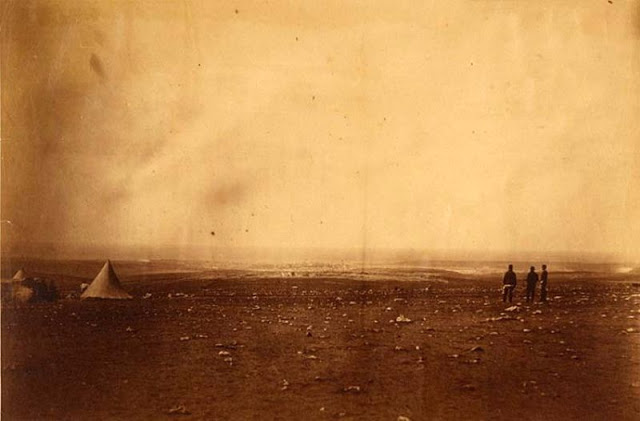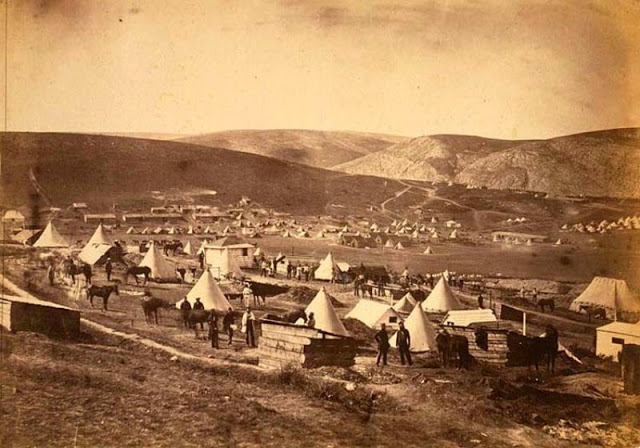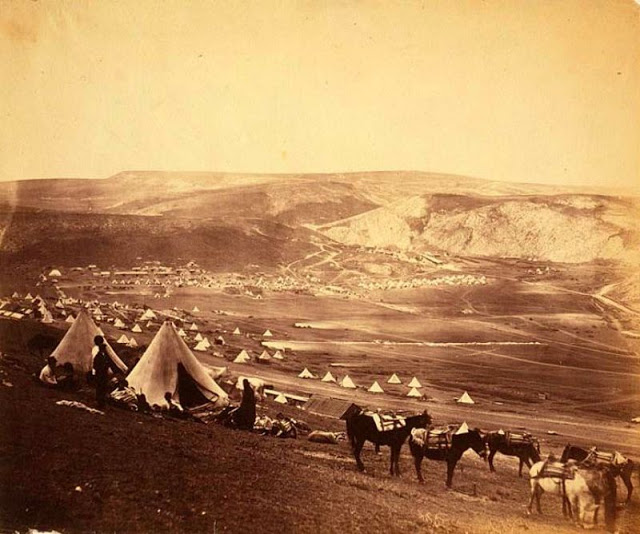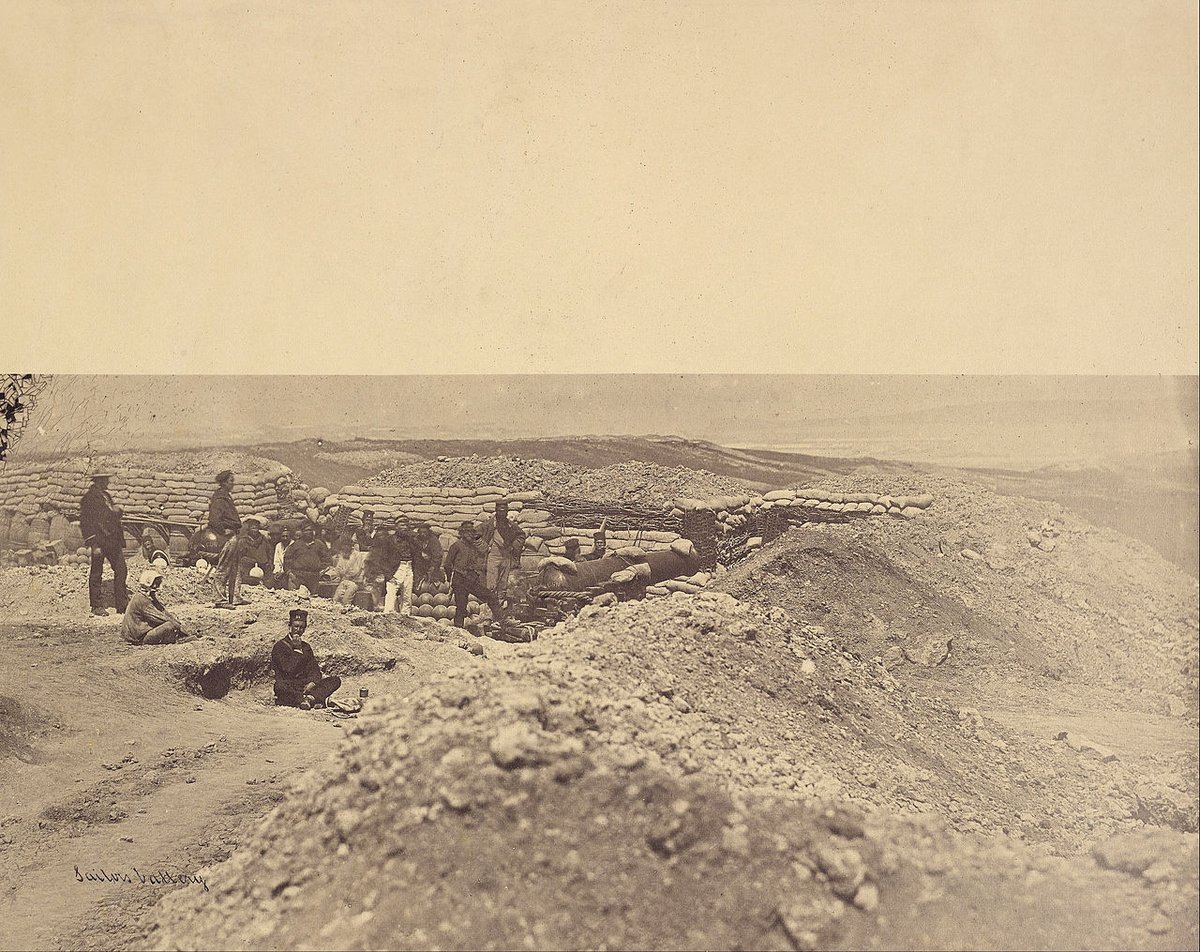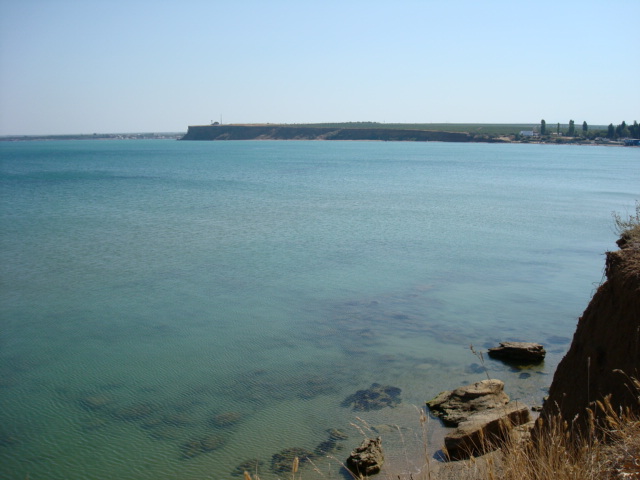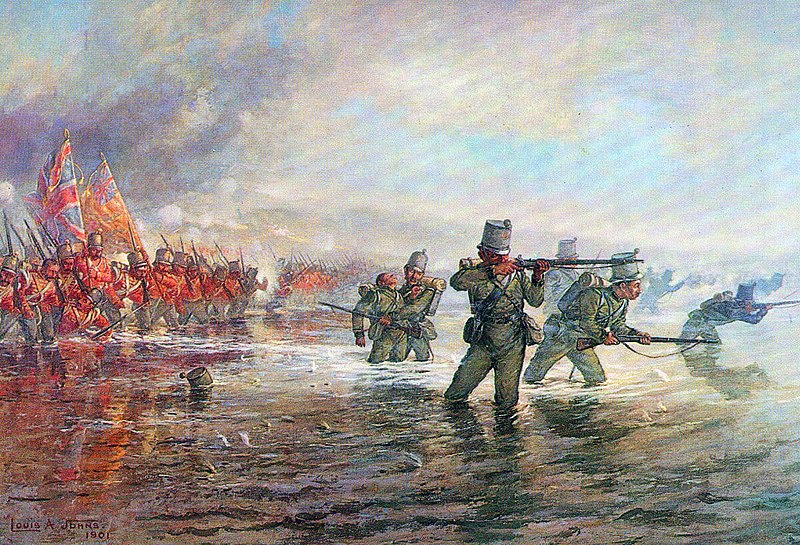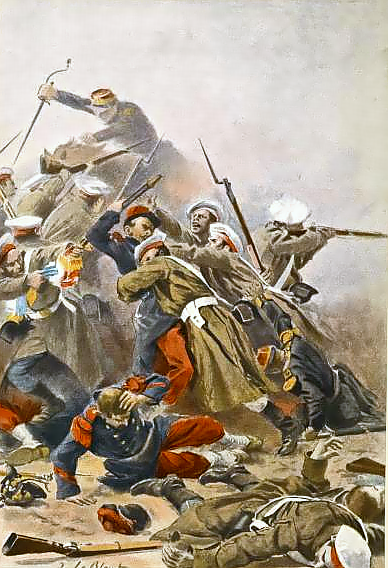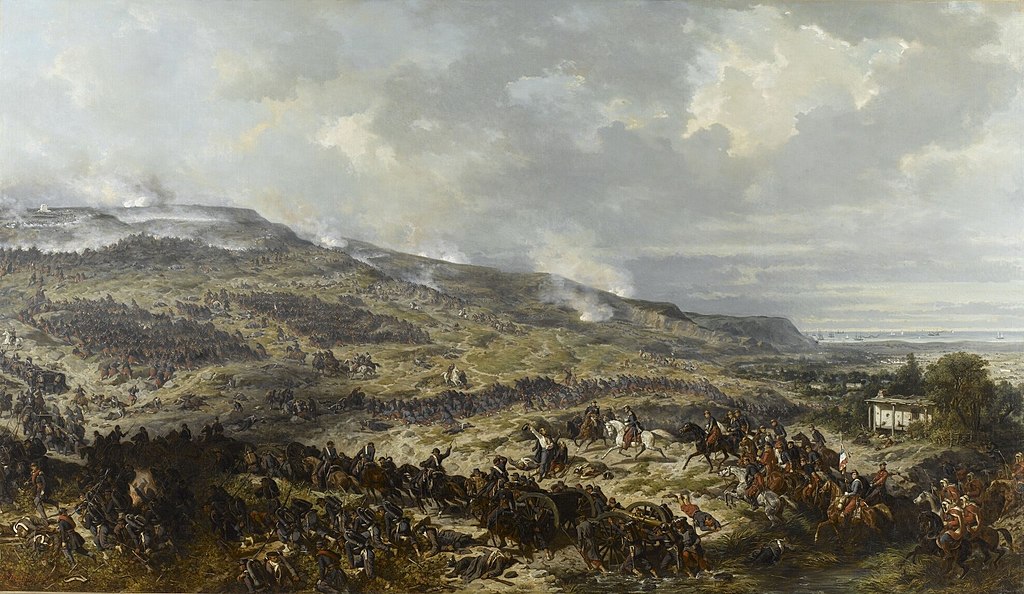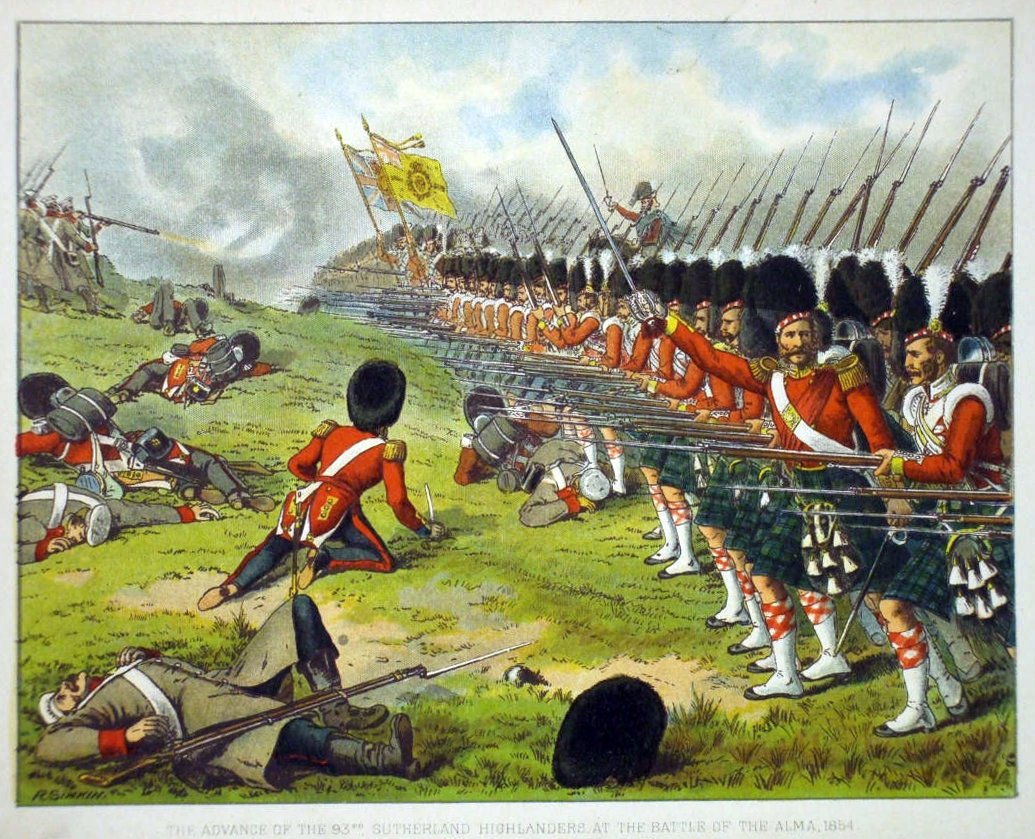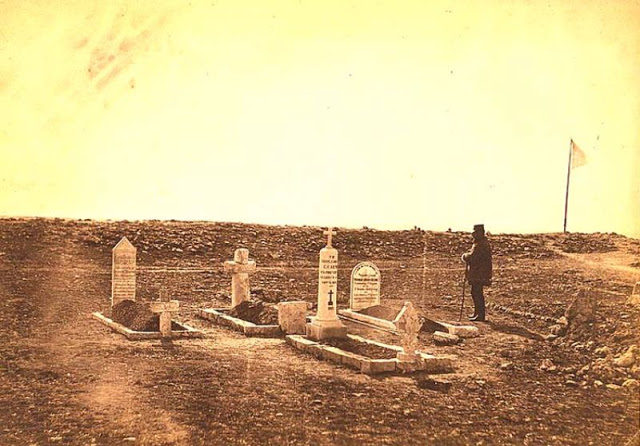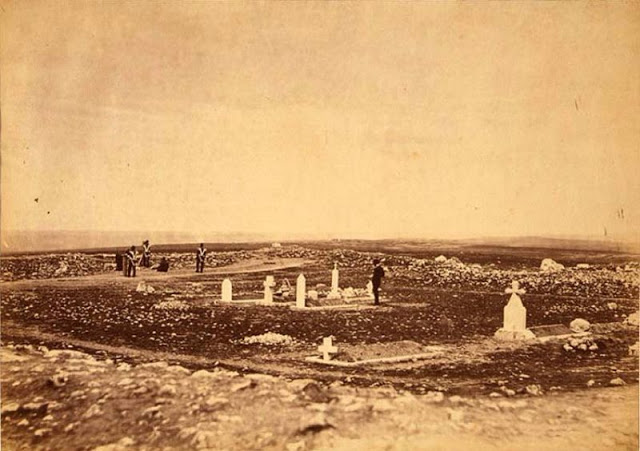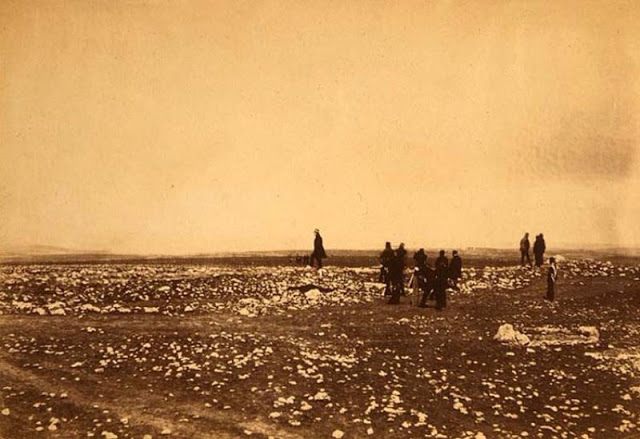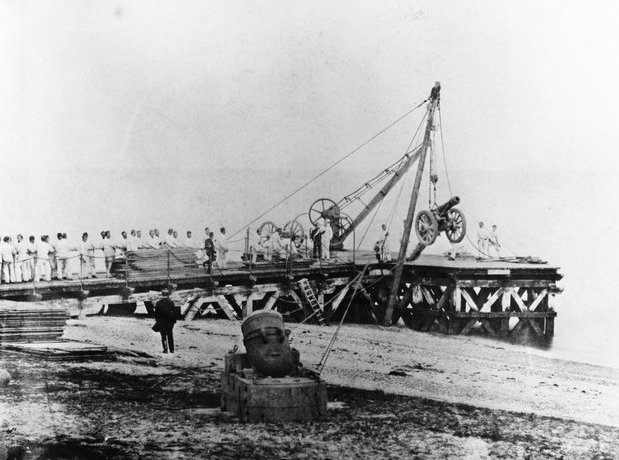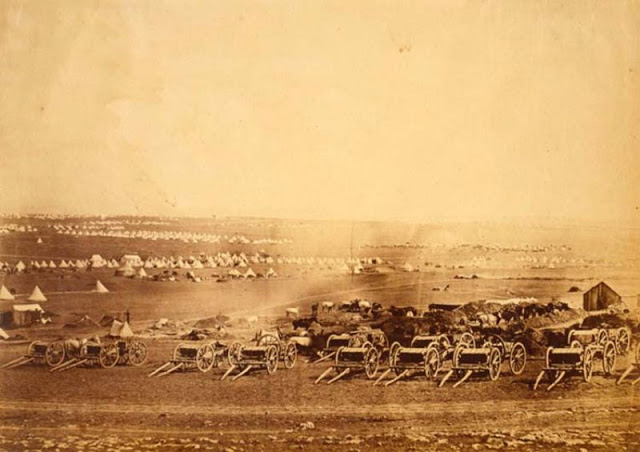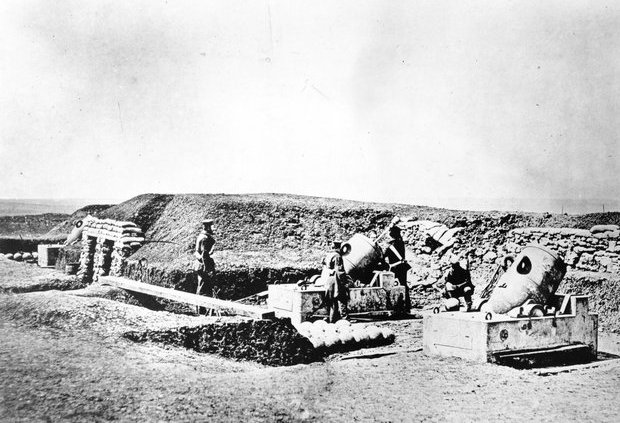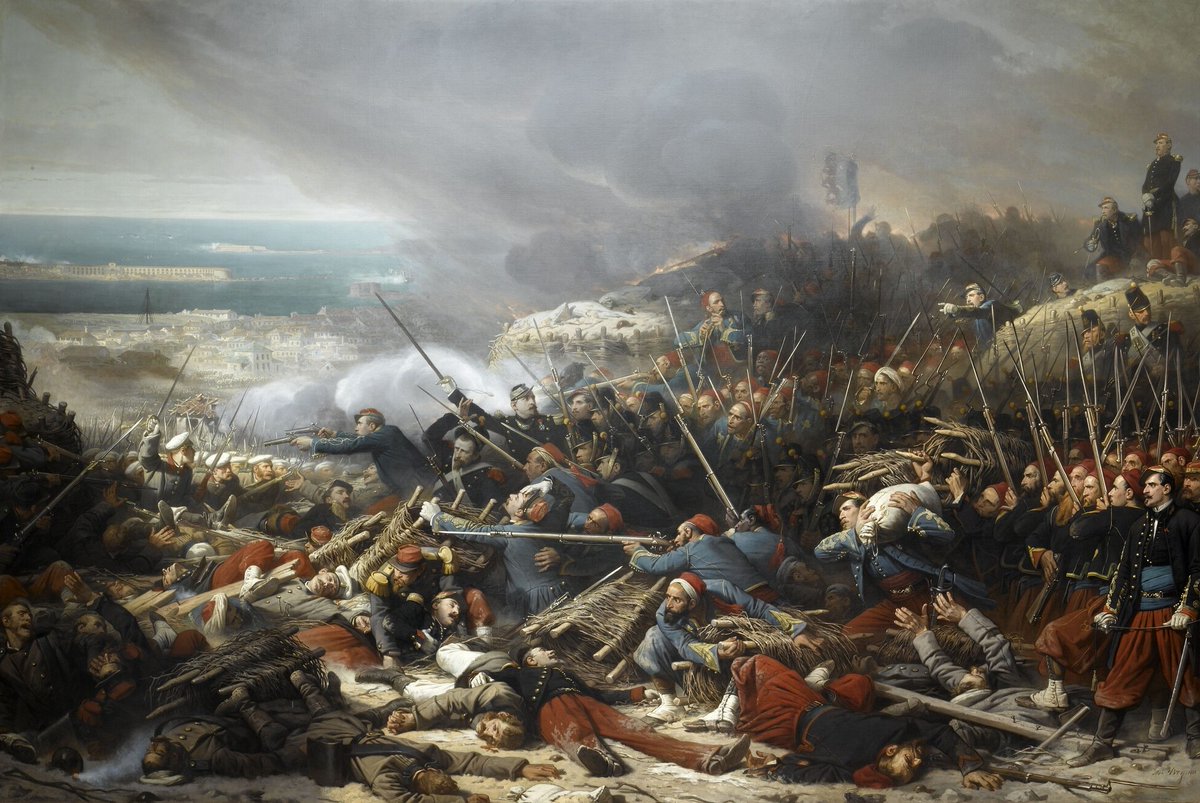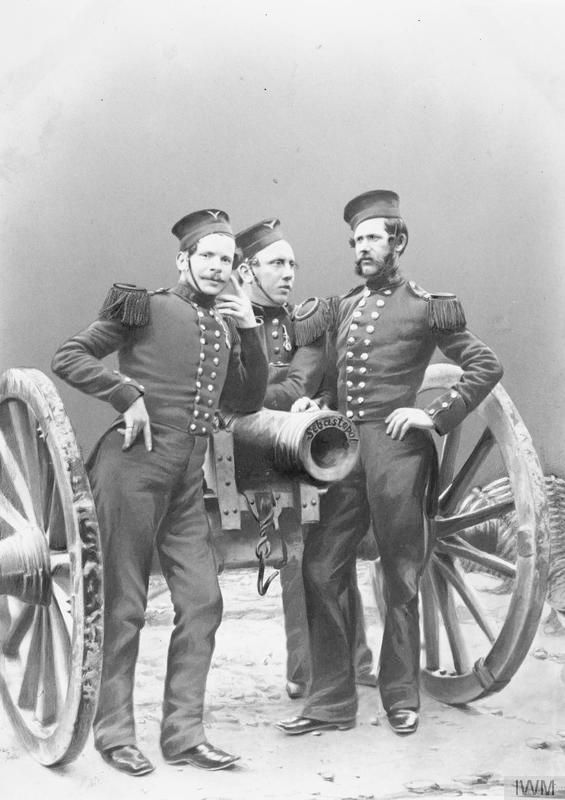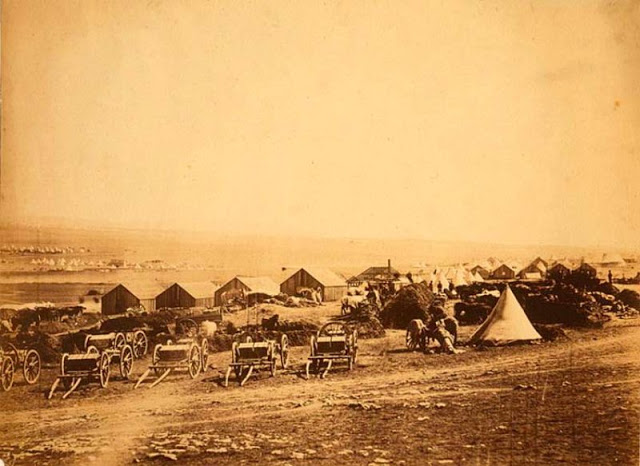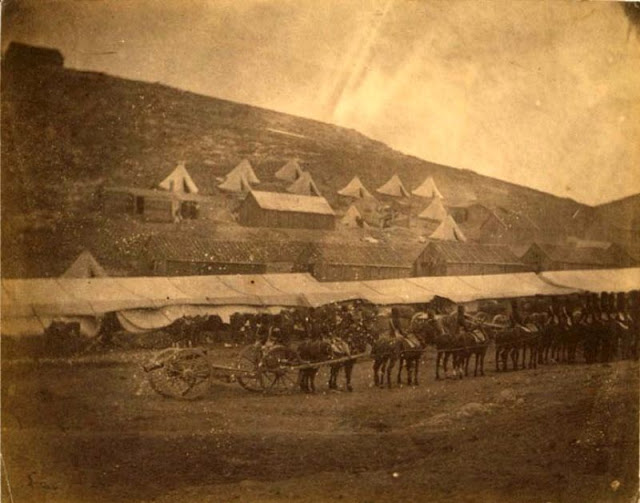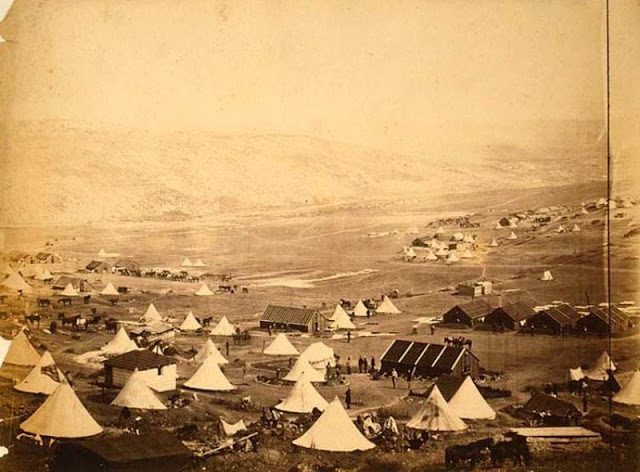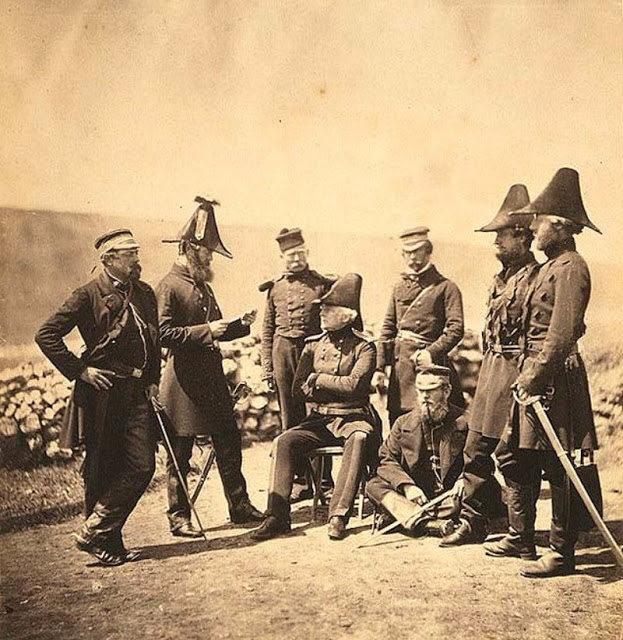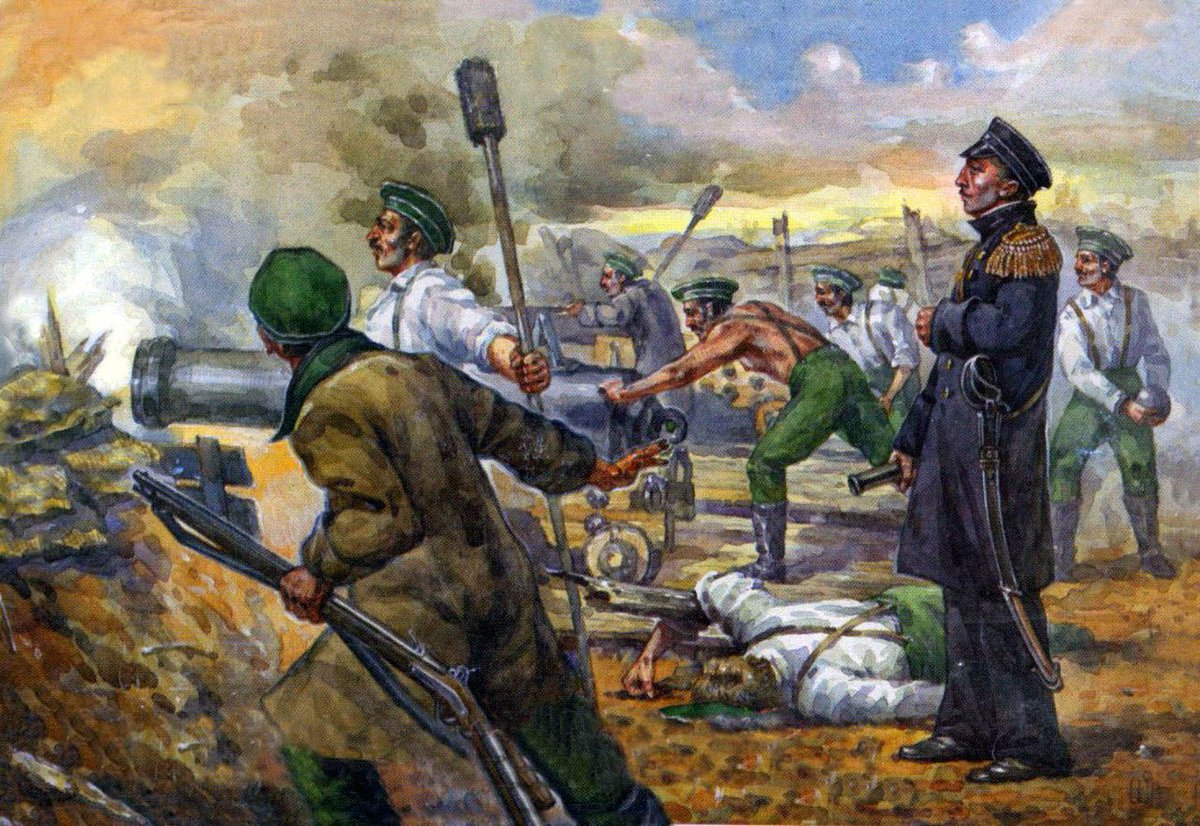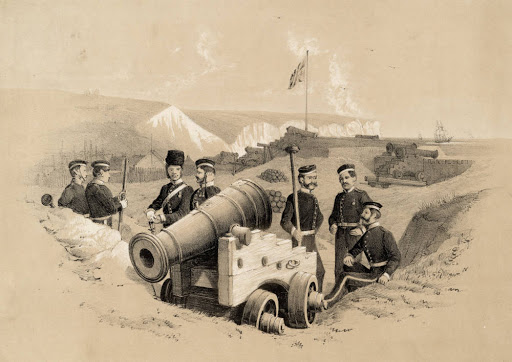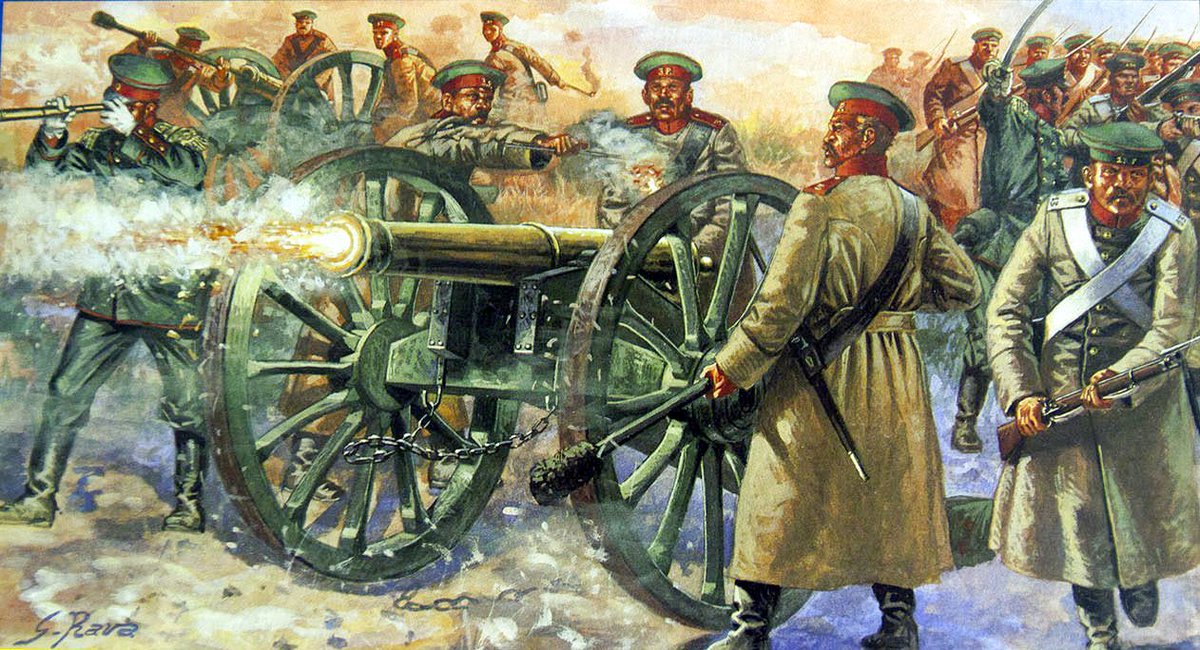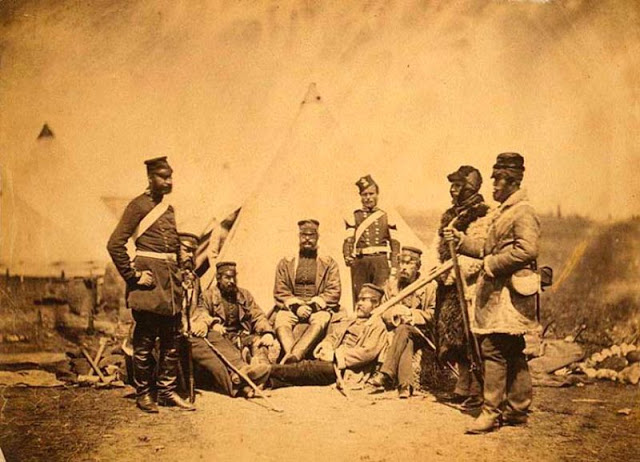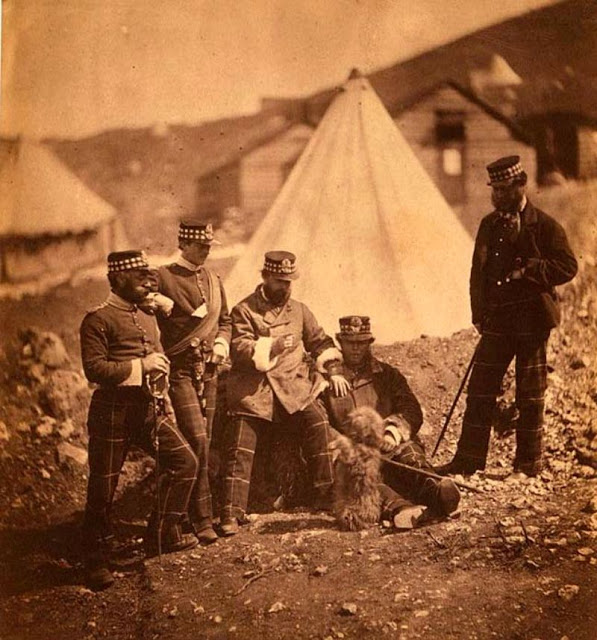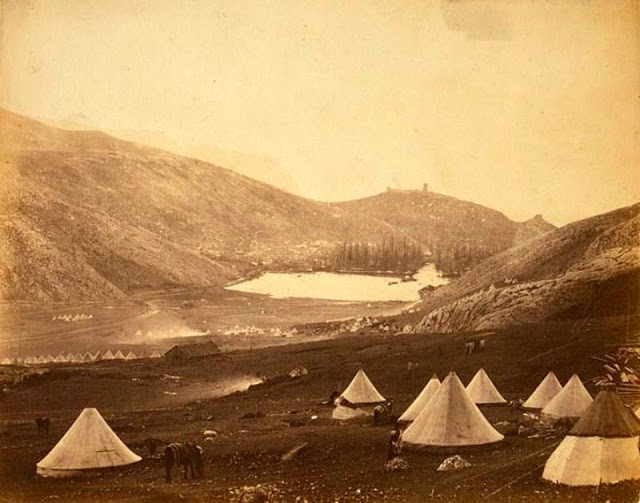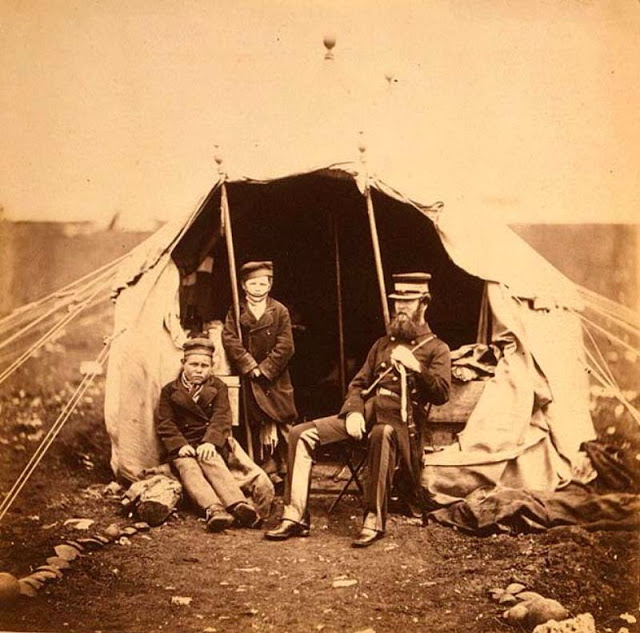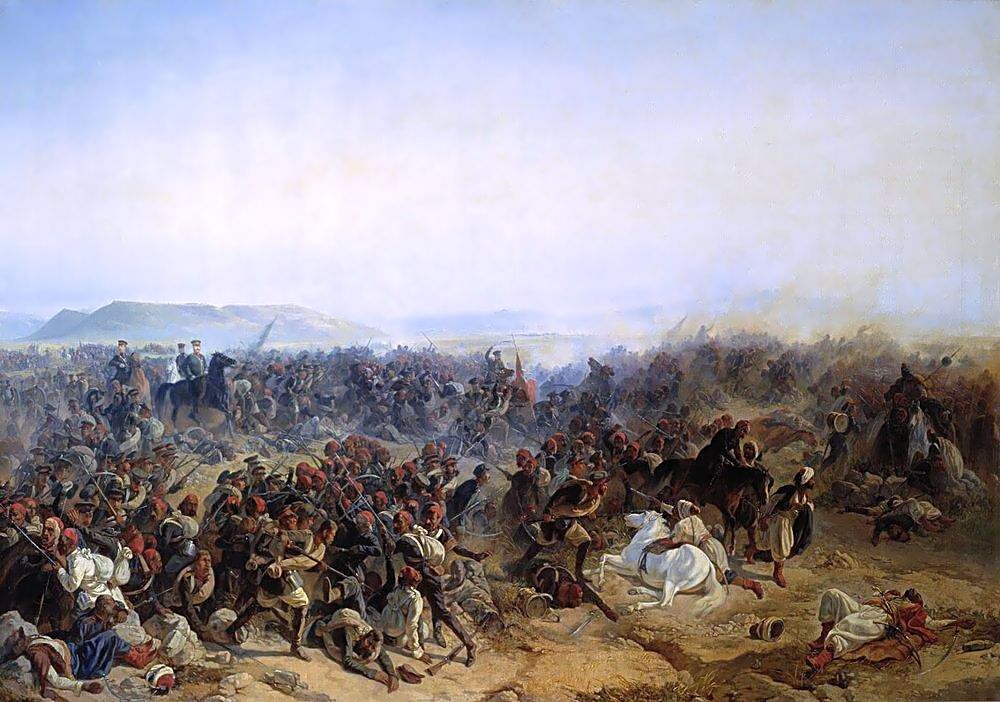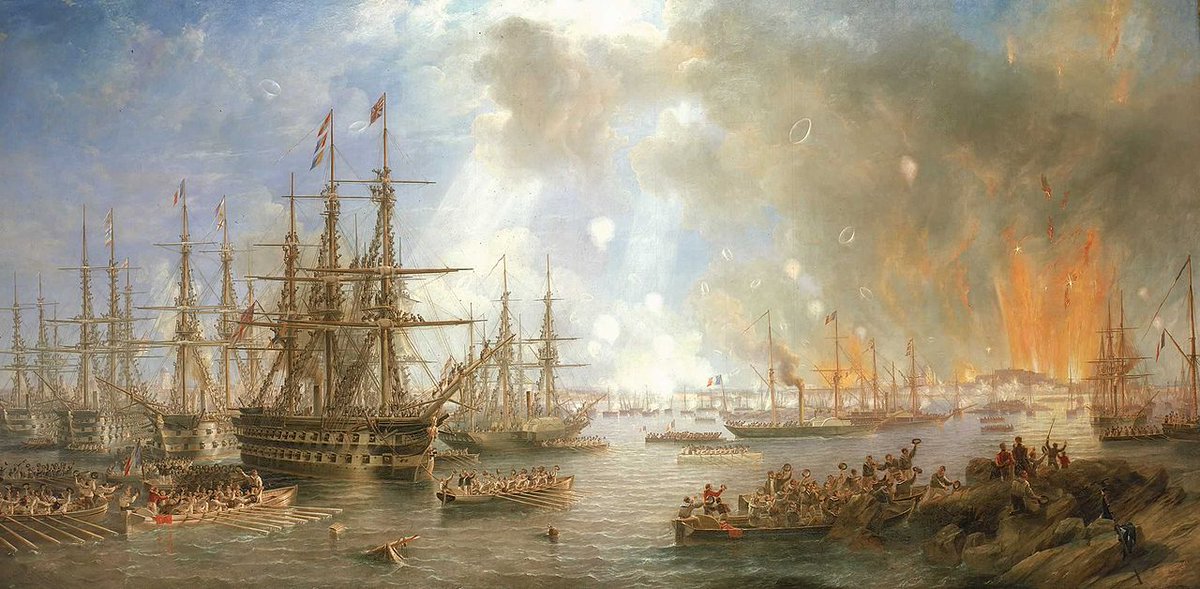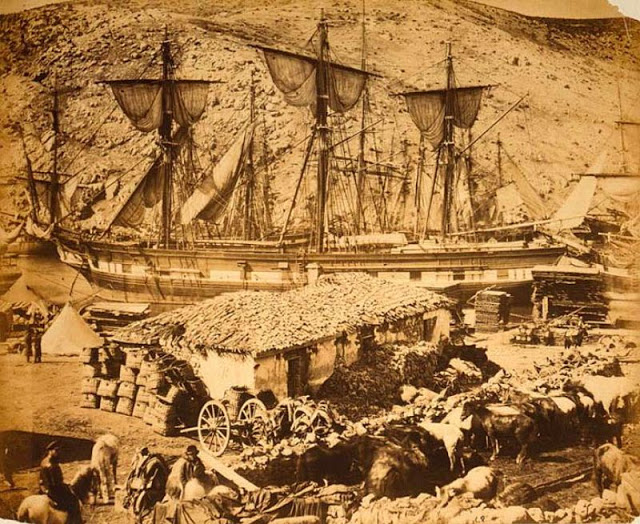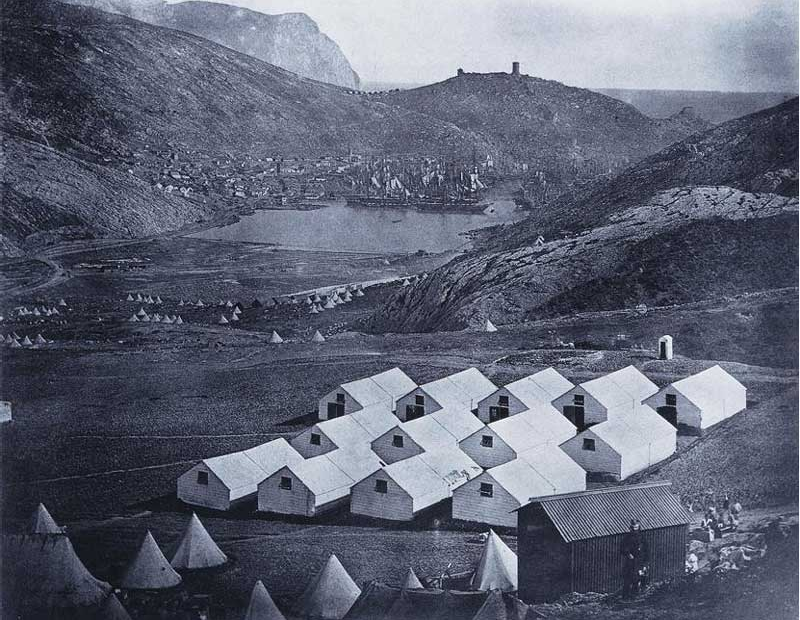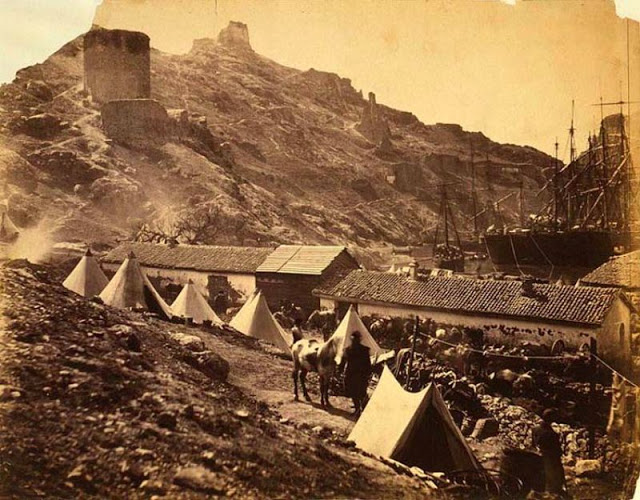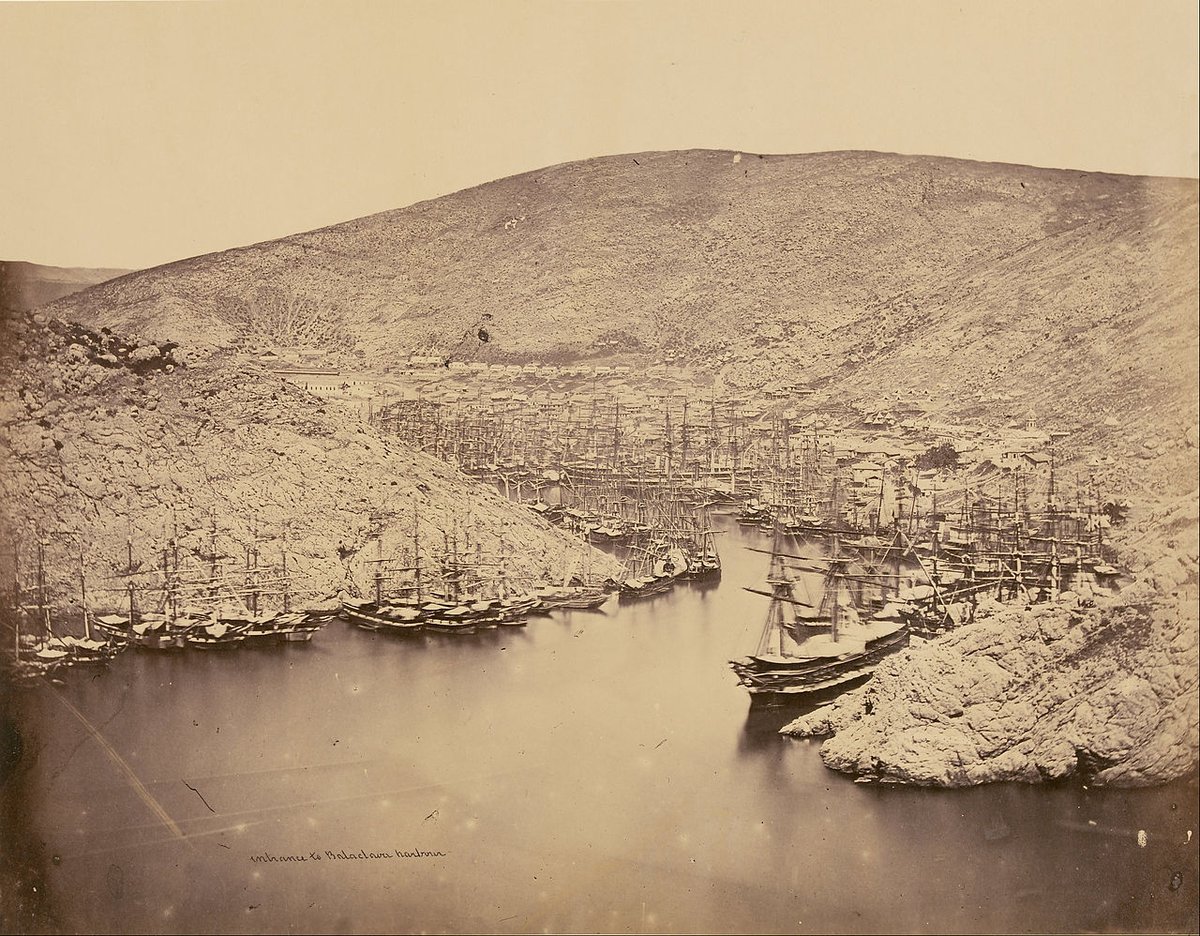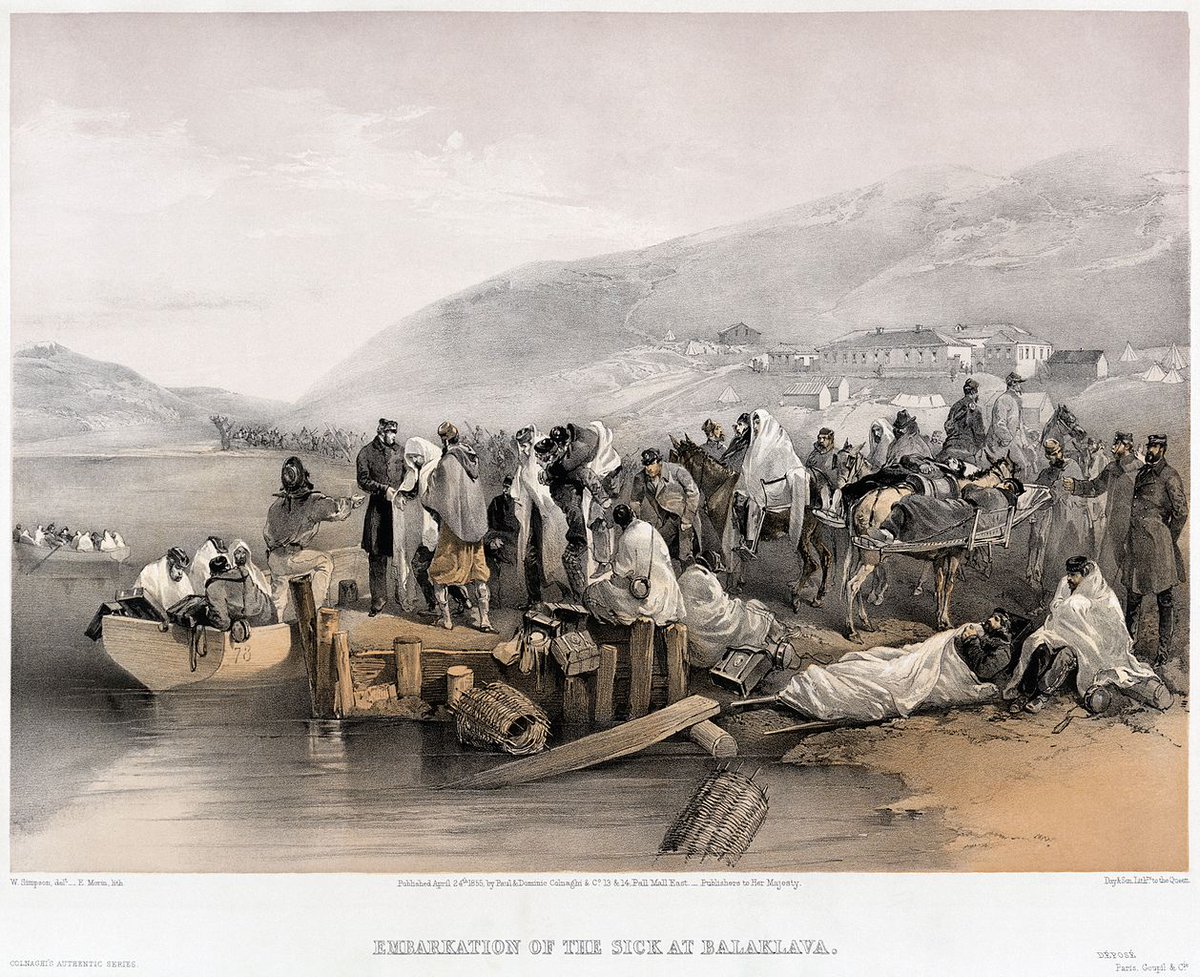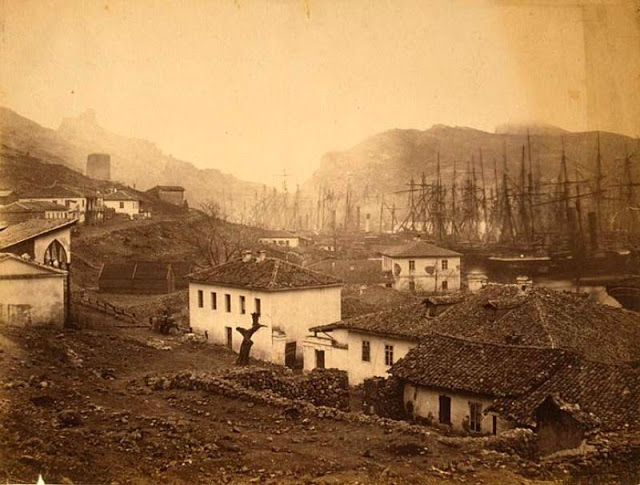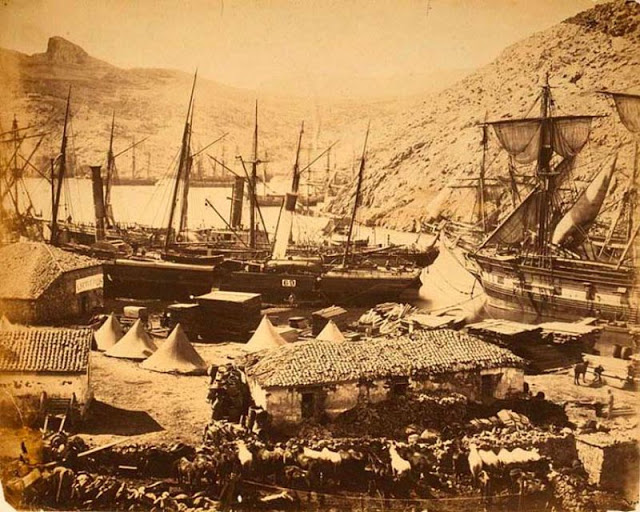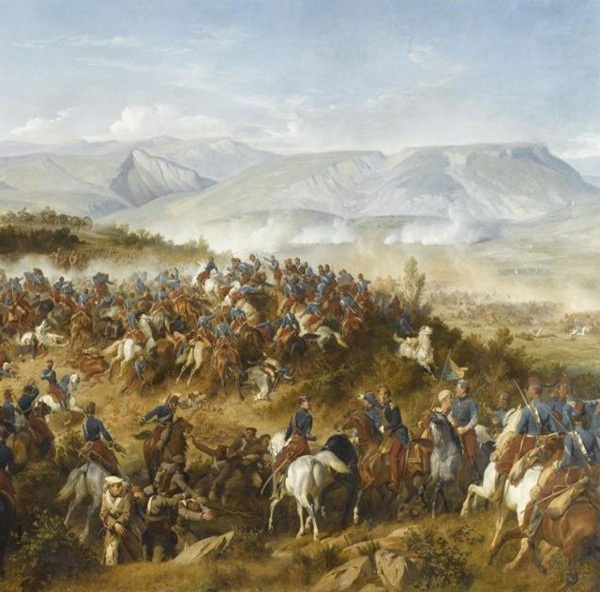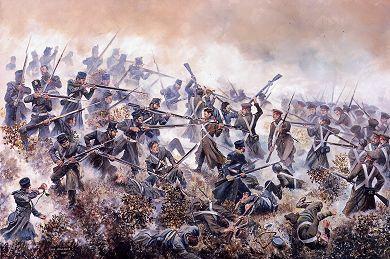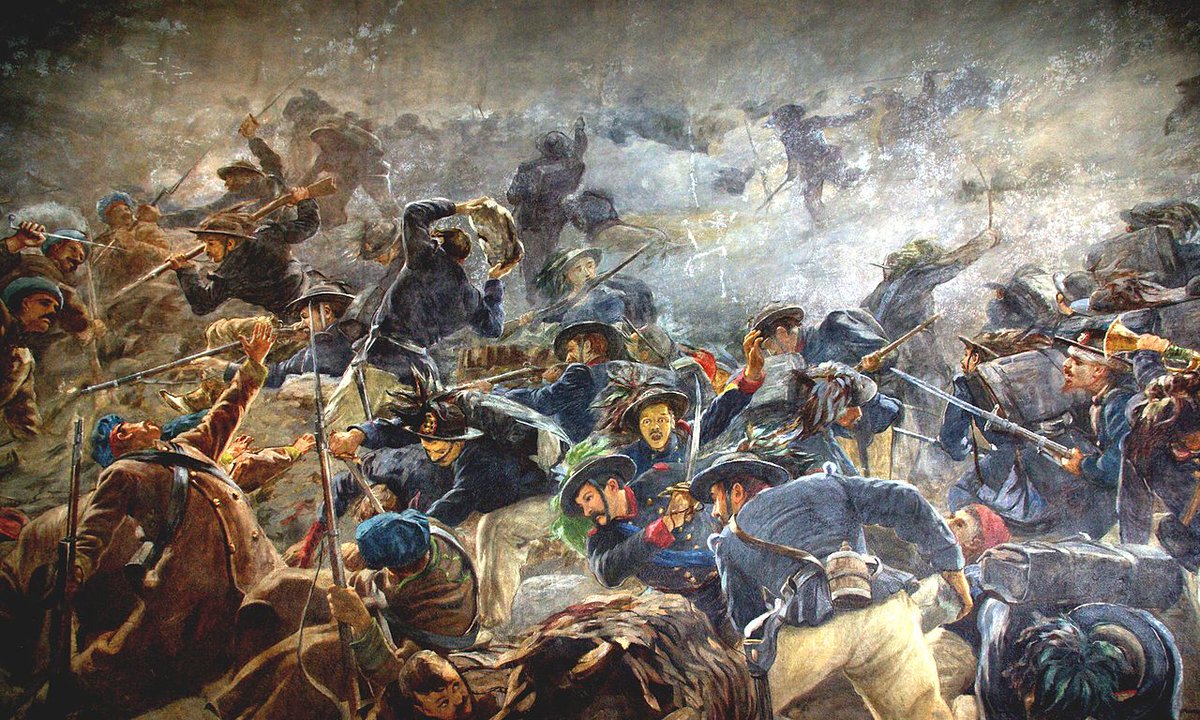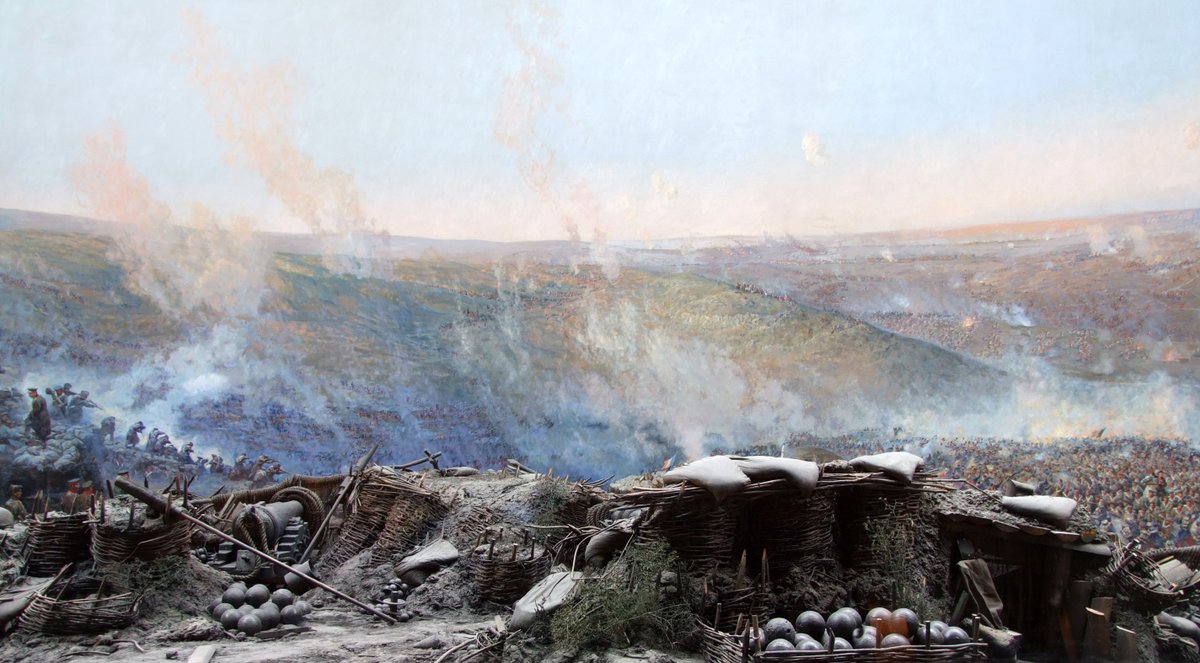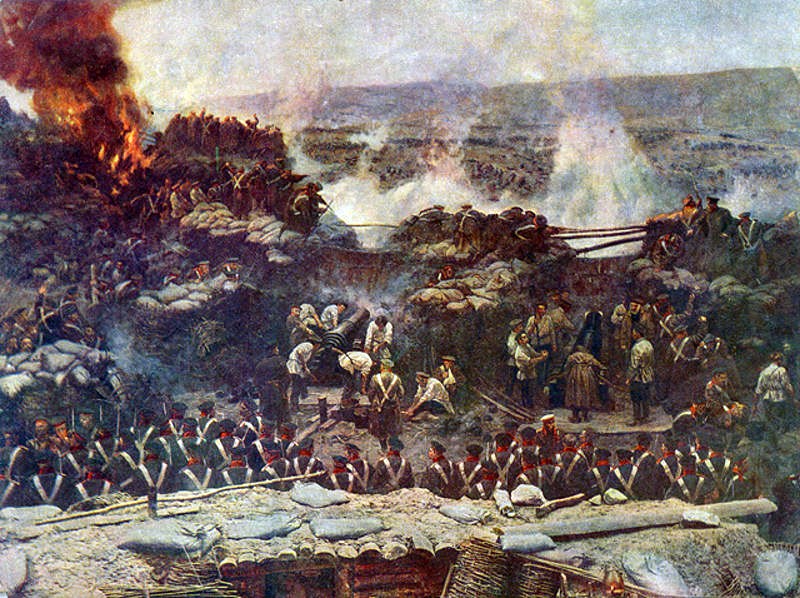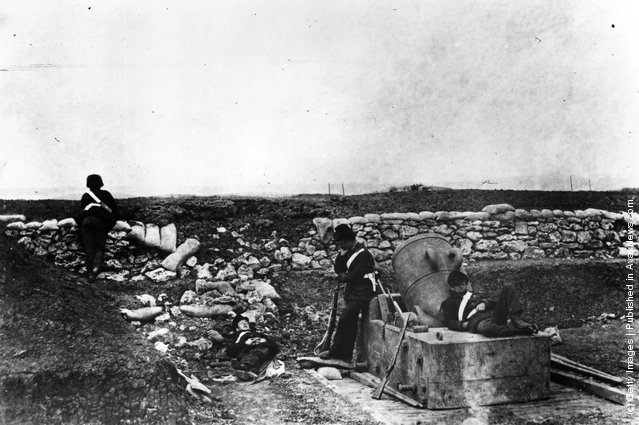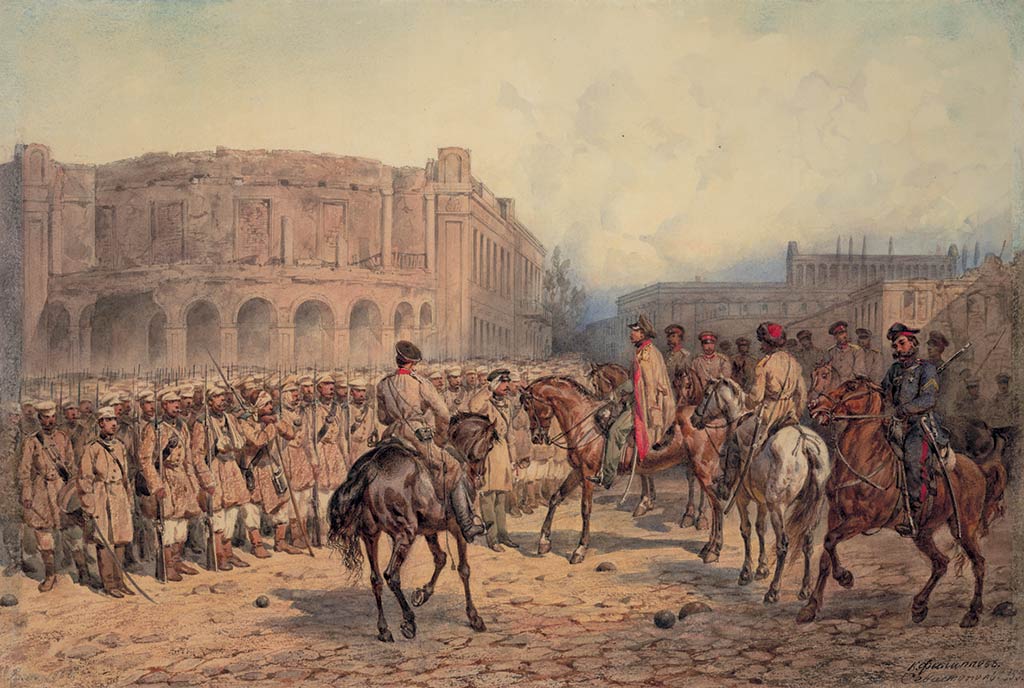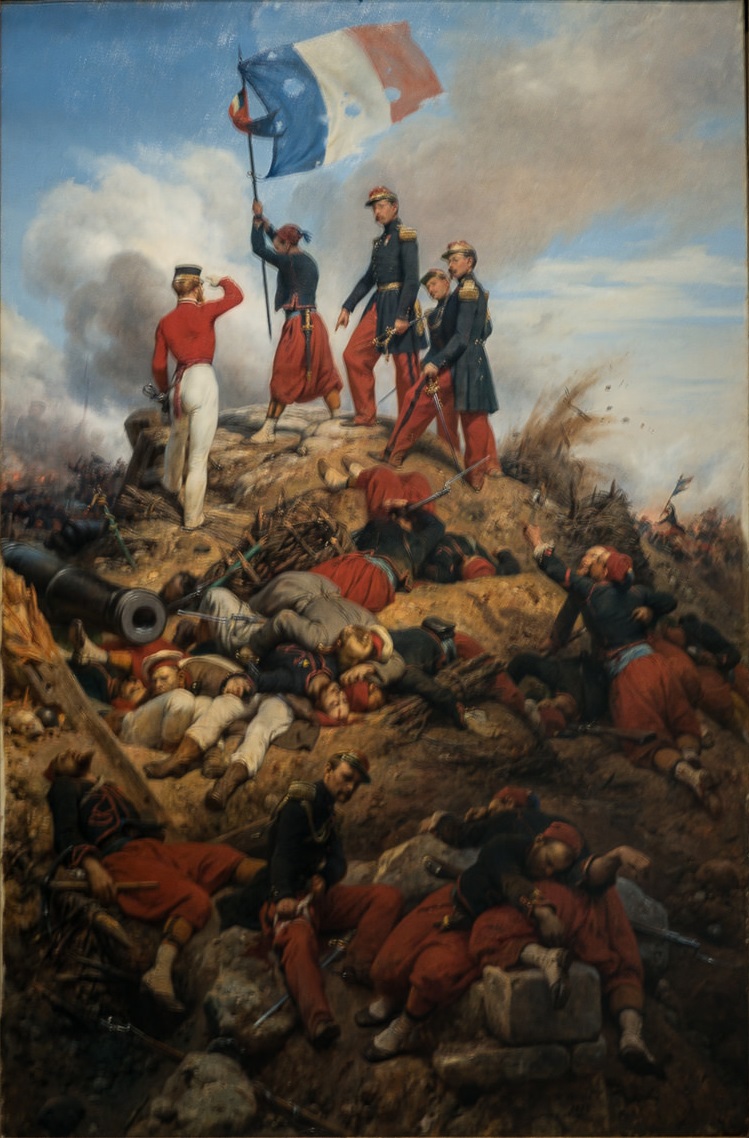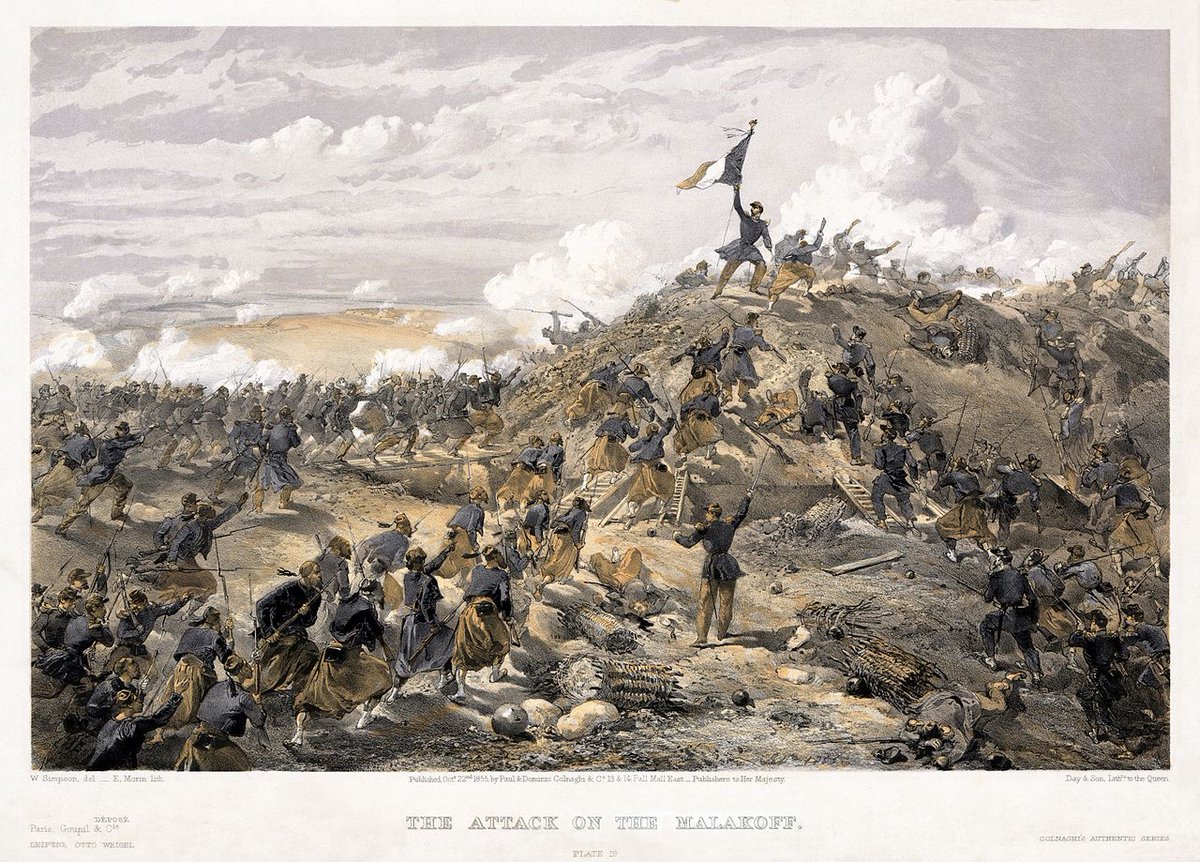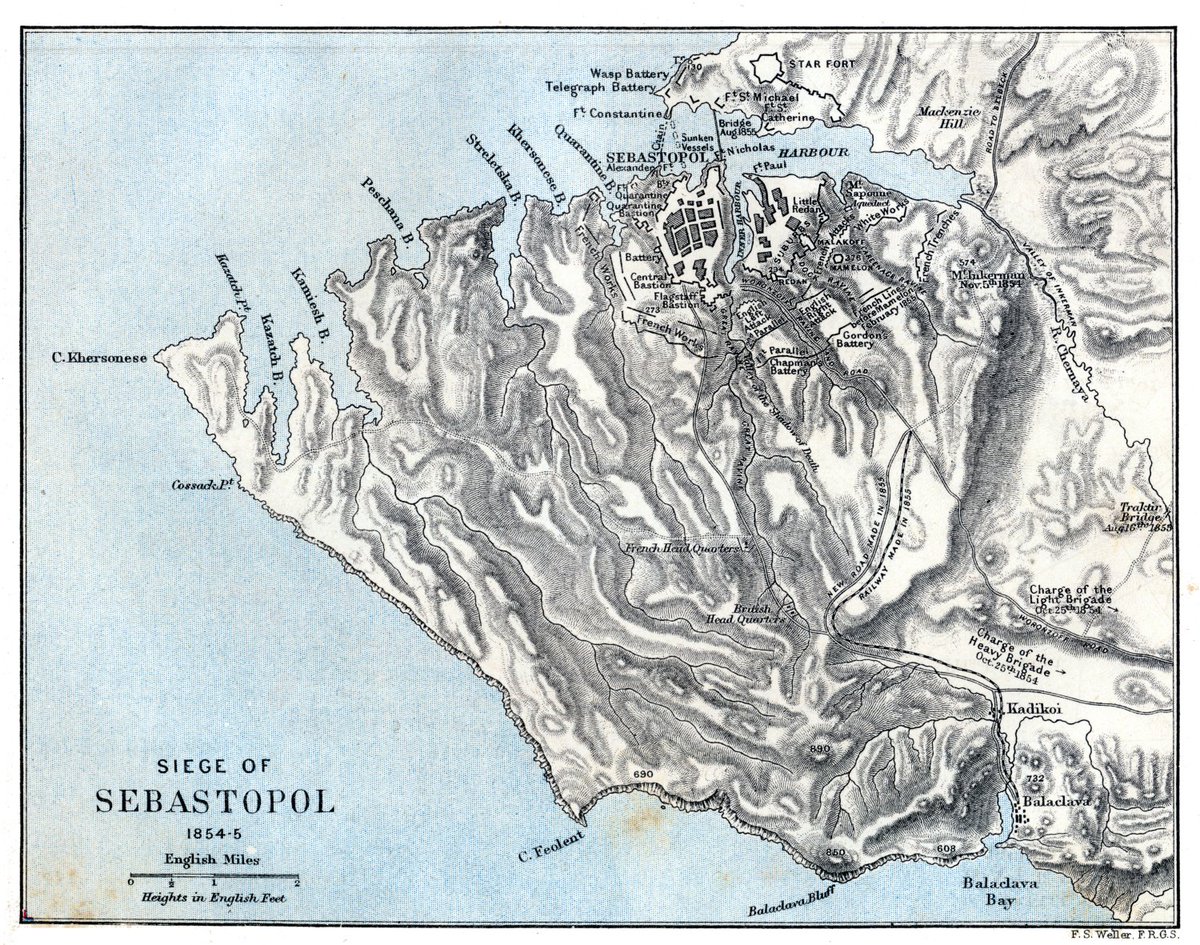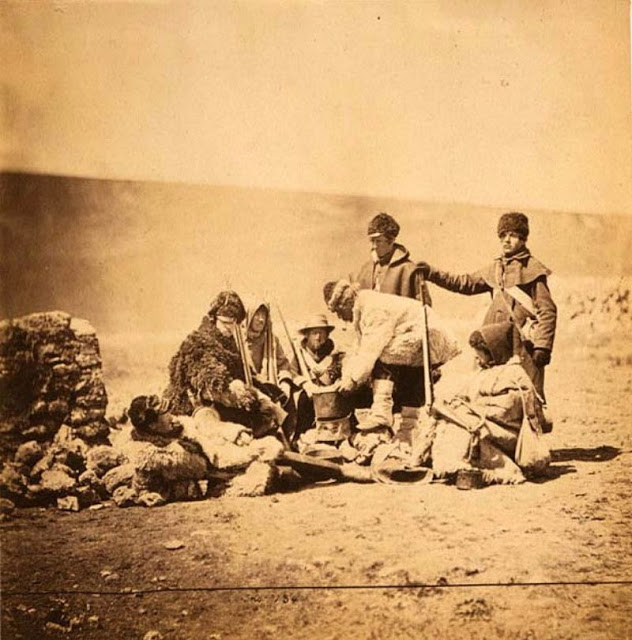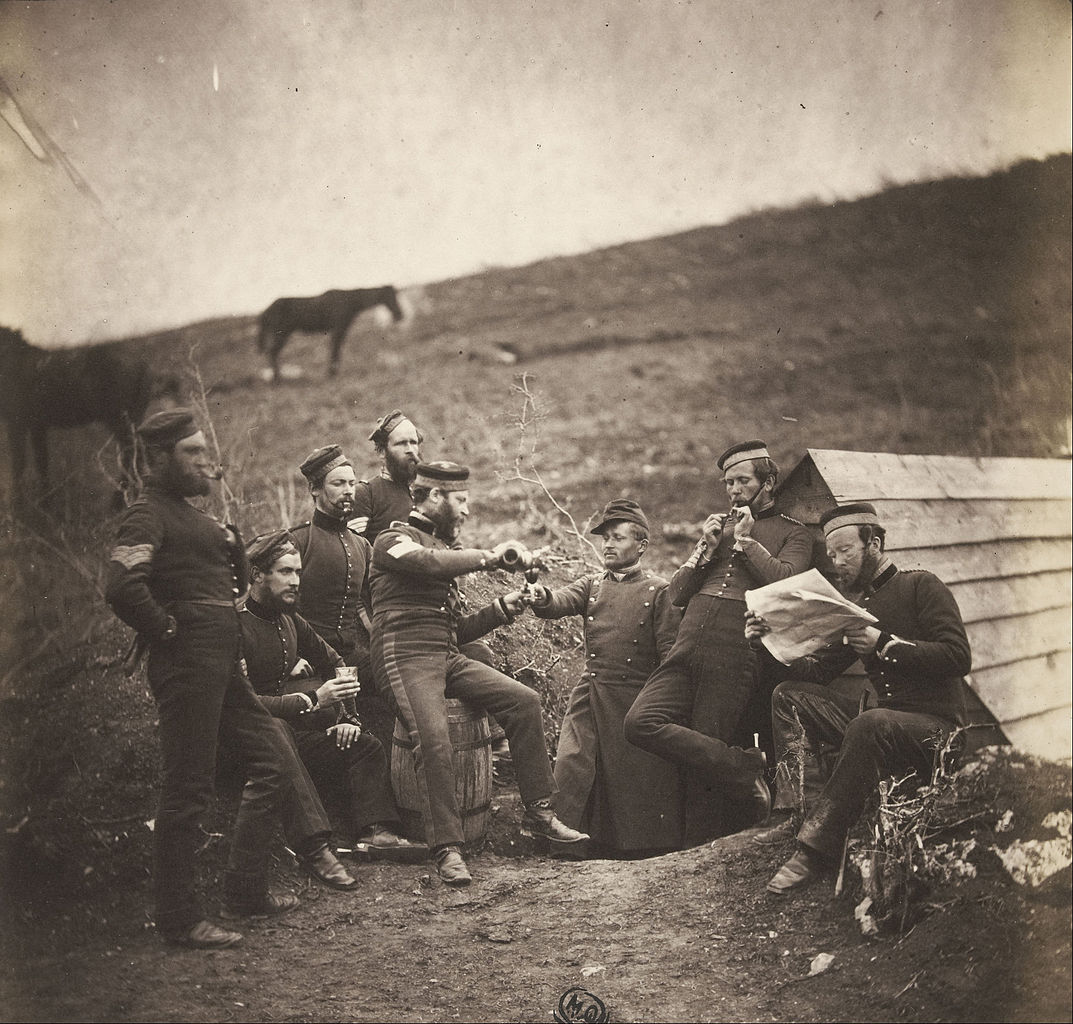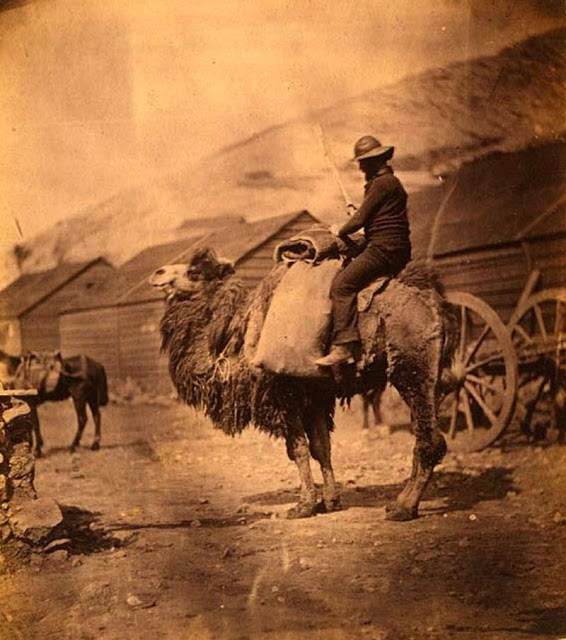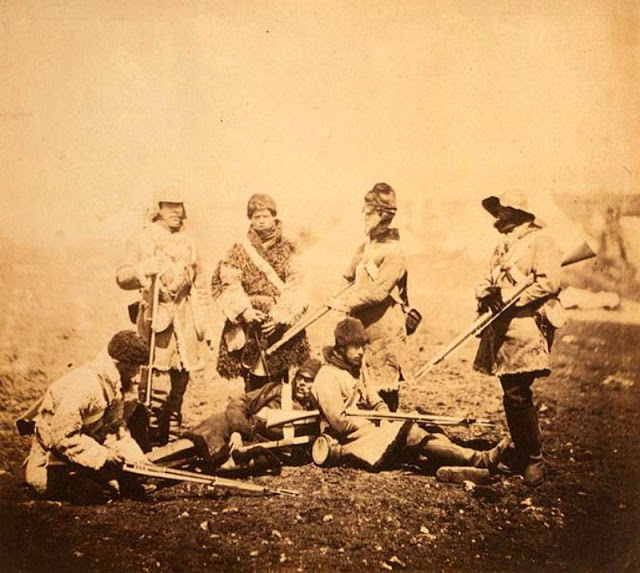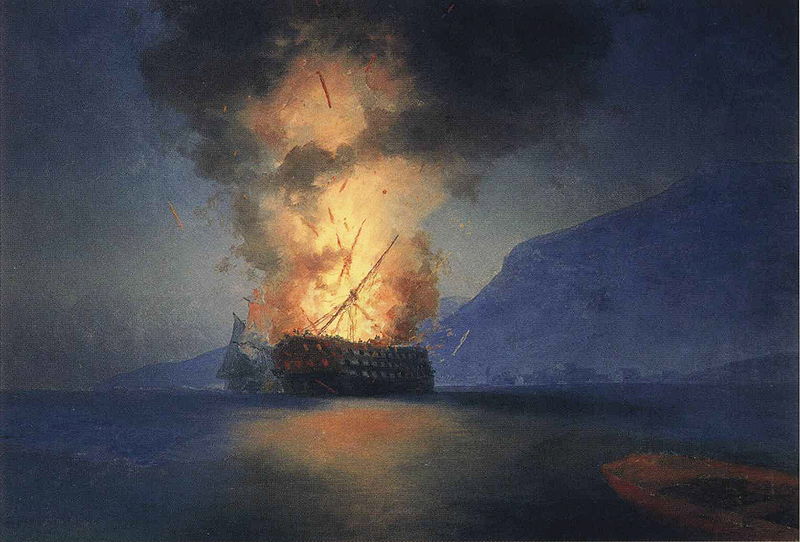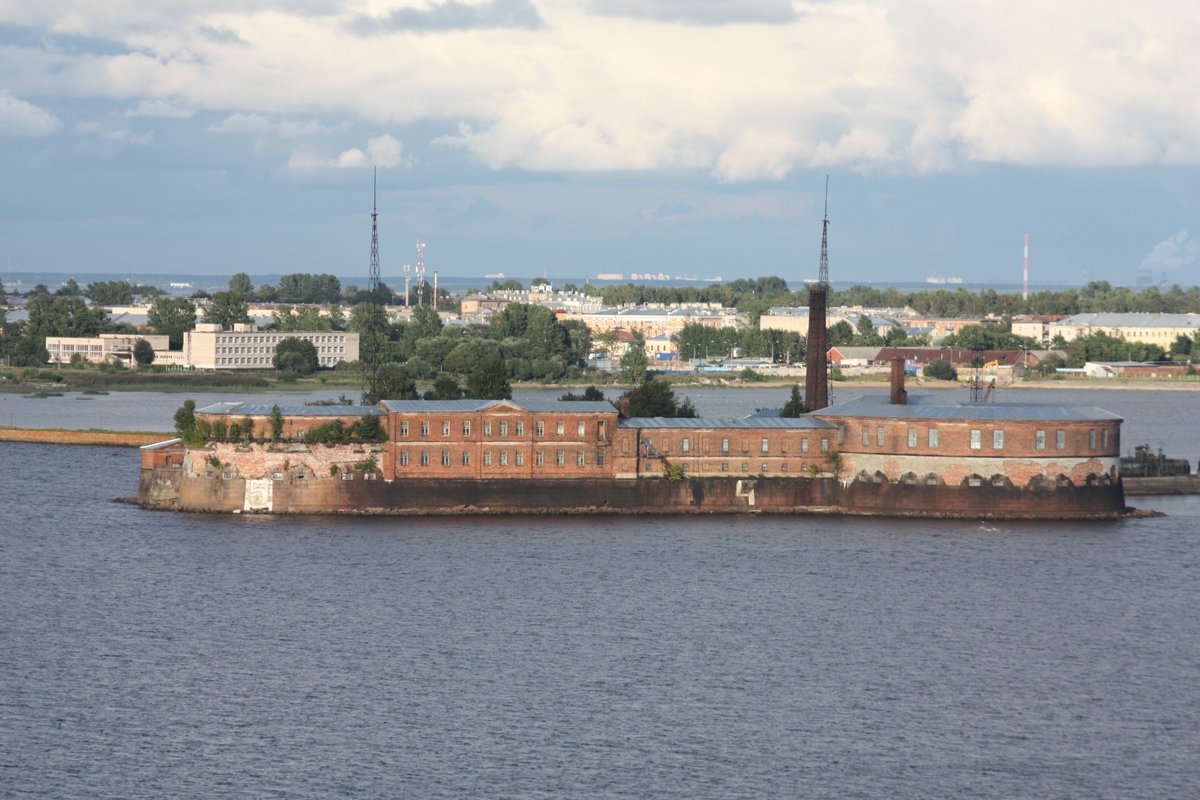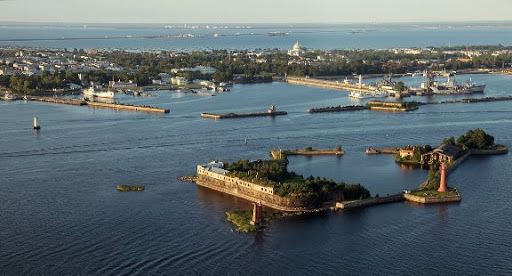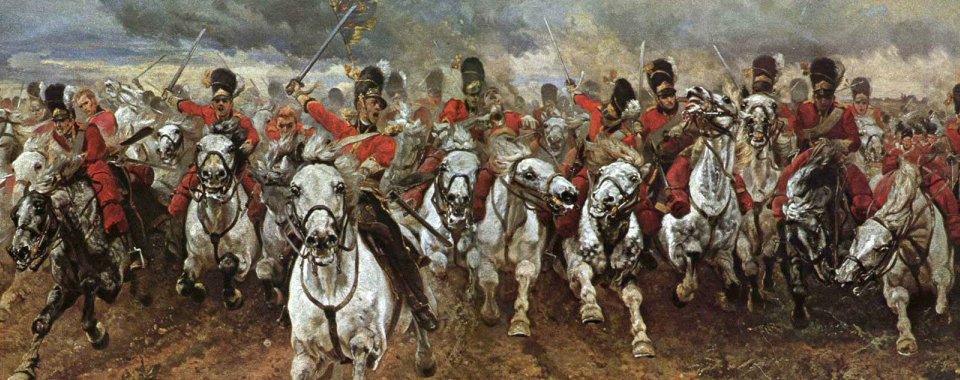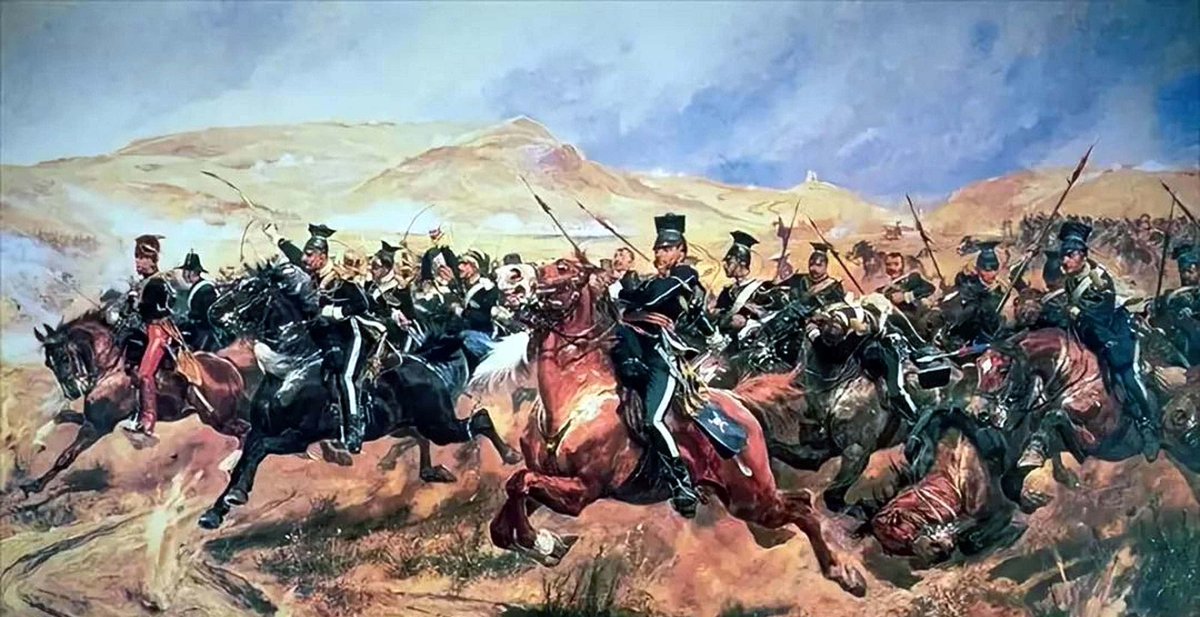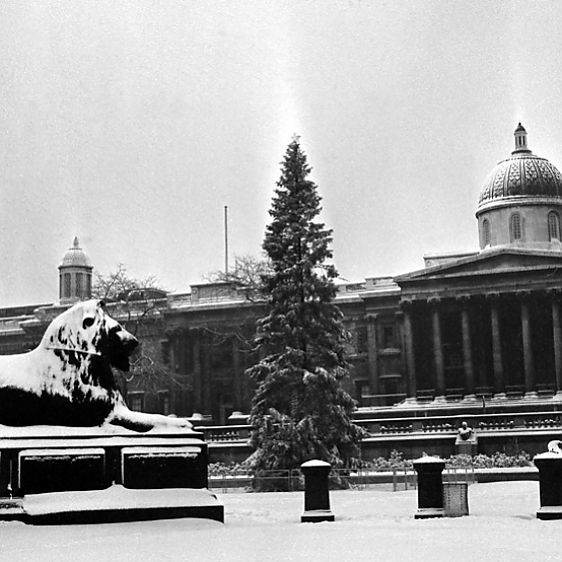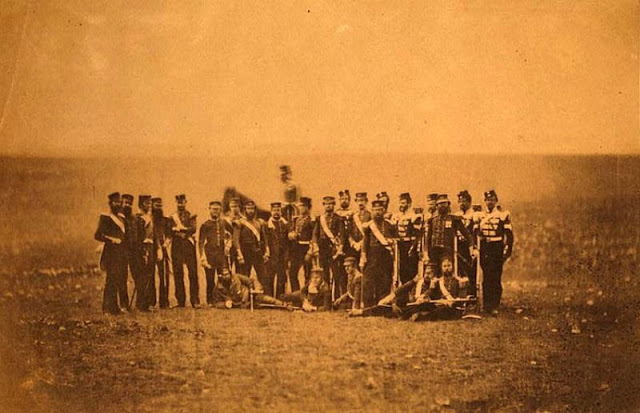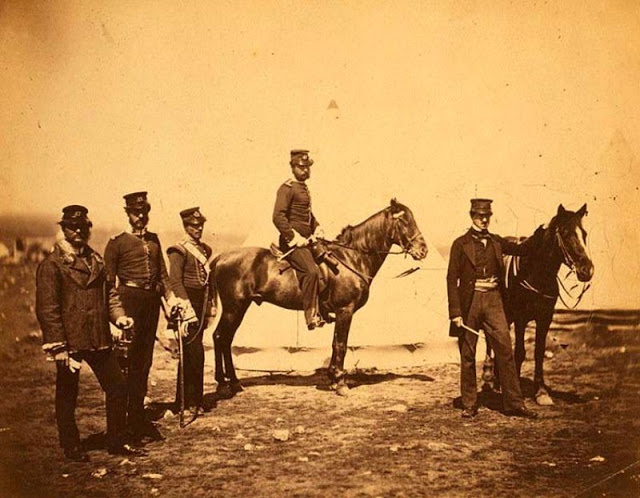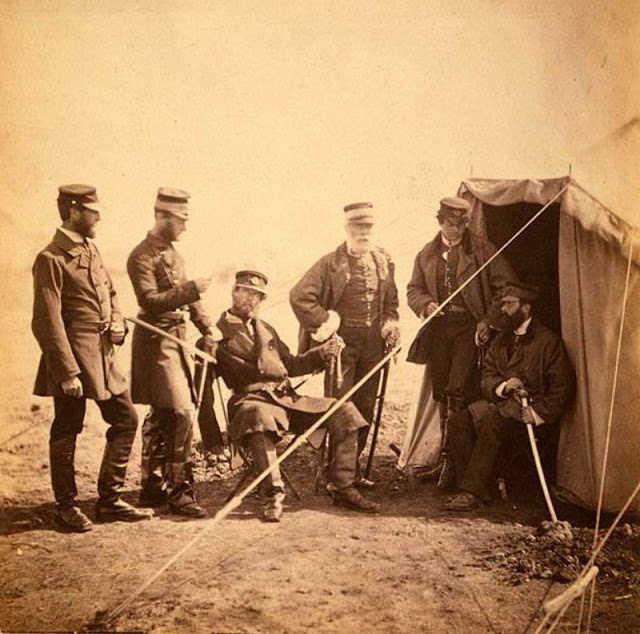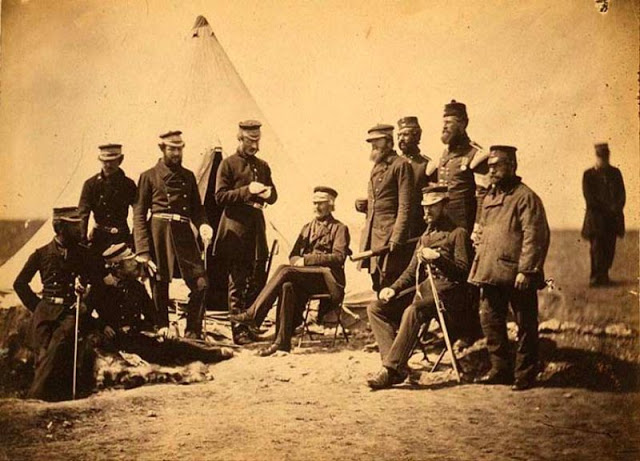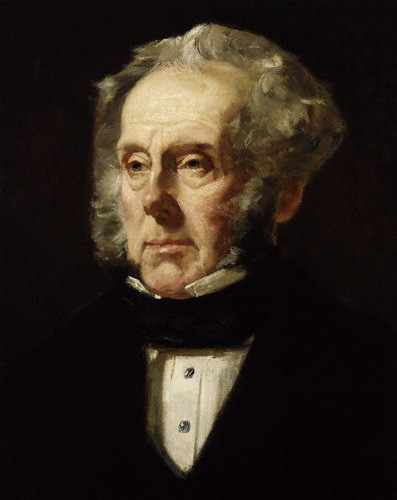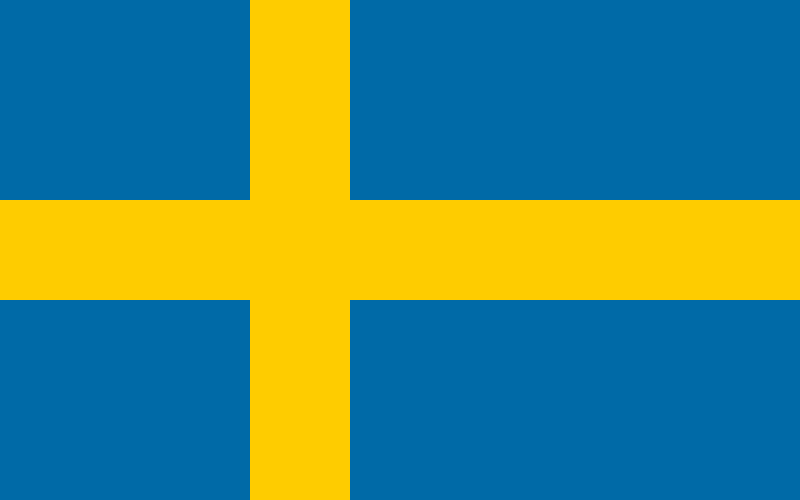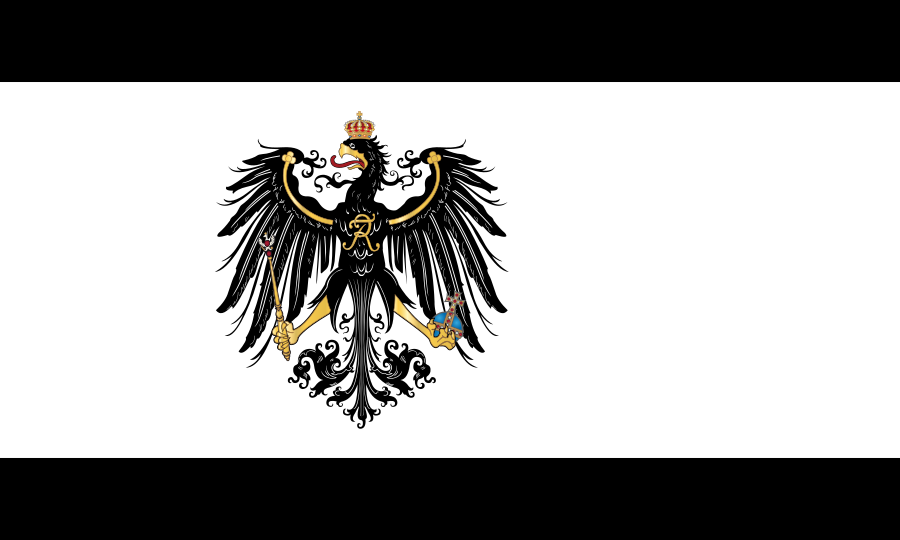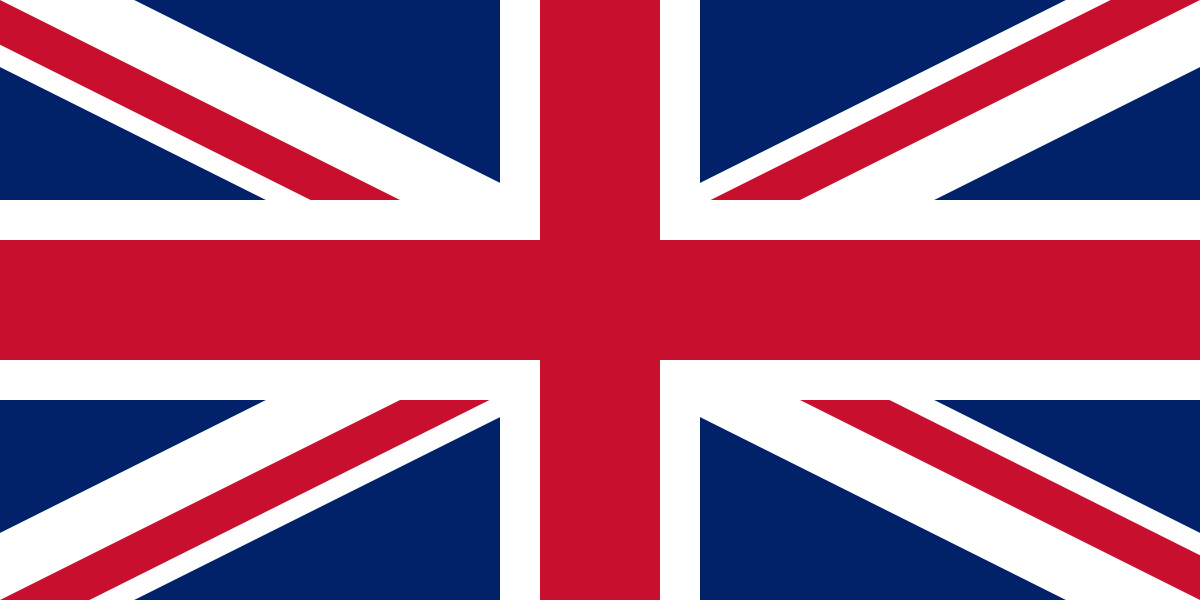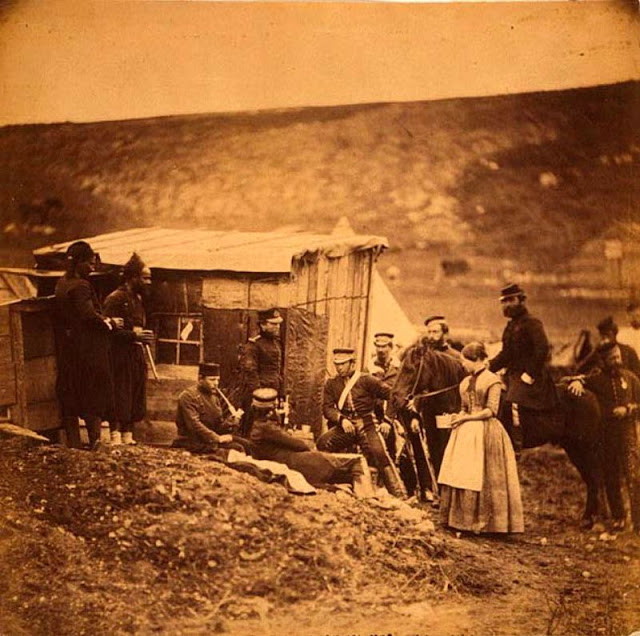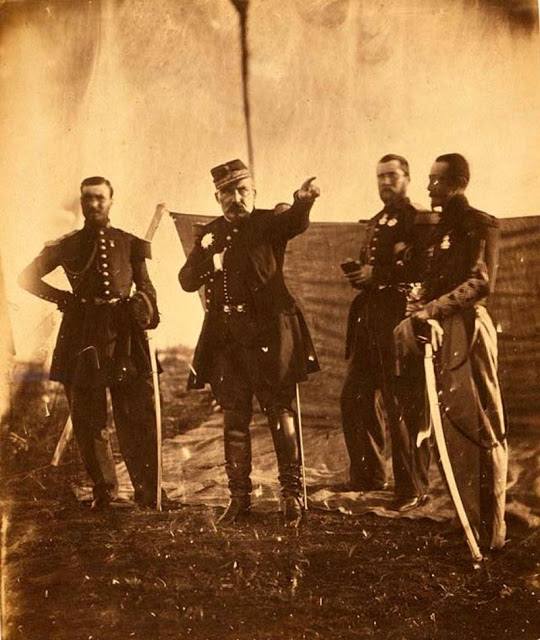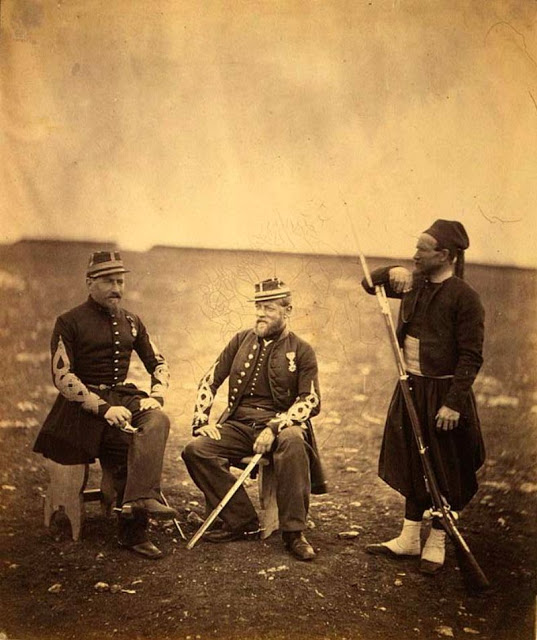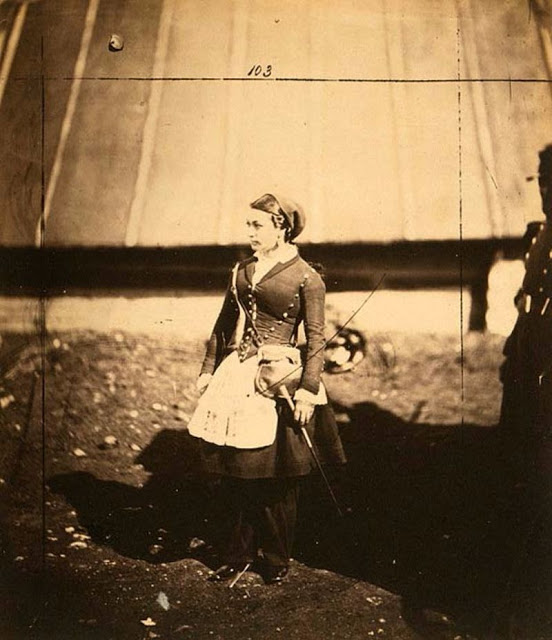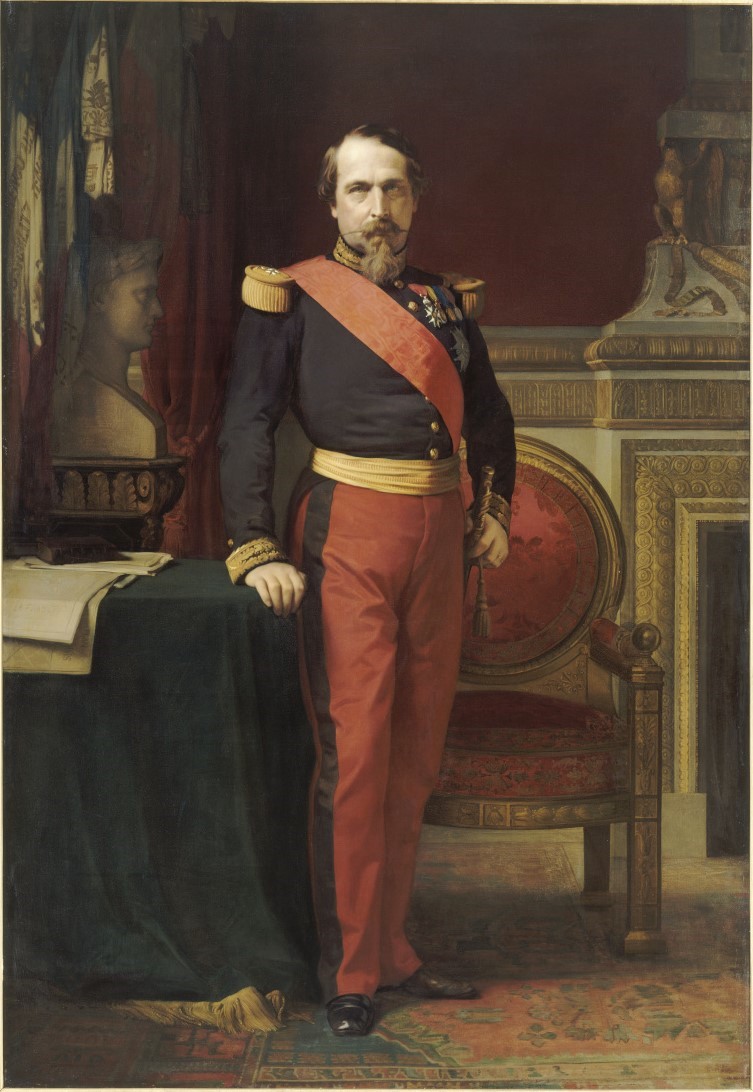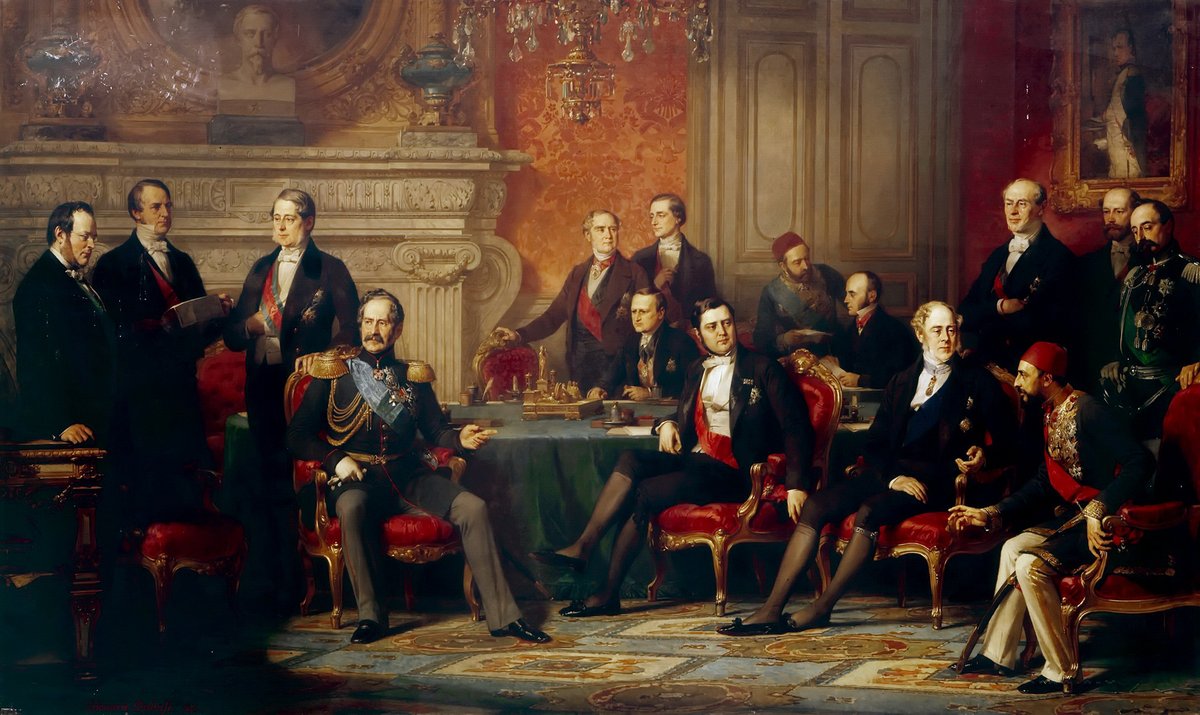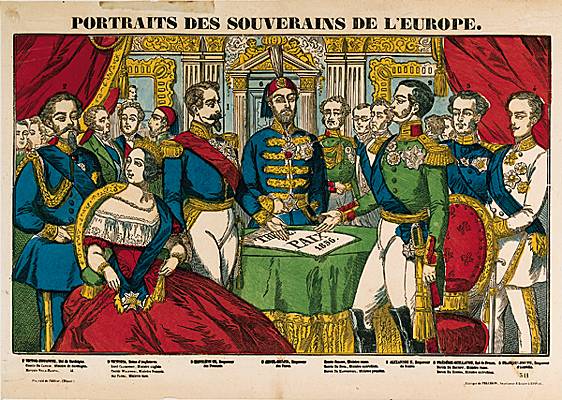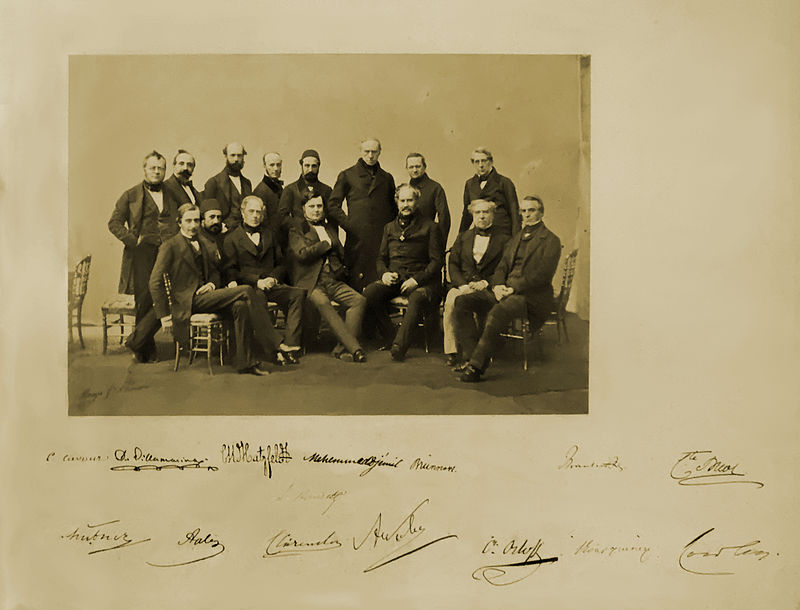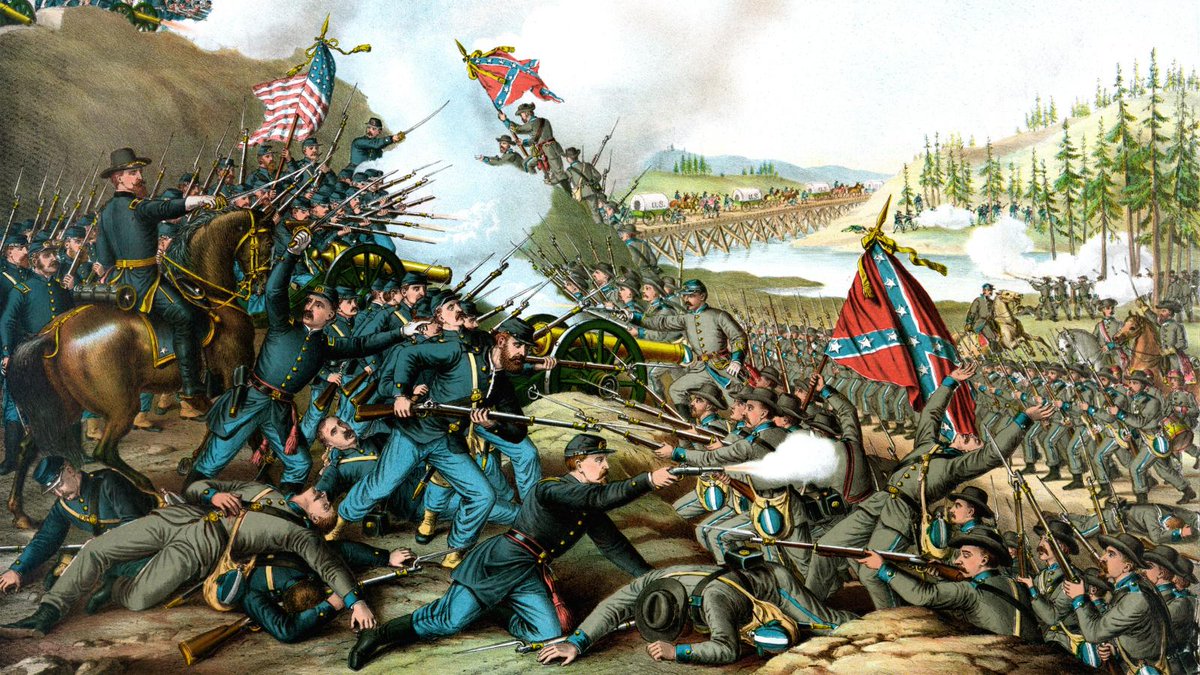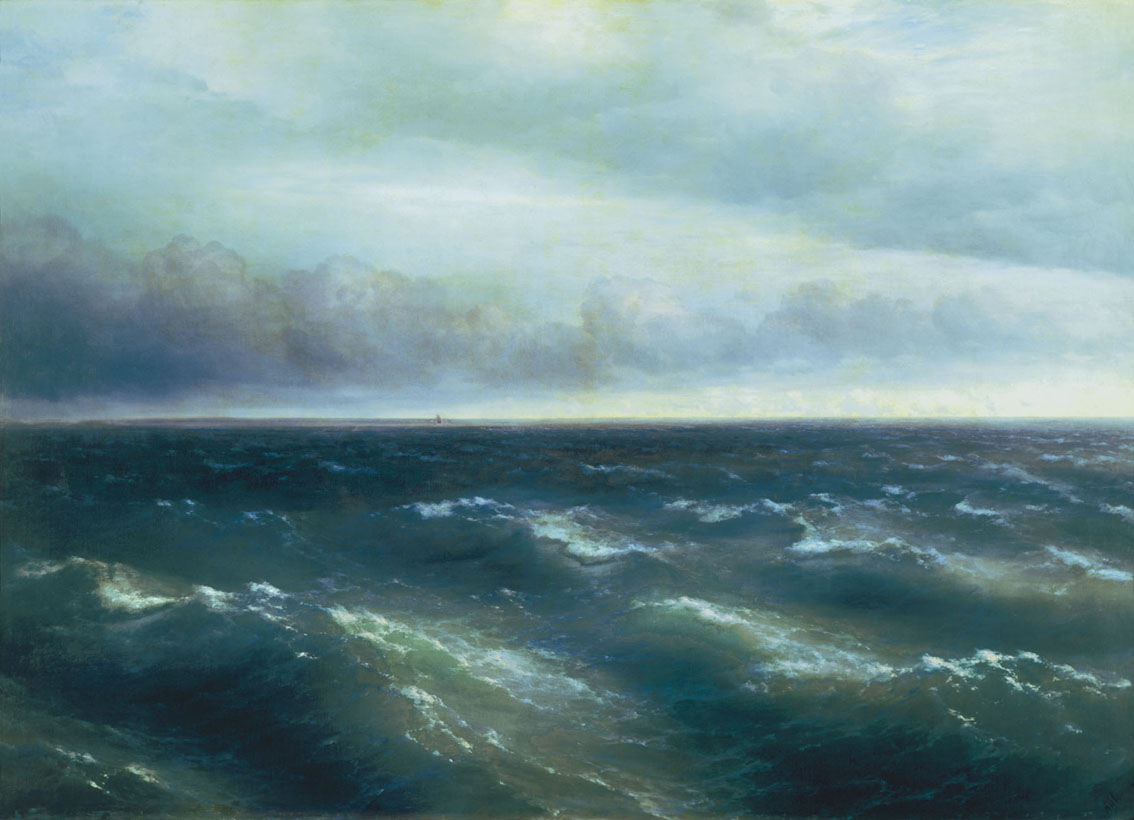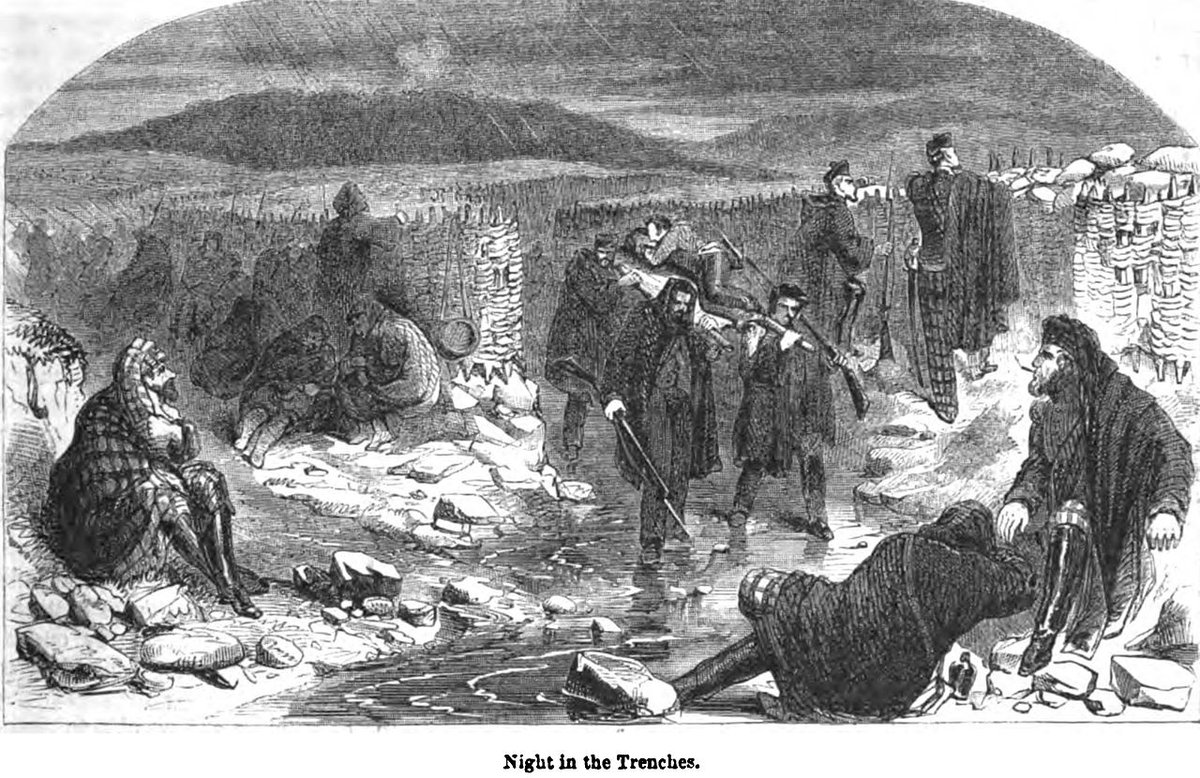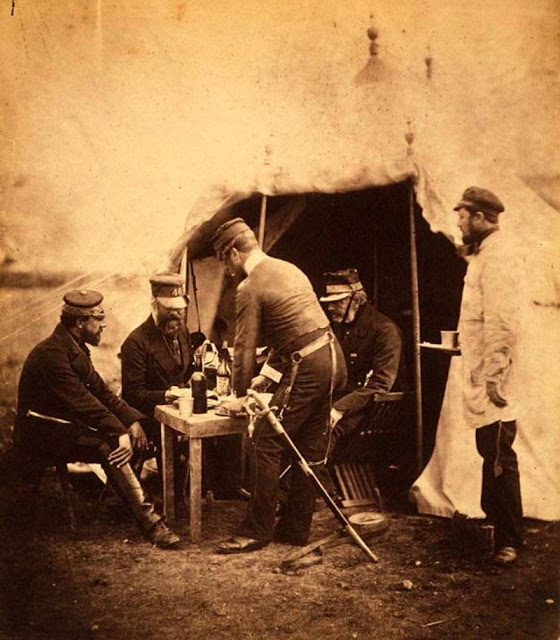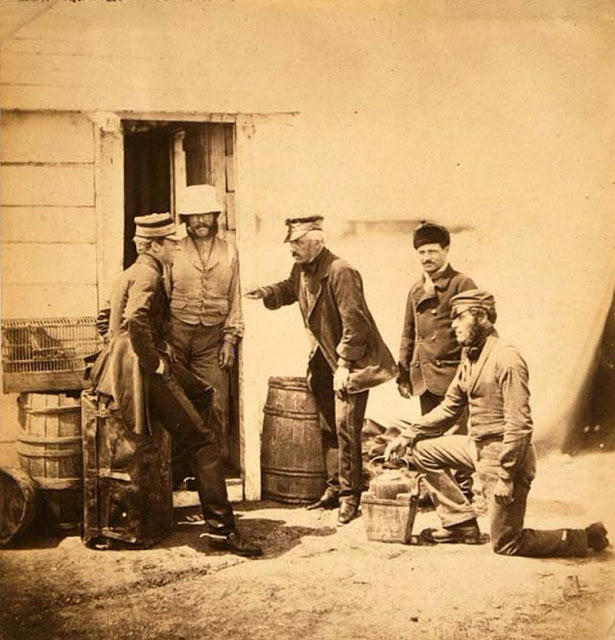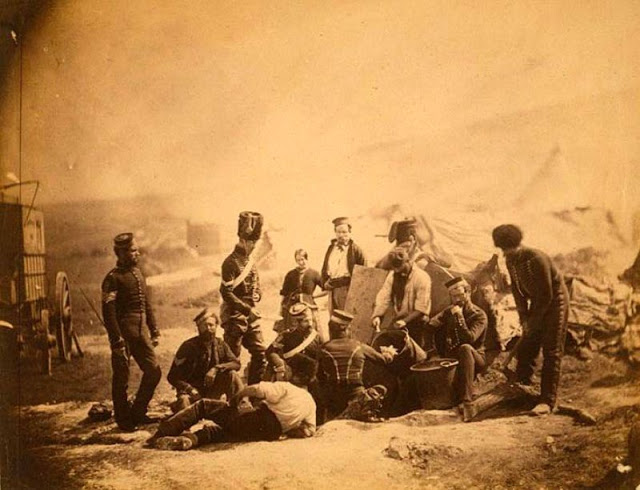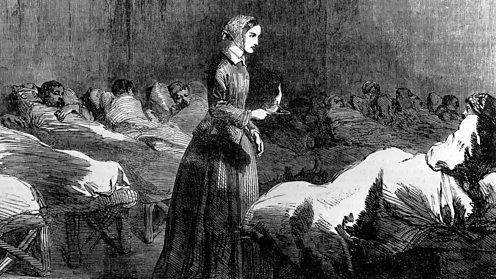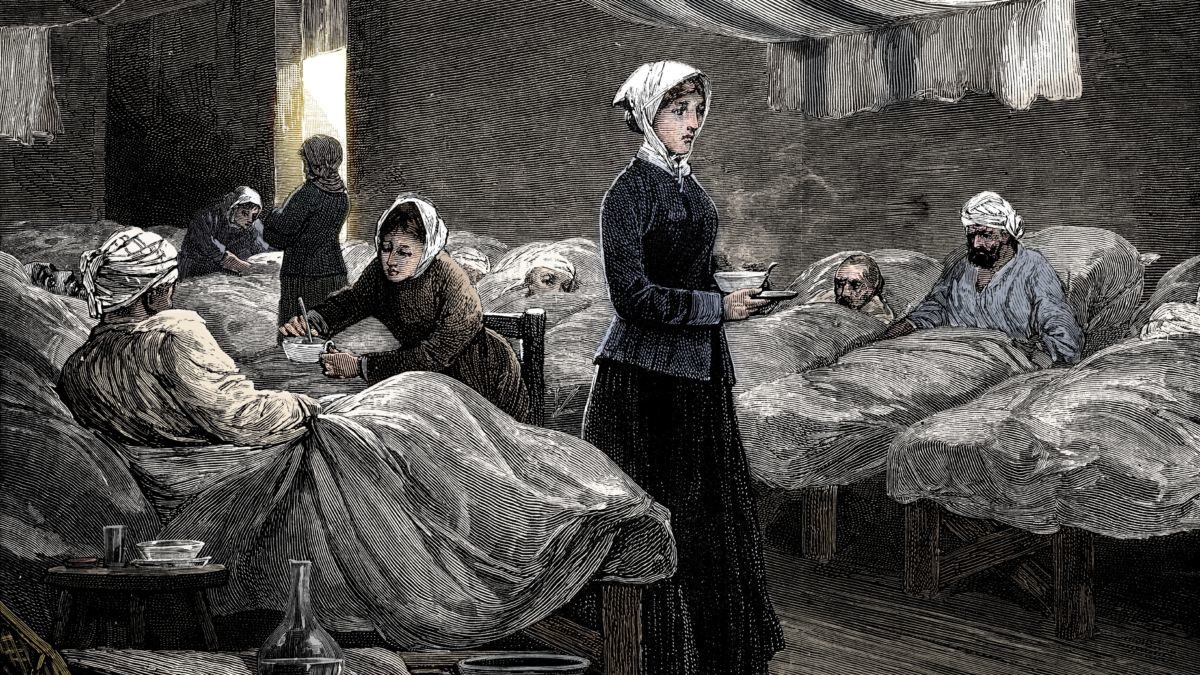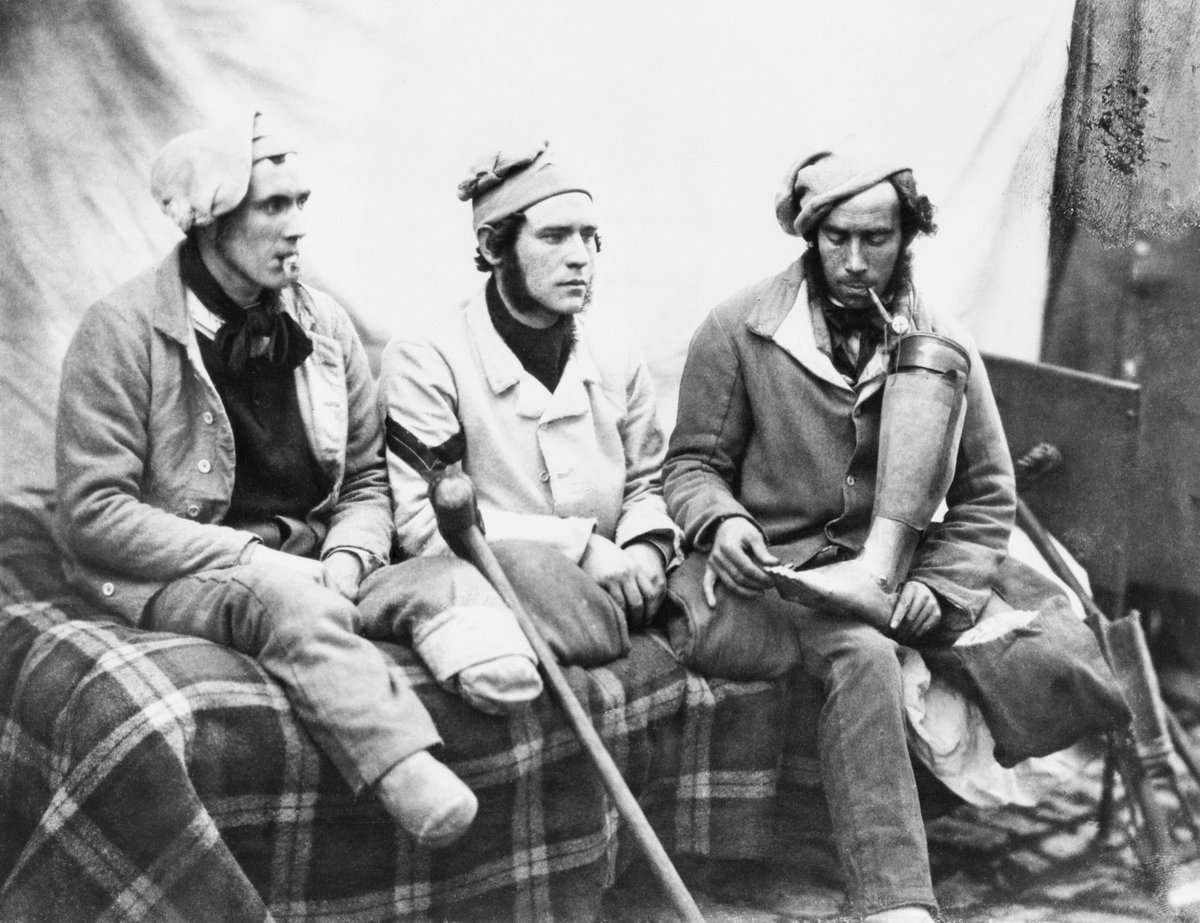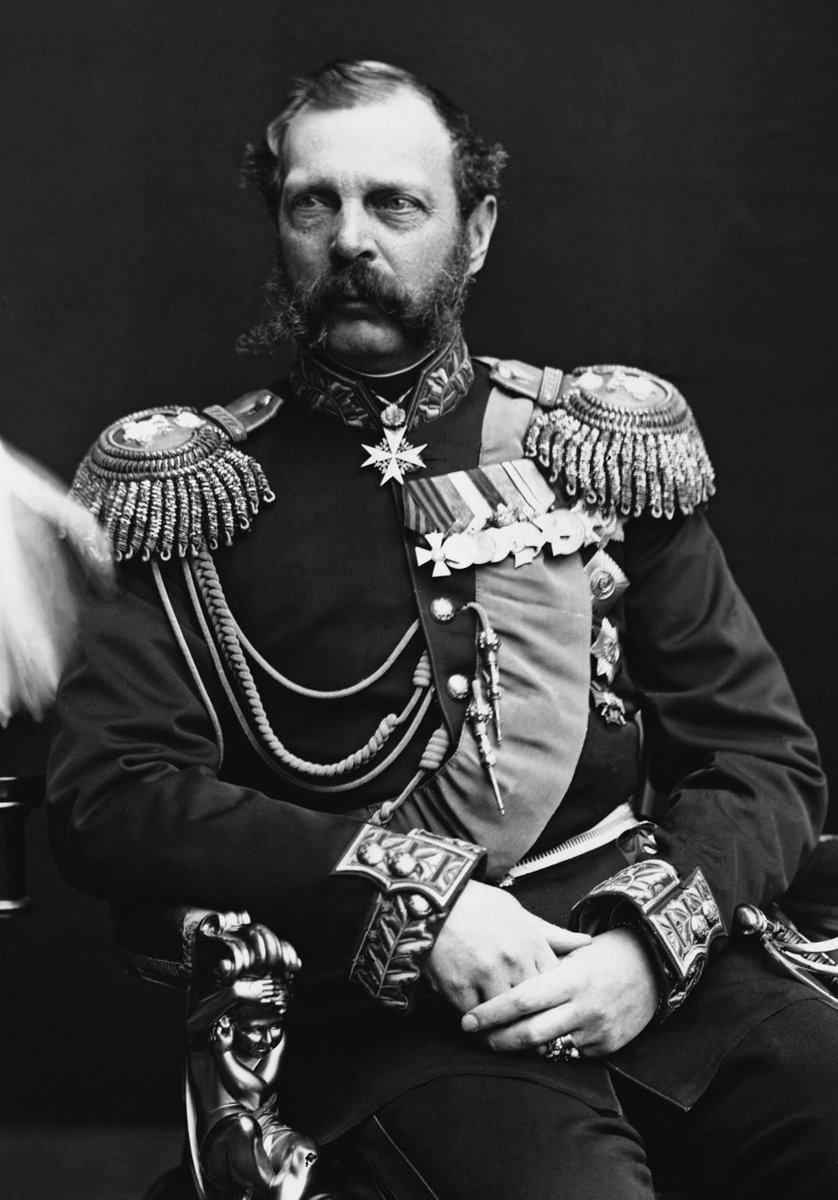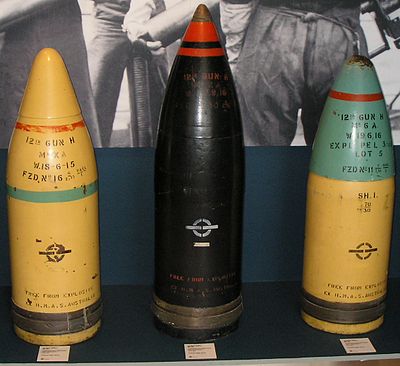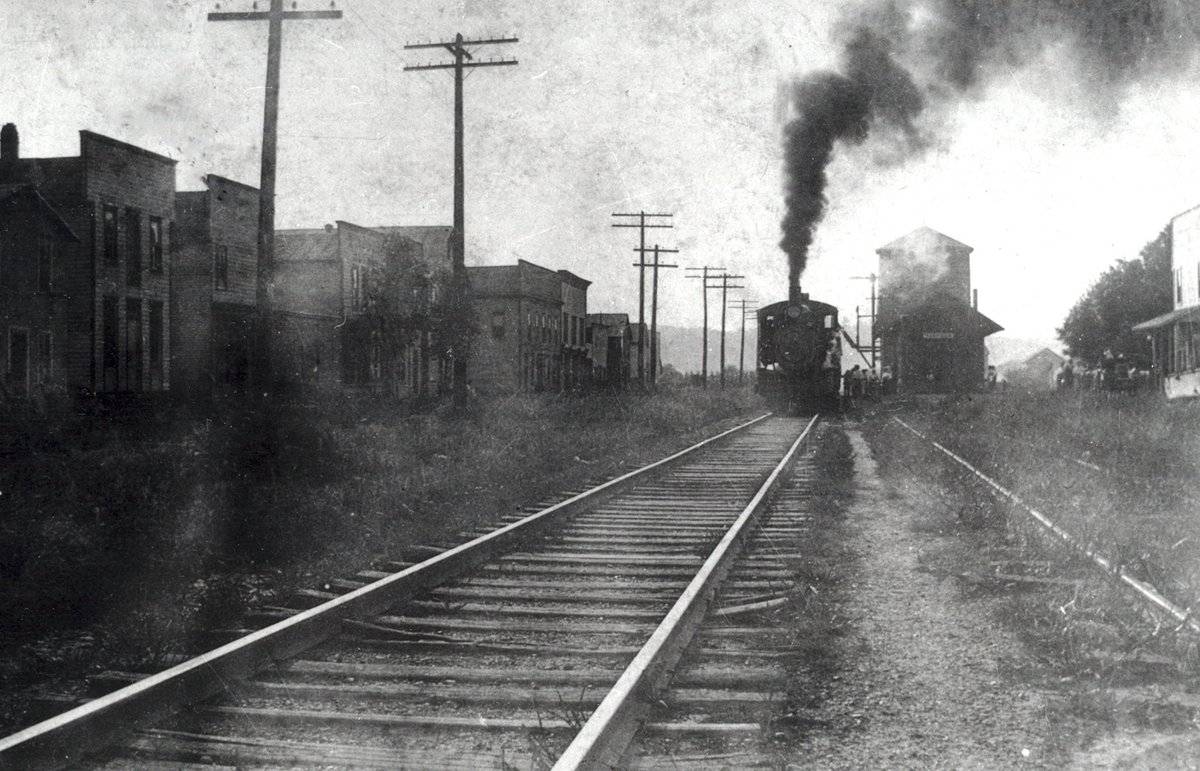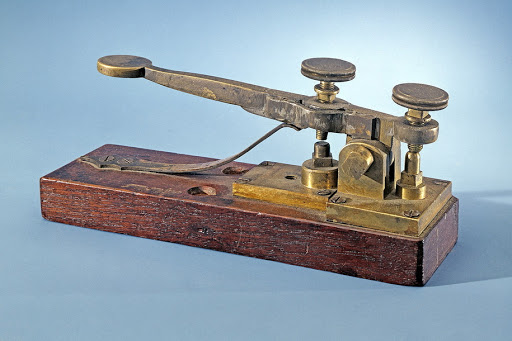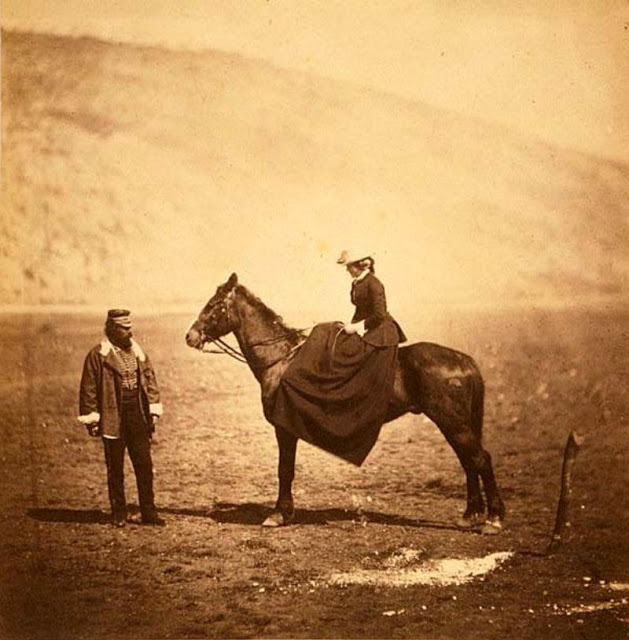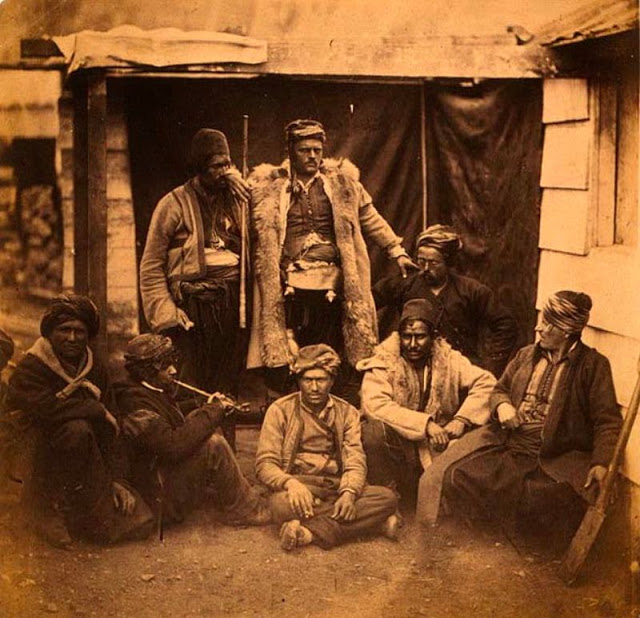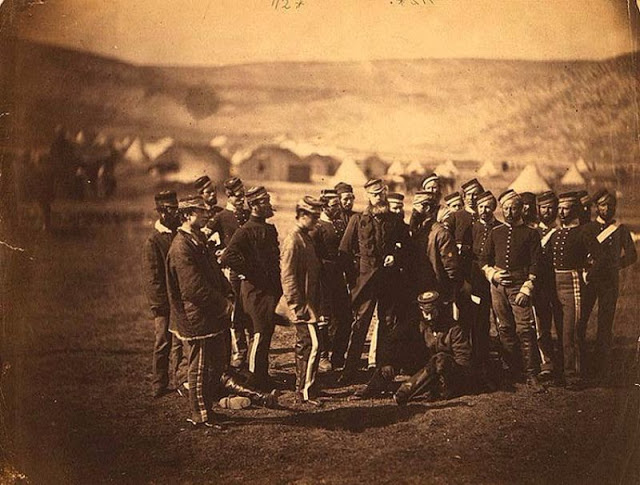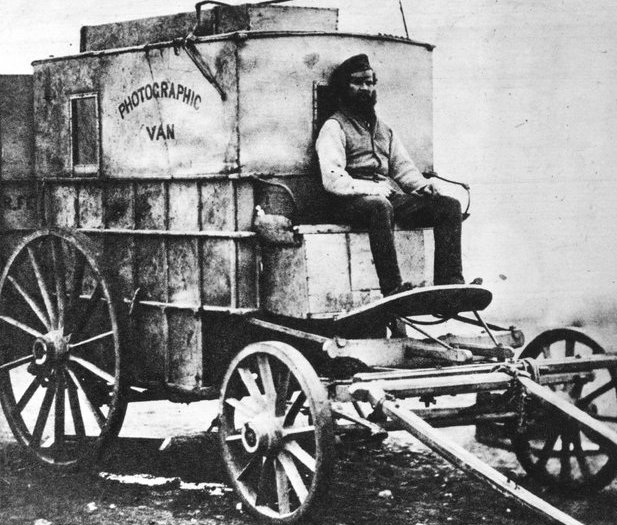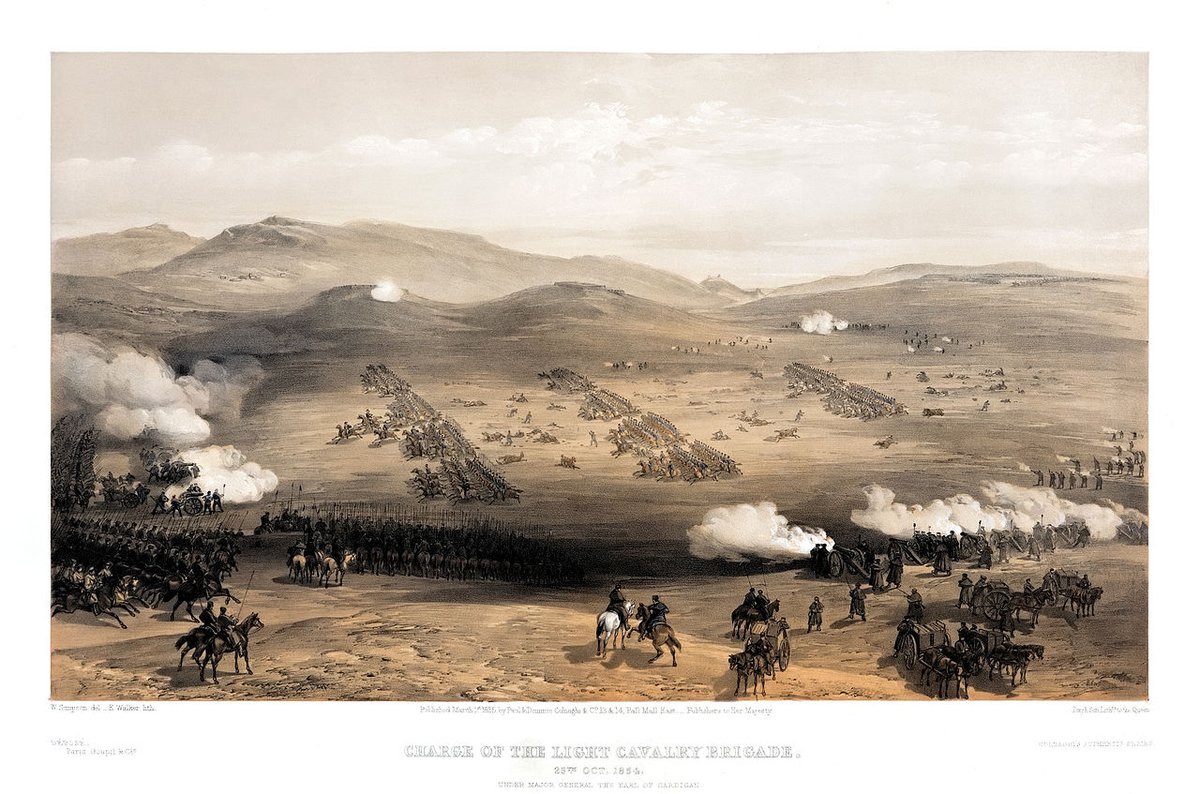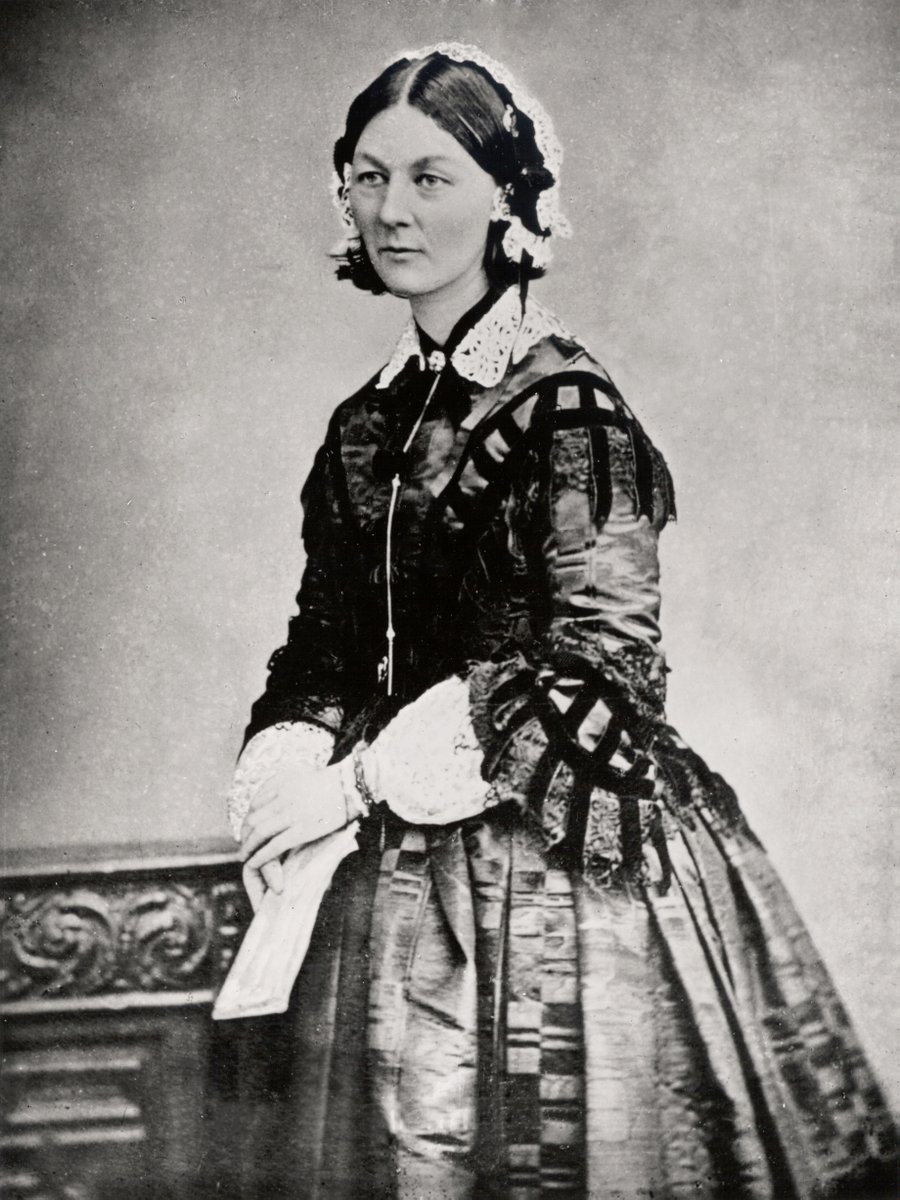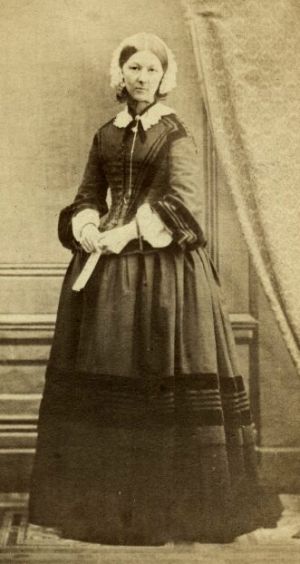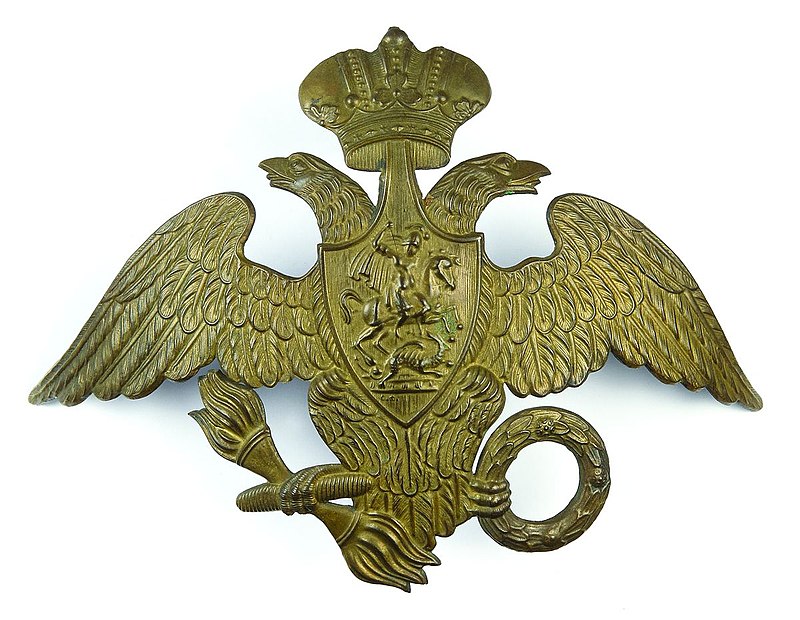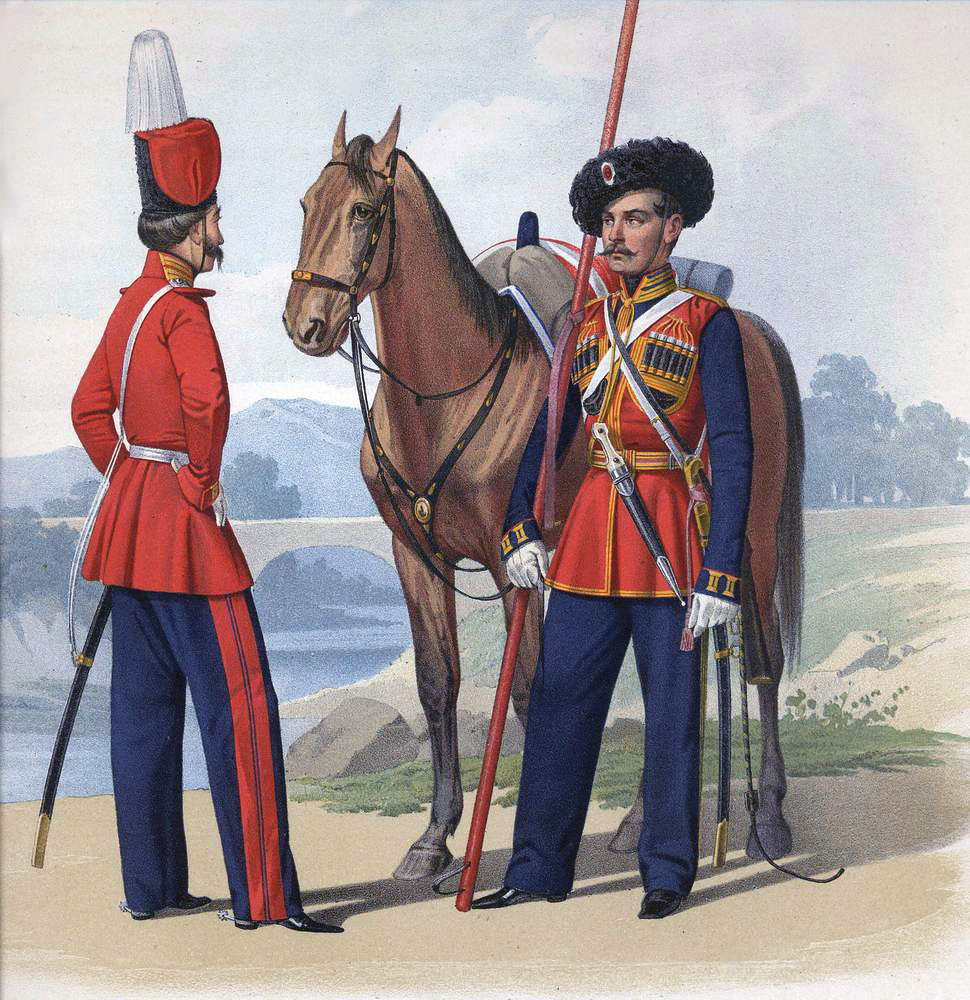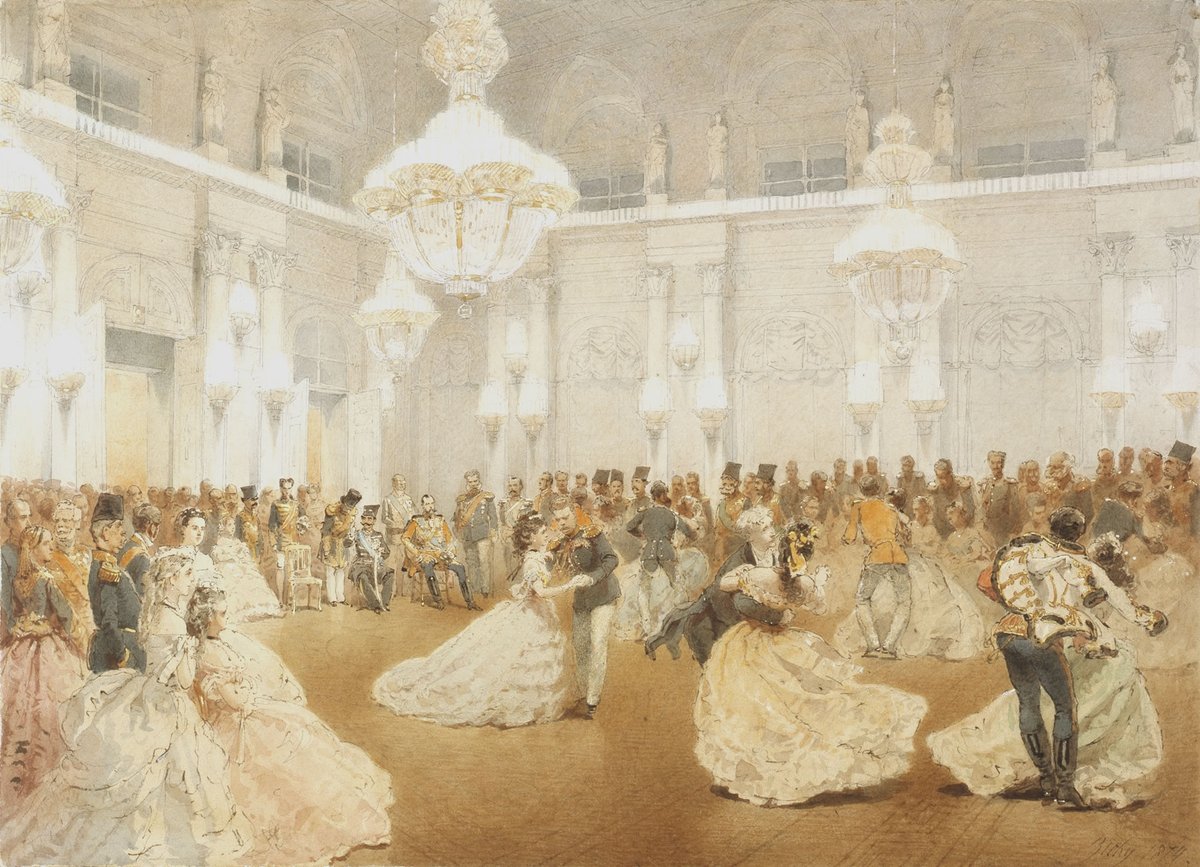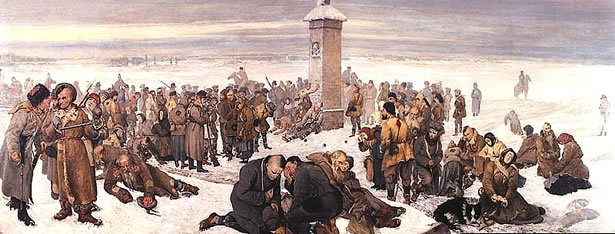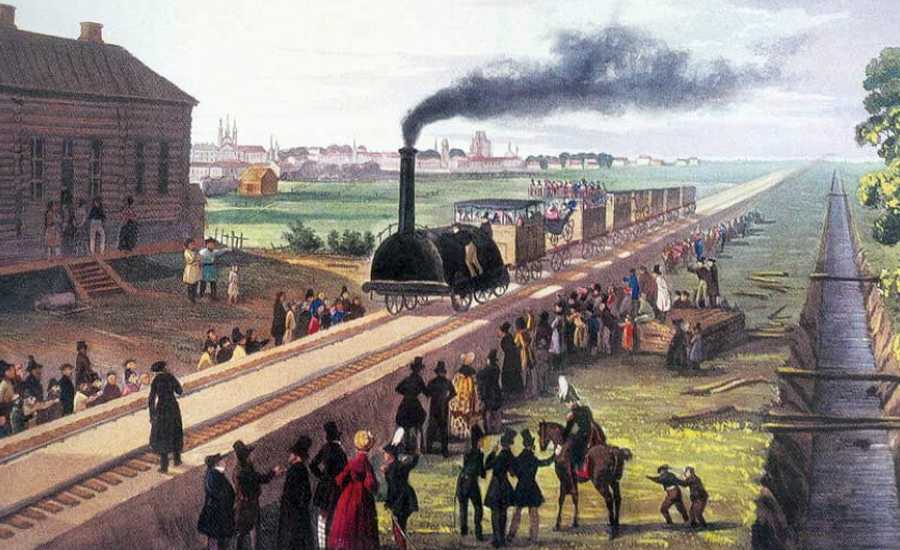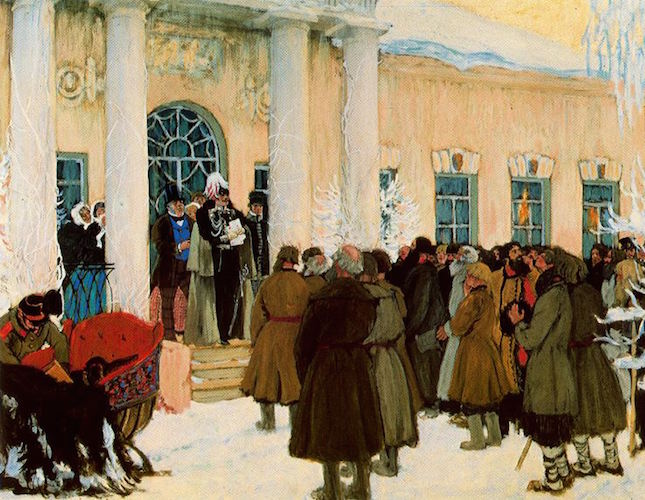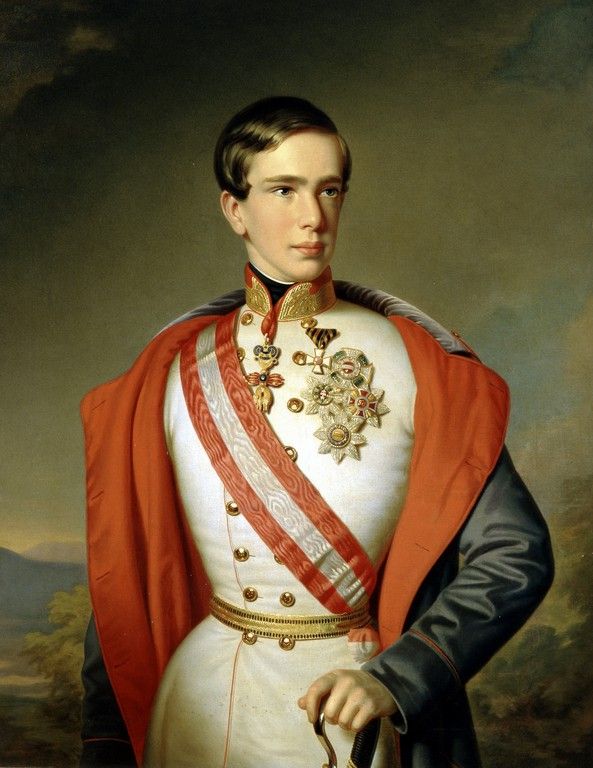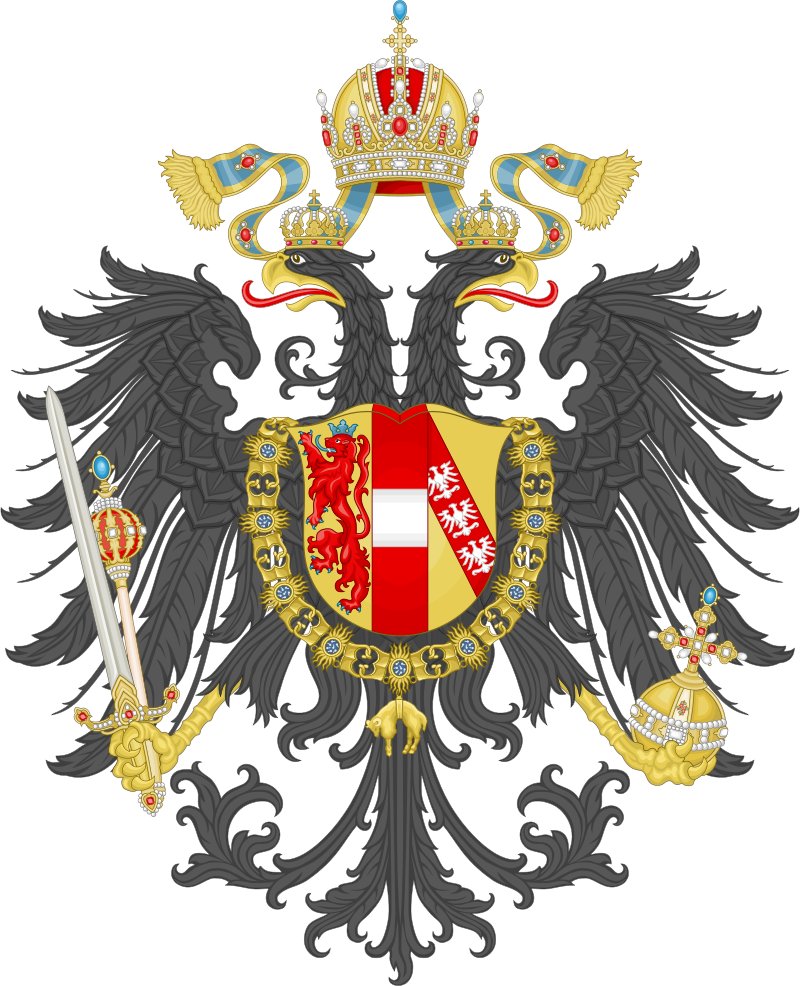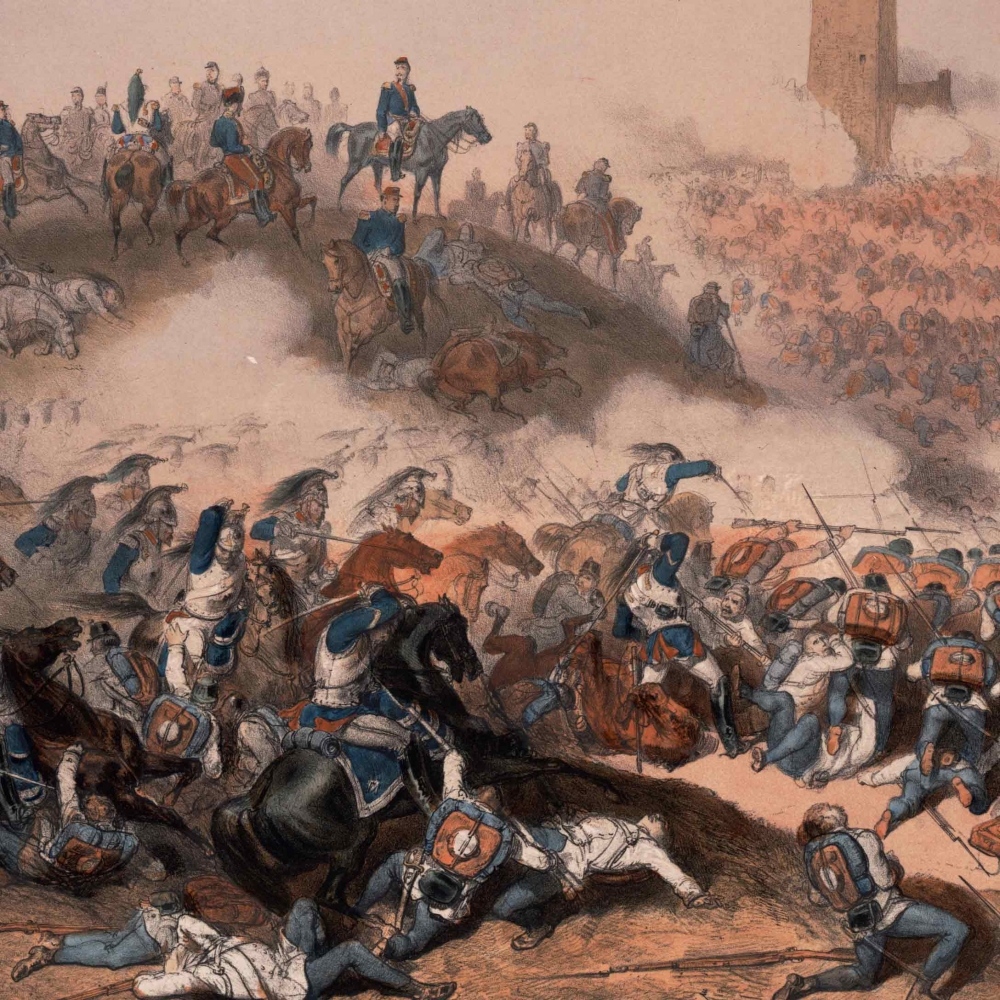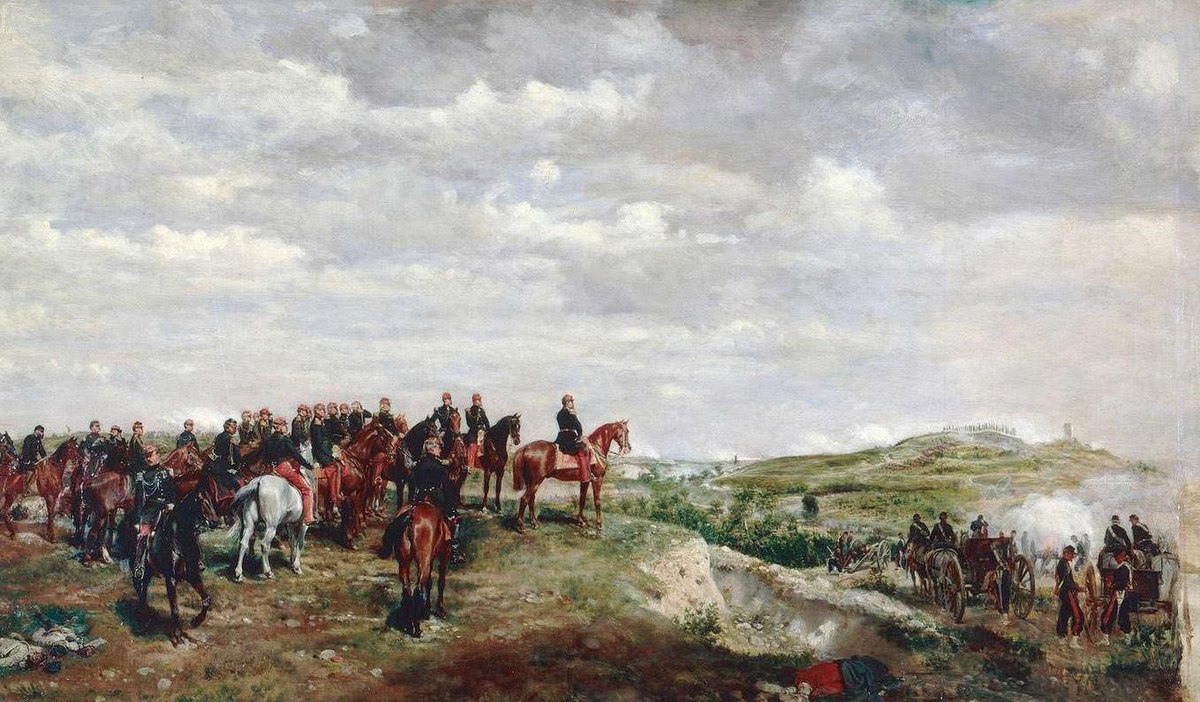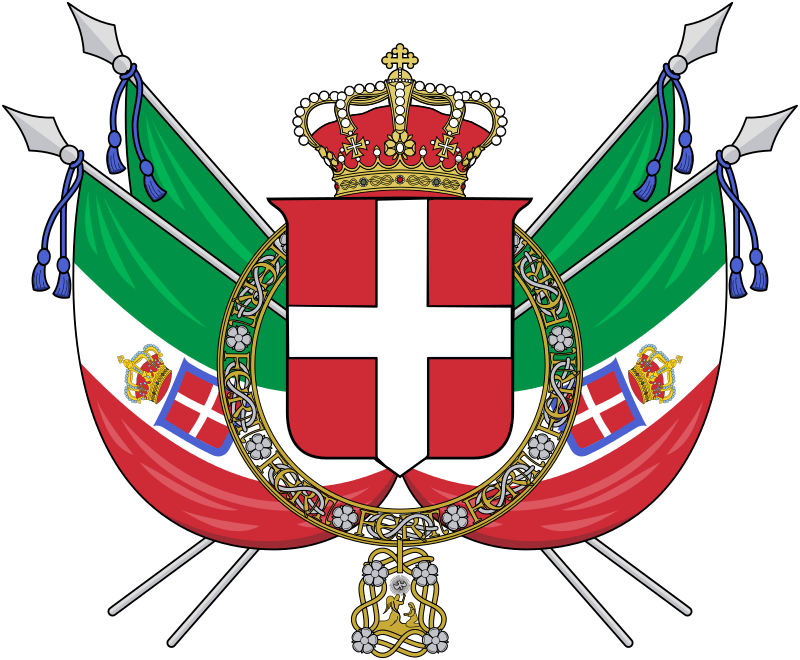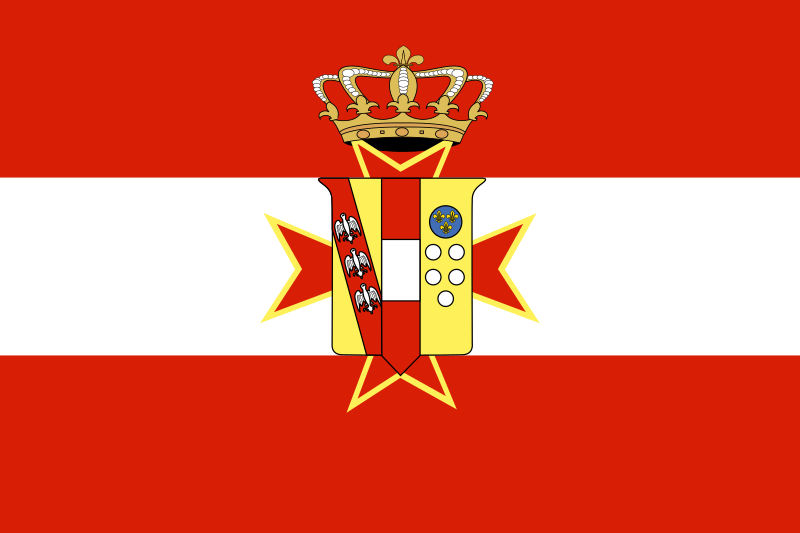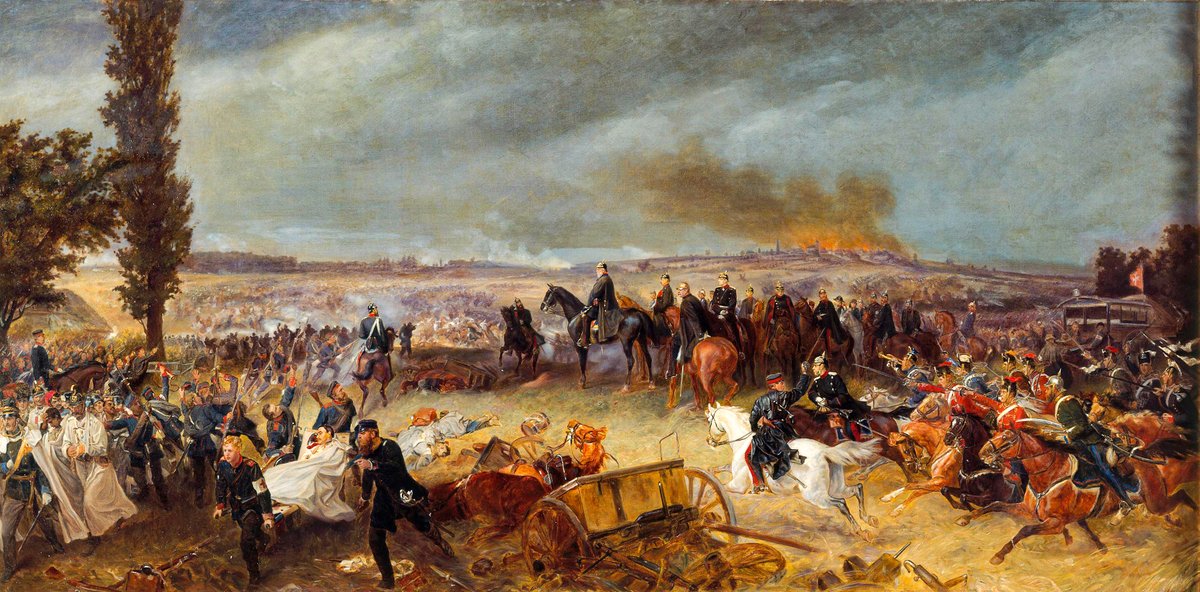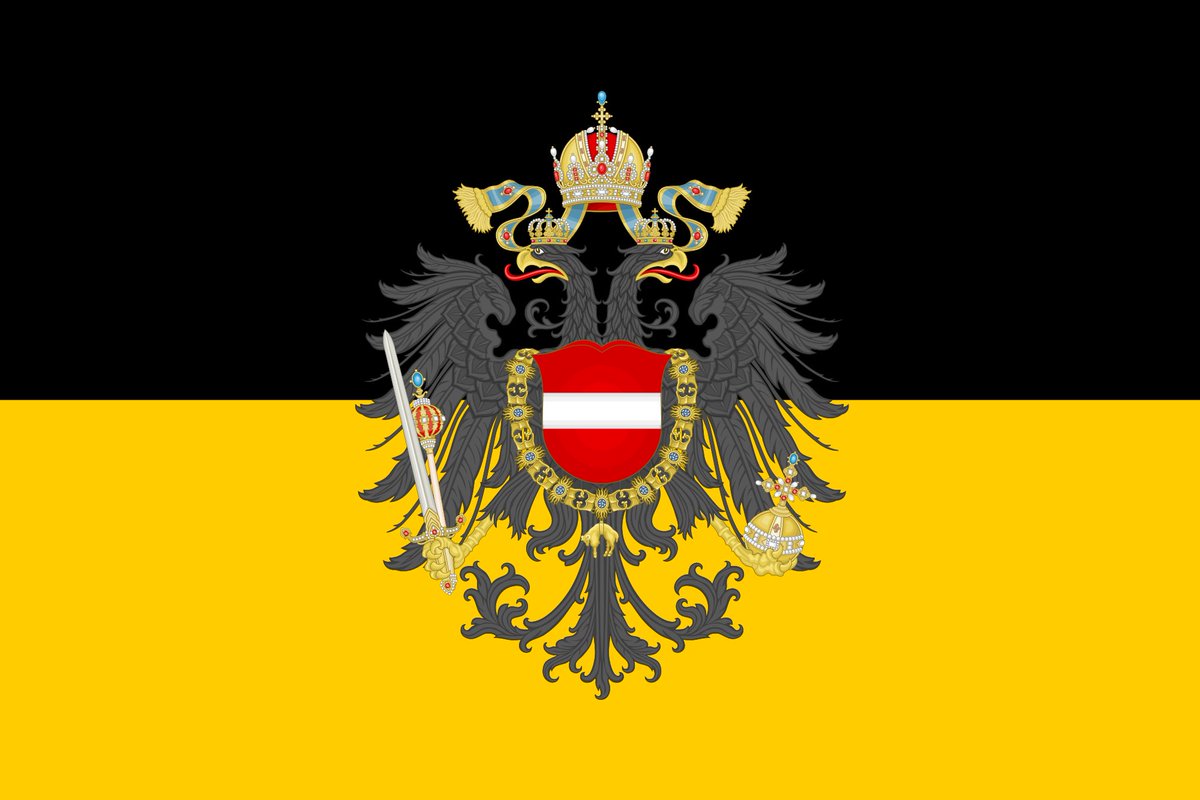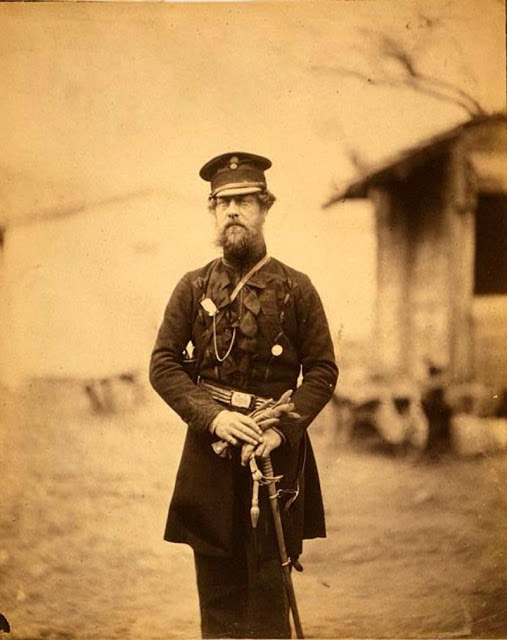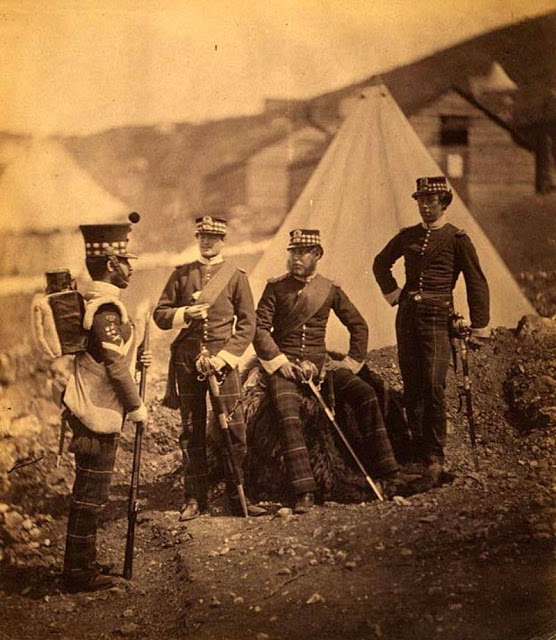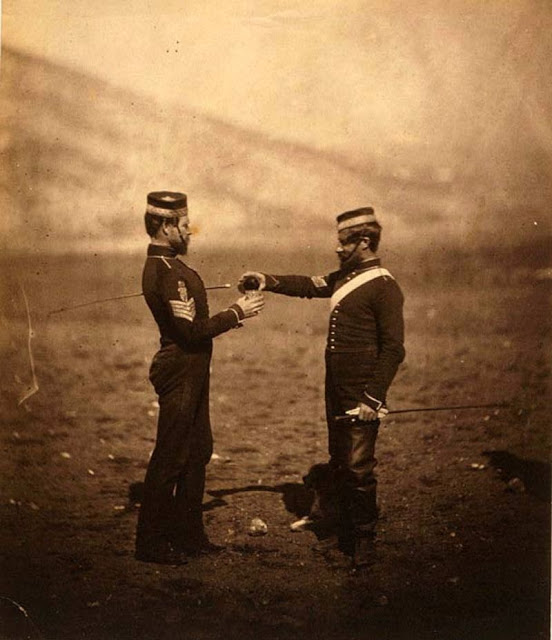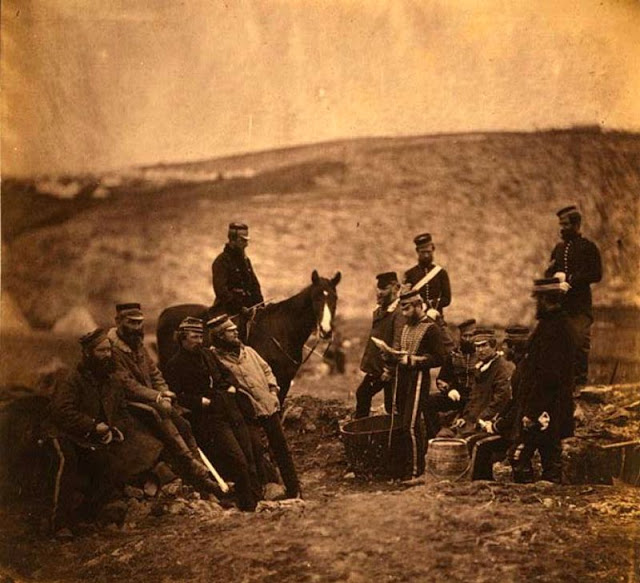The Crimean War was a military conflict fought from October 1853 to February 1856 in which Russia lost to an alliance made up of the Ottoman Empire, the United Kingdom, Sardinia and France.
The immediate cause of the war involved the rights of Christian minorities in the Holy Land, then a part of the Ottoman Empire. The French promoted the rights of Roman Catholics, while Russia promoted those of the Eastern Orthodox Church.
Longer-term causes involved the decline of the Ottoman Empire and the unwillingness of Britain and France to allow Russia to gain territory and power at the Ottoman Empire's expense. The war stood out for its "notoriously incompetent international butchery"
The Crimean War was a result of Russian pressure on Turkey; this threatened British commercial and strategic interests in the Middle East and India.
France, having provoked the crisis for prestige purposes, used the war to cement an alliance with Britain and to reassert its military power.
Supported by Britain, the Turks took a firm stand against the Russians, who occupied the Danubian principalities (modern Romania) on the Russo-Turkish border in July 1853. The British fleet was ordered to Constantinople (Istanbul) on September 23.
While the churches worked out their differences with the Ottomans and came to an agreement, the French Emperor Napoleon III and the Russian Emperor Nicholas I refused to back down.
Nicholas issued an ultimatum demanding that the Orthodox subjects of the Ottoman Empire be placed under his protection. Britain attempted to mediate and arranged a compromise that Nicholas agreed to.
When the Ottomans demanded changes to the agreement, Nicholas recanted and prepared for war. Having obtained promises of support from France and Britain, the Ottomans declared war on Russia.
On October 4 the Turks declared war on Russia and in the same month opened an offensive against the Russians in the Danubian principalities.
After the Russian Black Sea fleet destroyed a Turkish squadron at Sinope, on the Turkish side of the Black Sea, the British and French fleets entered the Black Sea on January 3, 1854, to protect Turkish transports.
On March 28 Britain and France declared war on Russia. To satisfy Austria and avoid having that country also enter the war, Russia evacuated the Danubian principalities. Austria occupied them in August 1854.
Anglo-French forces secured Istanbul before attacking Russia in the Black Sea, the Baltic, the Arctic, and the Pacific, supported by a maritime blockade.
In April 1854 an Anglo-French fleet entered the Baltic to attack the Russian naval base of Kronstadt and the Russian fleet stationed there.
In August 1854 the combined British and French fleet returned to Kronstadt for another attempt. The outnumbered Russian Baltic Fleet confined its movements to the areas around its fortifications.
In August 1854 a Franco-British naval force captured and destroyed the Russian Bomarsund fortress on Åland Islands.
At the same time, the British and French commanders considered the Sveaborg fortress too well-defended to engage.
Thus, shelling of the Russian batteries was limited to two attempts in 1854 and 1855, and initially, the attacking fleets limited their actions to blockading Russian trade in the Gulf of Finland.
In September 1854 the allies landed in the Crimea, planning to destroy Sevastopol and the Russian Fleet in six weeks before withdrawing to Turkey.
Anchoring on 13 September in the bay of Eupatoria, the town surrendered and 500 marines landed to occupy it. This town and bay would provide a fall back position in case of disaster.
The ships then sailed east to make the landing of the allied expeditionary force on the sandy beaches of Calamita Bay on the south west coast of the Crimean Peninsula.
The landing surprised the Russians, as they had expected a landing at Katcha; the last-minute change proving that Russia had known the original campaign plan. There was no sign of the enemy and the invading troops all landed on 14 September 1854.
The landing took place north of Sevastopol, so the Russians had arrayed their army in expectation of a direct attack. The allies advanced and on the morning of 20 September came up to the River Alma and engaged the Russian army.
The position was strong, but after three hours, the allied frontal attack had driven the Russians out of their dug-in positions with losses of 6,000 men. The Battle of the Alma resulted in 3,300 Allied losses.
Failing to pursue the retreating forces was one of many strategic errors made during the war, and the Russians themselves noted that had the Allies pressed south that day they would have easily captured Sevastopol.
The Allied army moved without problems to the south and the heavy artillery was brought ashore with batteries and connecting trenches built so that by 10 October some batteries were ready and by 17 October
—when the bombardment commenced—126 guns were firing, 53 of them French.The fleet at the same time engaged the shore batteries. The British bombardment worked better than that of the French, who had smaller-calibre guns.
The fleet suffered high casualties during the day. The British wanted to attack that afternoon, but the French wanted to defer the attack. A postponement was agreed, but on the next day the French were still not ready.
By 19 October the Russians had transferred some heavy guns to the southern defences and outgunned the allies.
Reinforcements for the Russians gave them the courage to send out probing attacks. The Allied lines, beginning to suffer from cholera as early as September, were stretched.
The French, on the west had less to do than the British on the east with their siege lines and the large nine-mile open wing back to their supply base on the south coast.
-at Balaklava on October 25: A large Russian assault on the allied supply base to the southeast at Balaclava was rebuffed on 25 October 1854. The Battle of Balaclava is remembered in the UK for the actions of two British units.
Soon after, a Russian cavalry movement was countered by the Heavy Brigade, who charged and fought hand-to-hand until the Russians retreated.
Finally, on September 11, 1855, three days after a successful French assault on the Malakhov, a major strongpoint in the Russian defenses, the Russians blew up the forts, sank the ships, and evacuated Sevastopol.
At this point, both sides were exhausted, and no further military operations were launched in the Crimea before the onset of winter.
The main objective of the siege, the destruction of the Russian fleet and docks, took place over the winter. On 28 February, multiple mines blew up the five docks, the canal, and three locks
Russia depended on imports—both for its domestic economy and for the supply of its military forces: the blockade forced Russia to rely on more expensive overland shipments from Prussia.
The blockade seriously undermined the Russian export economy and helped shorten the war.
For the campaign of 1856, Britain and France planned an attack on the main base of the Russian Navy in the Baltic sea - Kronstadt. The attack was to be carried out using armored floating batteries.
Undoubtedly, this threat contributed on the part of Russia the decision on the conclusion of peace on unfavourable terms.
Dissatisfaction with the conduct of the war was growing with the public in Britain and in other countries, aggravated by reports of fiascos, especially the devastating losses of the Charge of the Light Brigade at the Battle of Balaclava.
On Sunday, 21 January 1855, a "snowball riot" occurred in Trafalgar Square near St Martin-in-the-Fields in which 1,500 people gathered to protest against the war by pelting buses, cabs and pedestrians with snow balls.
When the police intervened, the snowballs were directed at the officers. The riot was finally put down by troops and police acting with truncheons.
In Parliament, Tories demanded an accounting of all soldiers, cavalry and sailors sent to the Crimea and accurate figures as to the number of casualties that had been sustained by all British armed forces in the Crimea; they were especially concerned with the Battle of Balaclava.
When Parliament passed a bill to investigate by the vote of 305 to 148, Aberdeen said he had lost a vote of no confidence and resigned as prime minister on 30 January 1855.
The veteran former Foreign Secretary Lord Palmerston became prime minister. Palmerston took a hard line; he wanted to expand the war, foment unrest inside the Russian Empire, and permanently reduce the Russian threat to Europe.
France, which had sent far more soldiers to the war and suffered far more casualties than Britain, wanted the war to end, as did Austria. Forced to accept defeat, Russia sought peace.
It had lost more than 500,000 troops, mostly to disease, malnutrition, and exposure; its economy was ruined, and its primitive industries were incapable of producing modern weapons.
Allied war aims were limited to securing Turkey, although for reasons of prestige Napoleon III wanted a European conference to secure his dynasty.
The Treaty of Paris, signed on March 30, 1856, preserved Ottoman rule in Turkey until 1914, crippled Russia, facilitated the unification of Germany, and revealed the power of Britain and the importance of sea power in global conflict.
It had a major influence on the conduct of the American Civil War. The use of the term Crimean and a fascination with striking events such as “the Charge of the Light Brigade,” have obscured the scale and significance of the conflict.
The Crimean War was managed and commanded very poorly on both sides. Disease accounted for a disproportionate number of the casualties lost by each side.
Improvements made to the field hospital at Üsküdar by British nurse Florence Nightingale revolutionized the treatment of wounded soldiers and paved the way for later developments in battlefield medicine.
The war did not settle the relations of the powers in eastern Europe. It did awaken the new Russian emperor Alexander II (who succeeded Nicholas I in March 1855) to the need to overcome Russia’s backwardness in order to compete successfully with the other European powers.
The Crimean War was one of the first conflicts in which the military used modern technologies such as explosive naval shells, railways, and telegraphs.
As the legend of the "Charge of the Light Brigade" demonstrates, the war quickly became an symbol of logistical, medical, and tactical failures and mismanagement.
The reaction in Britain led to a demand for professionalisation, most famously achieved by Florence Nightingale, who gained worldwide attention for pioneering modern nursing while treating the wounded.
The Crimean War marked a turning point for the Russian Empire. The war weakened the Imperial Russian Army, drained the treasury and undermined Russia's influence in Europe. Russia would take decades to recover.
The humiliation forced Russia's educated elites to identify the Empire's problems and to recognize the need for fundamental reforms. They saw rapid modernization of the country as its sole way to recover the status of a European power.
The war thus became a catalyst for reforms of Russia's social institutions, including the abolition of serfdom and overhauls in the justice system, in local self-government, in education, and in military service.
The treaty punished the defeated Russia, but in the long run, Austria lost the most from the war despite having barely taken part in it.
Having abandoned its alliance with Russia, Austria remained diplomatically isolated following the war,which contributed to its disastrous defeats in the 1859 Franco-Austrian War
that resulted in the cession of Lombardy to the Kingdom of Sardinia and later in the loss of the Habsburg rule of Tuscany and Modena, which meant the end of Austrian influence in peninsular Italy.
Furthermore, Russia did not do anything to assist its former ally, Austria, in the 1866 Austro-Prussian War,when Austria lost Venetia and, more importantly, its influence in most German-speaking lands.
The status of Austria as a great power, with the unifications of Germany and Italy, now became very precarious.
 The End
The End 
Thank you for reading until the end! I hope you learnt something about this war and that you liked this thread!

 Read on Twitter
Read on Twitter